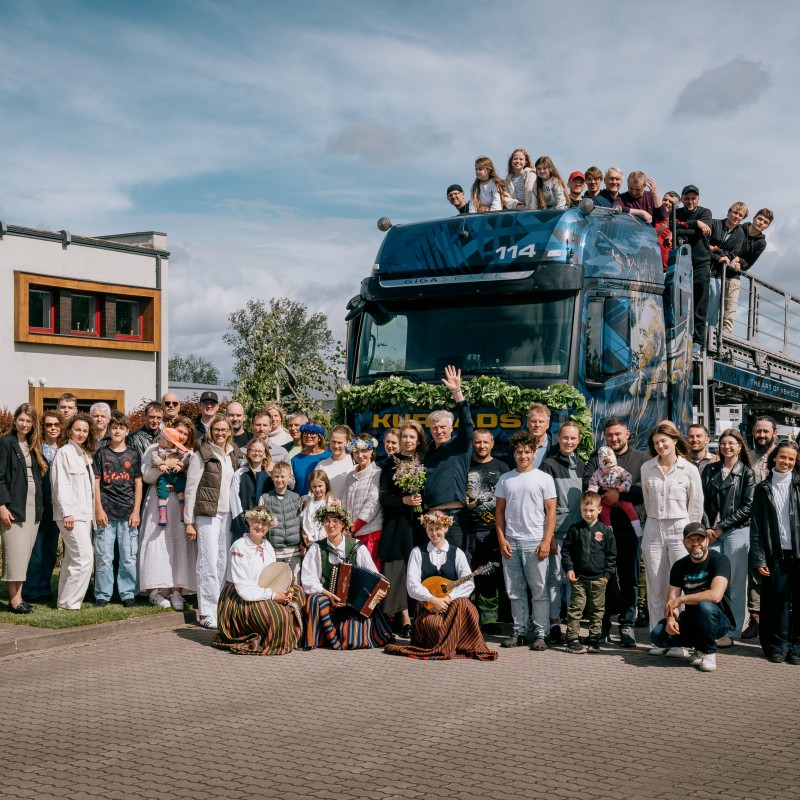

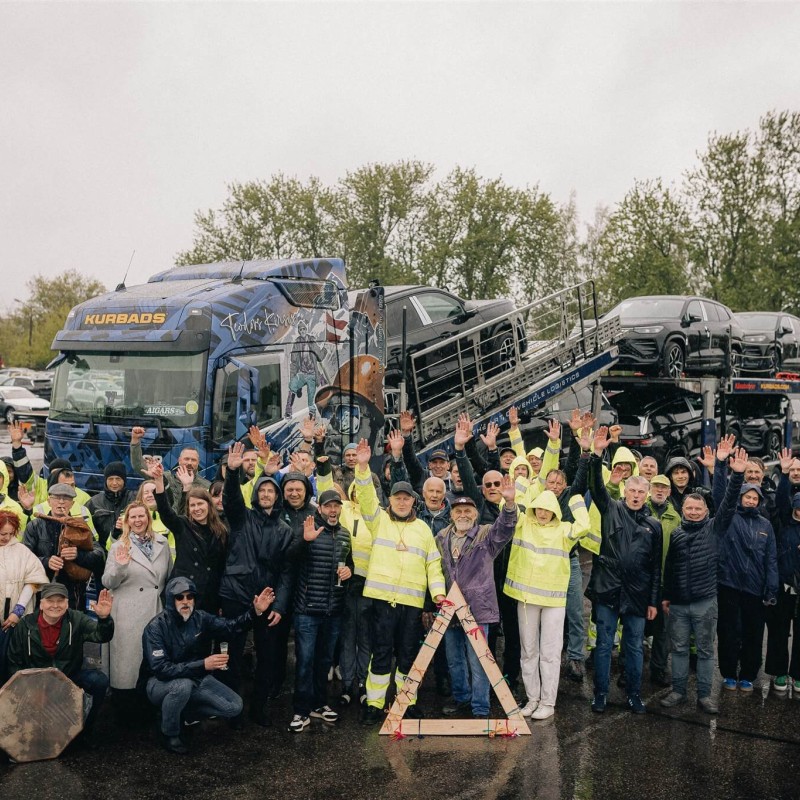


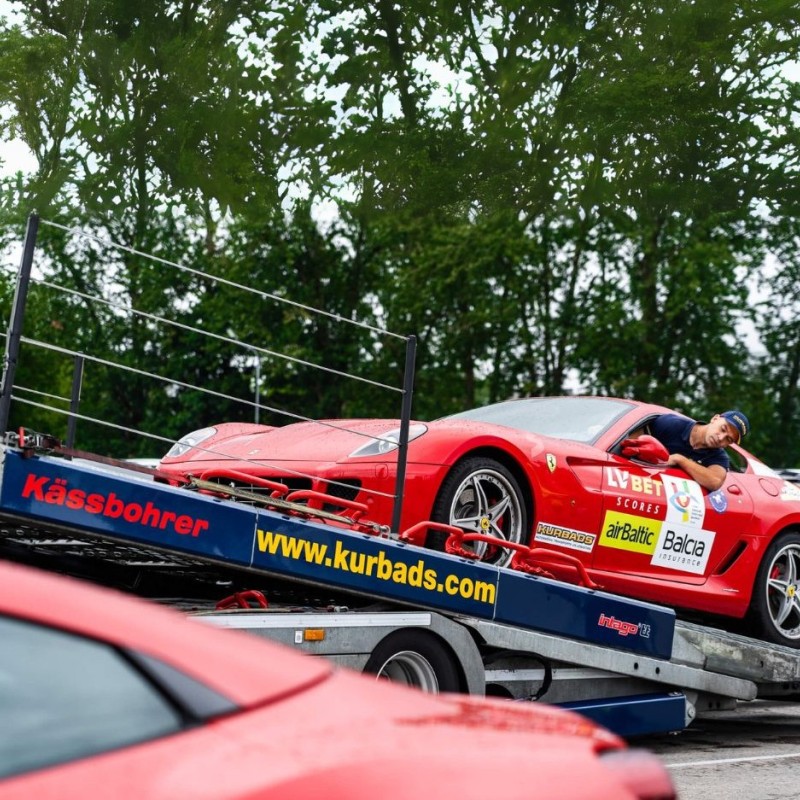
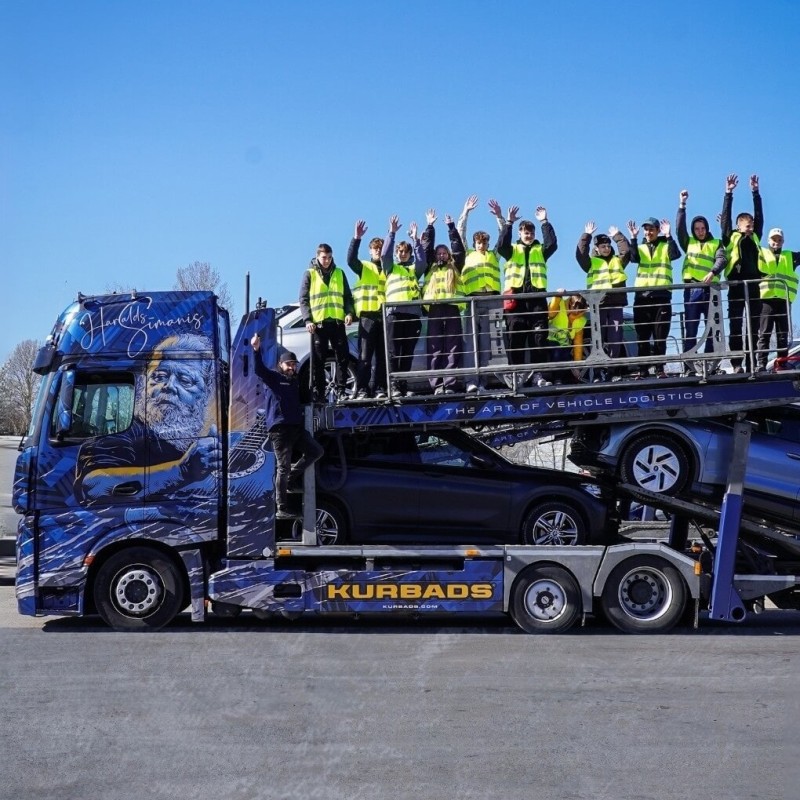
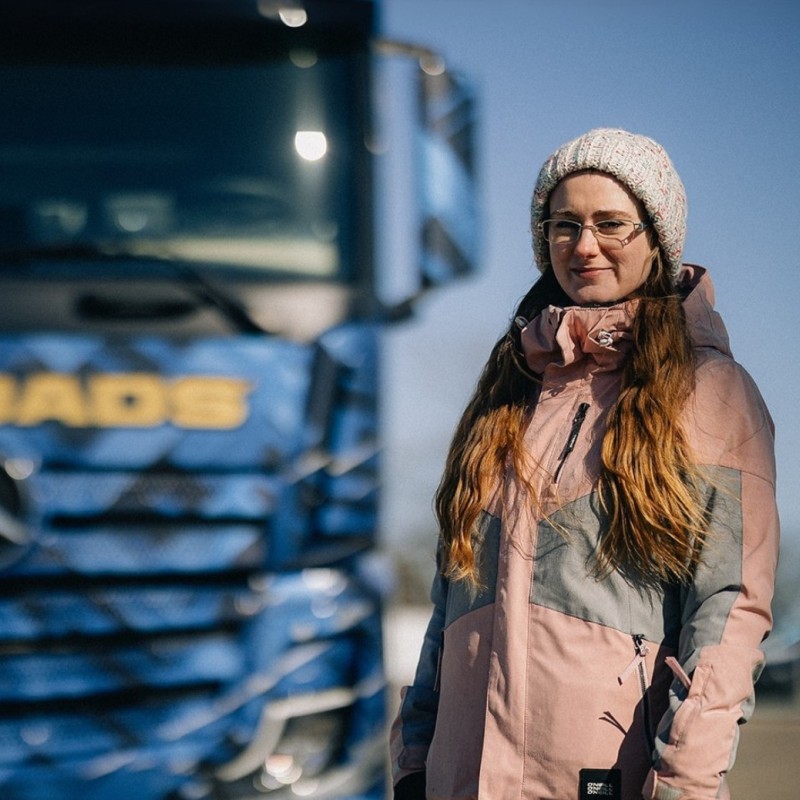
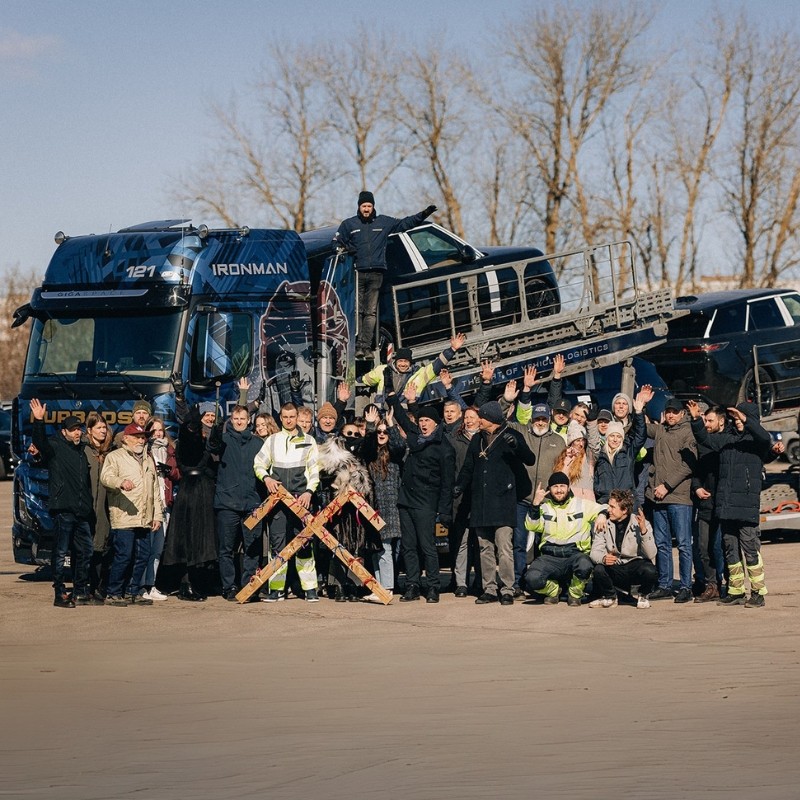
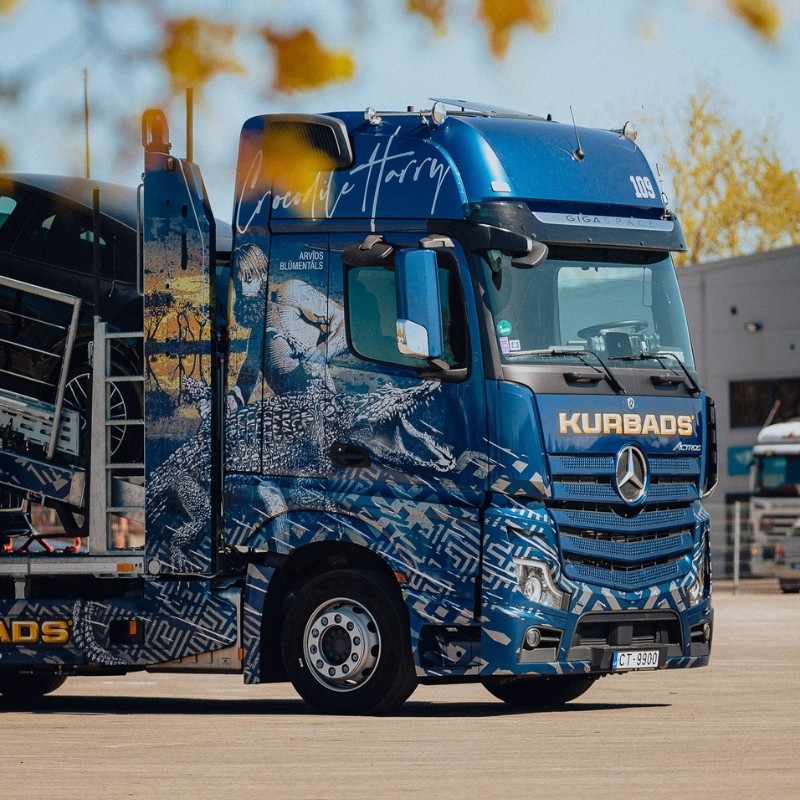

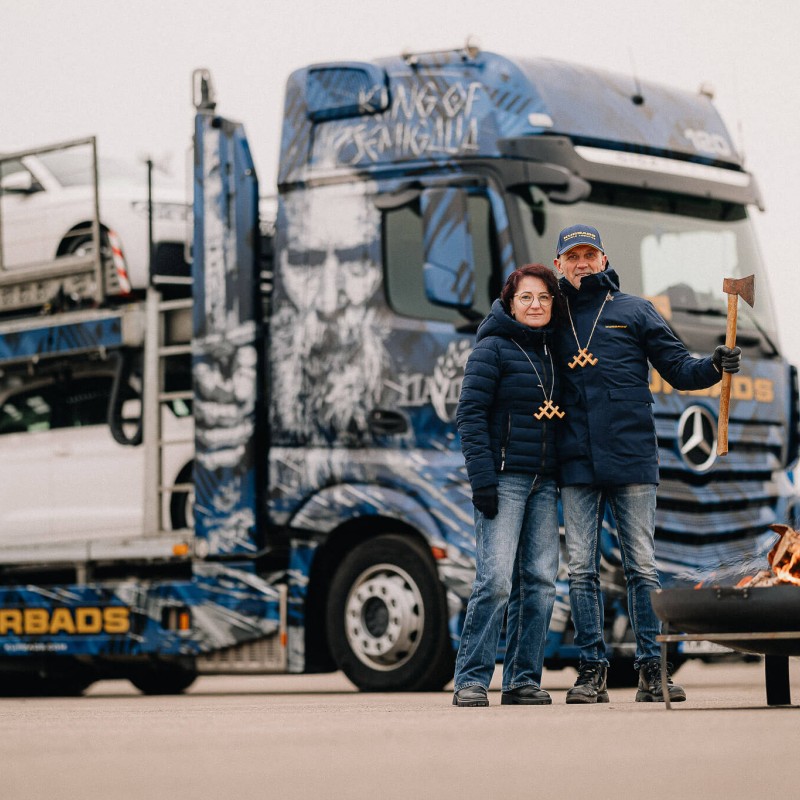
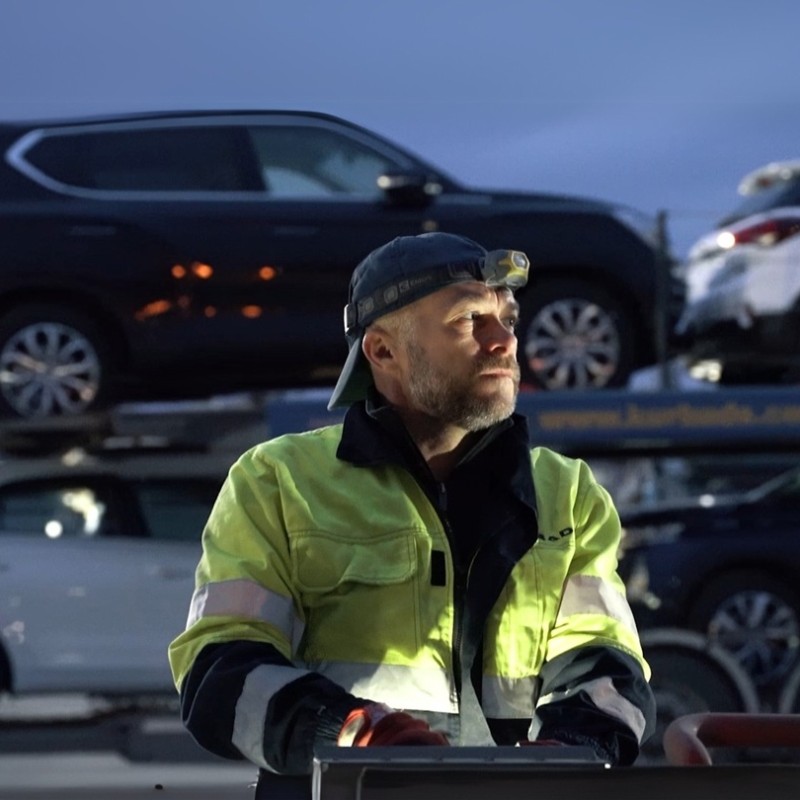






















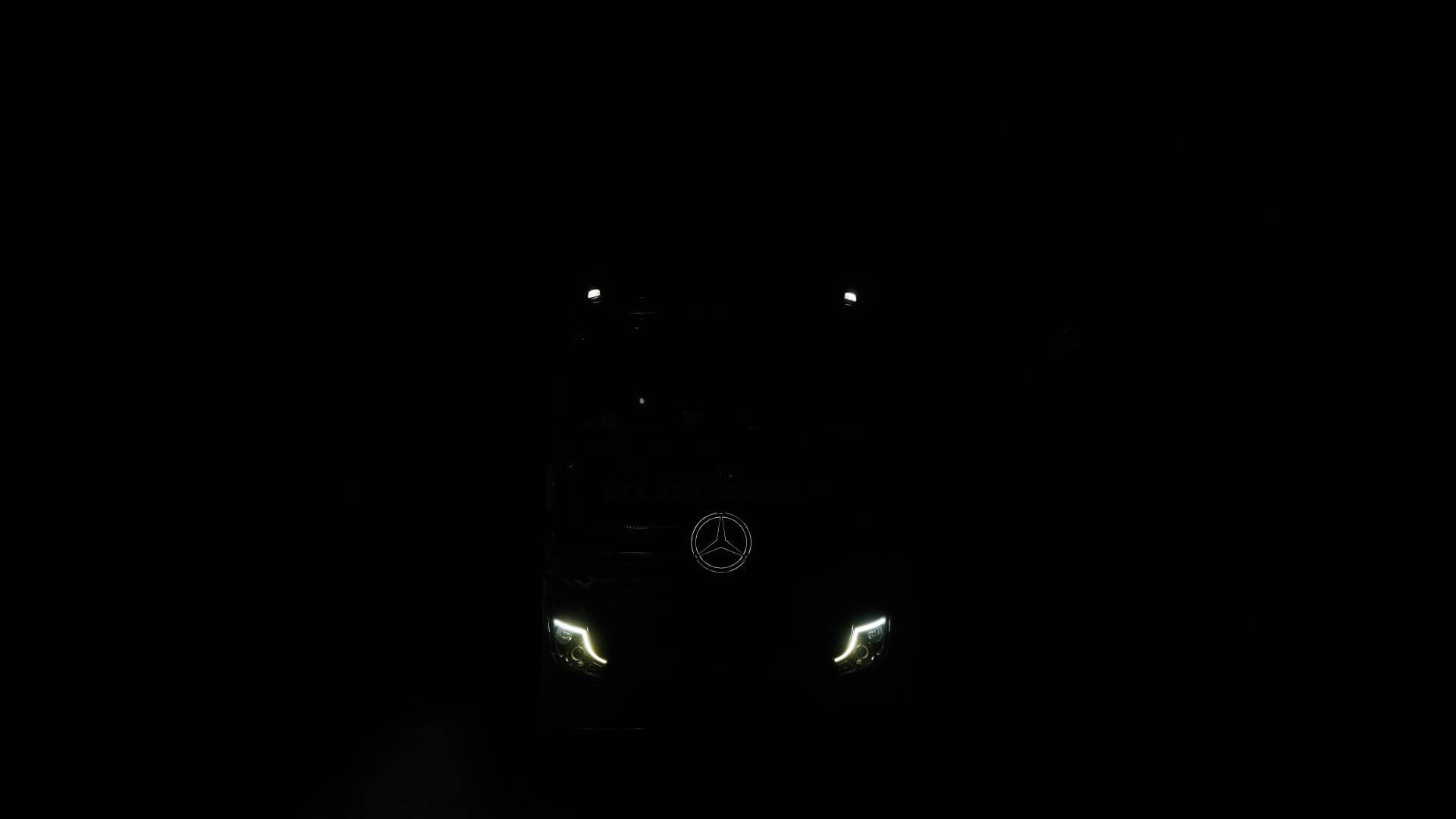
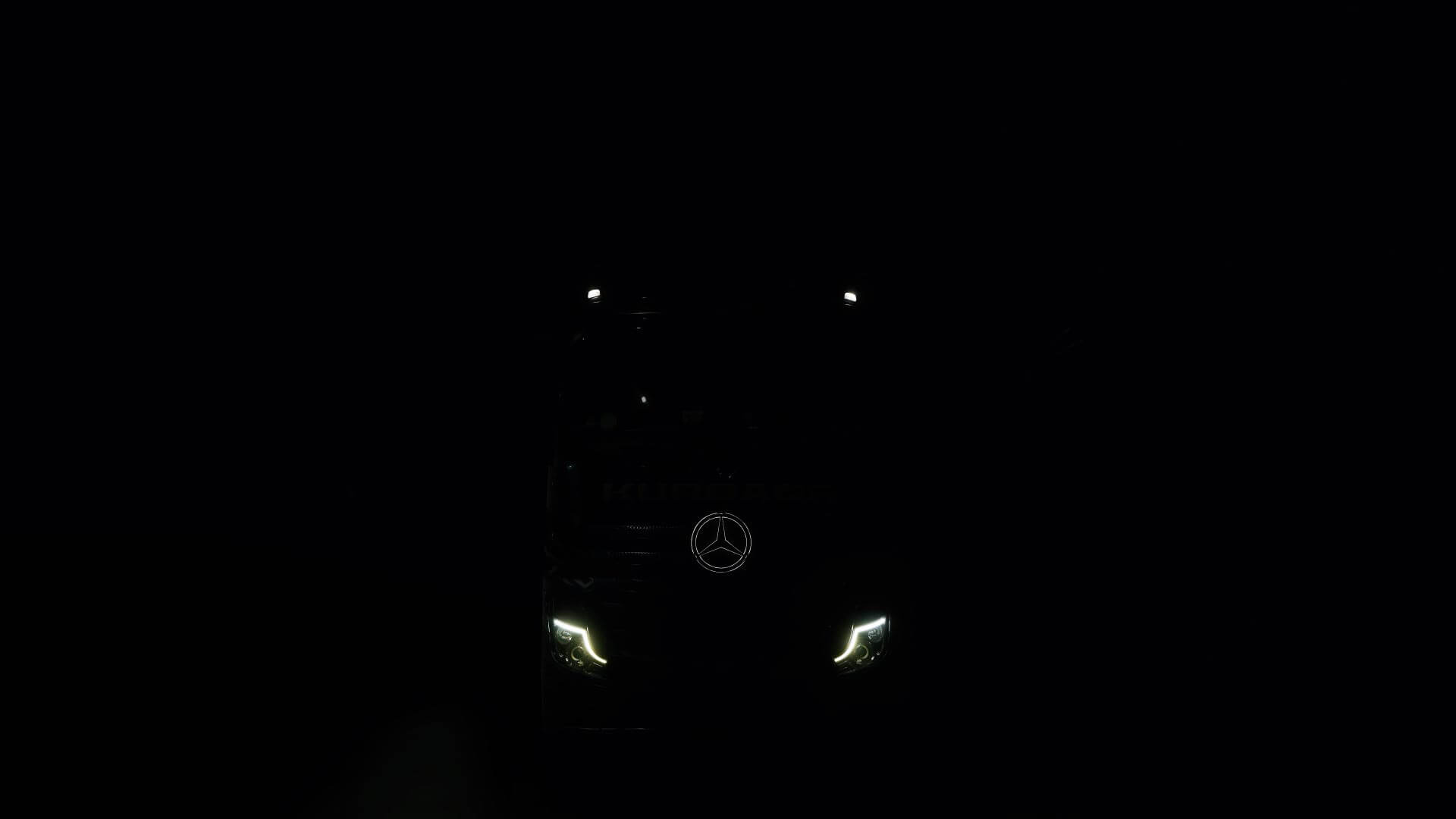
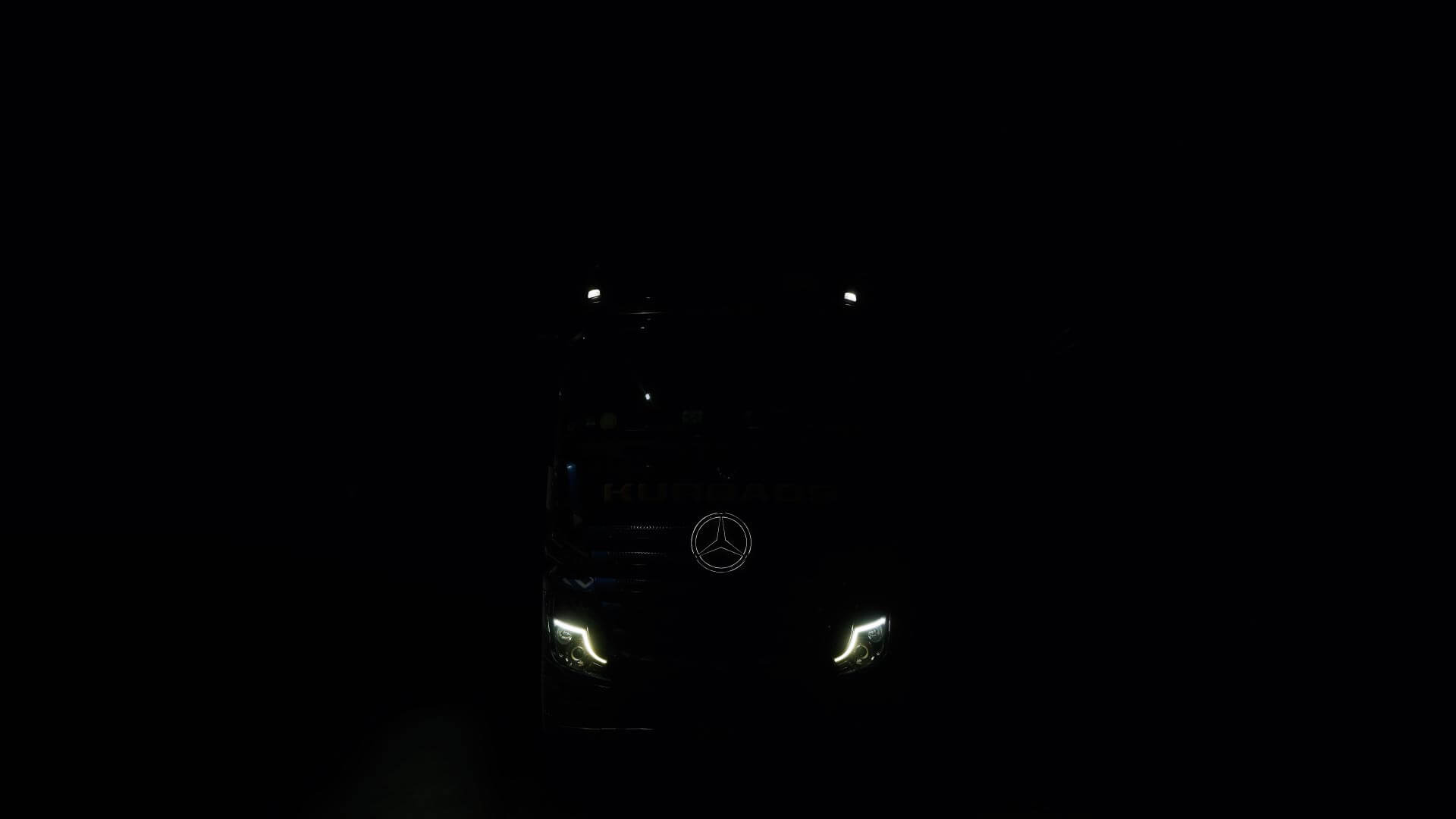
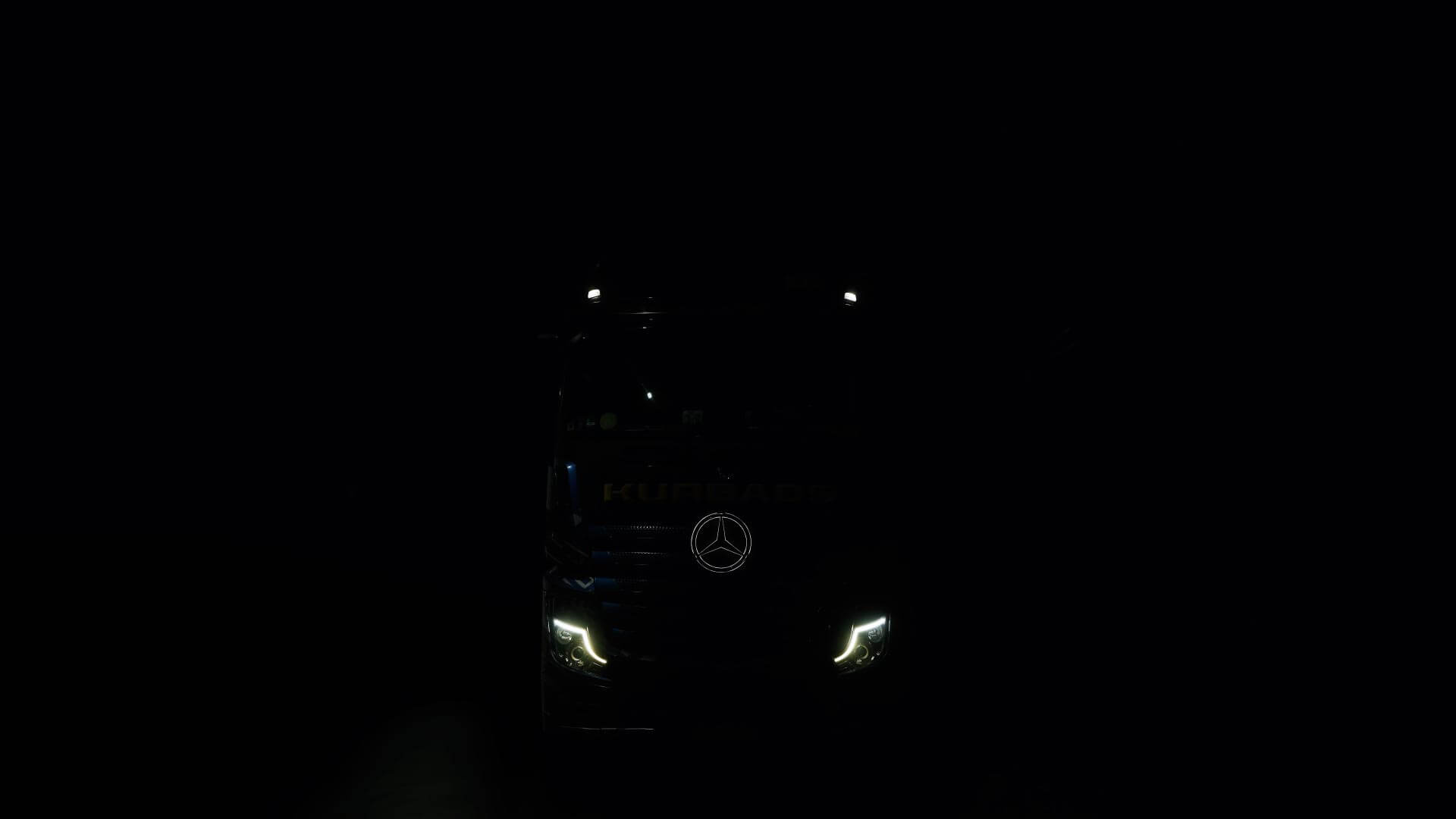
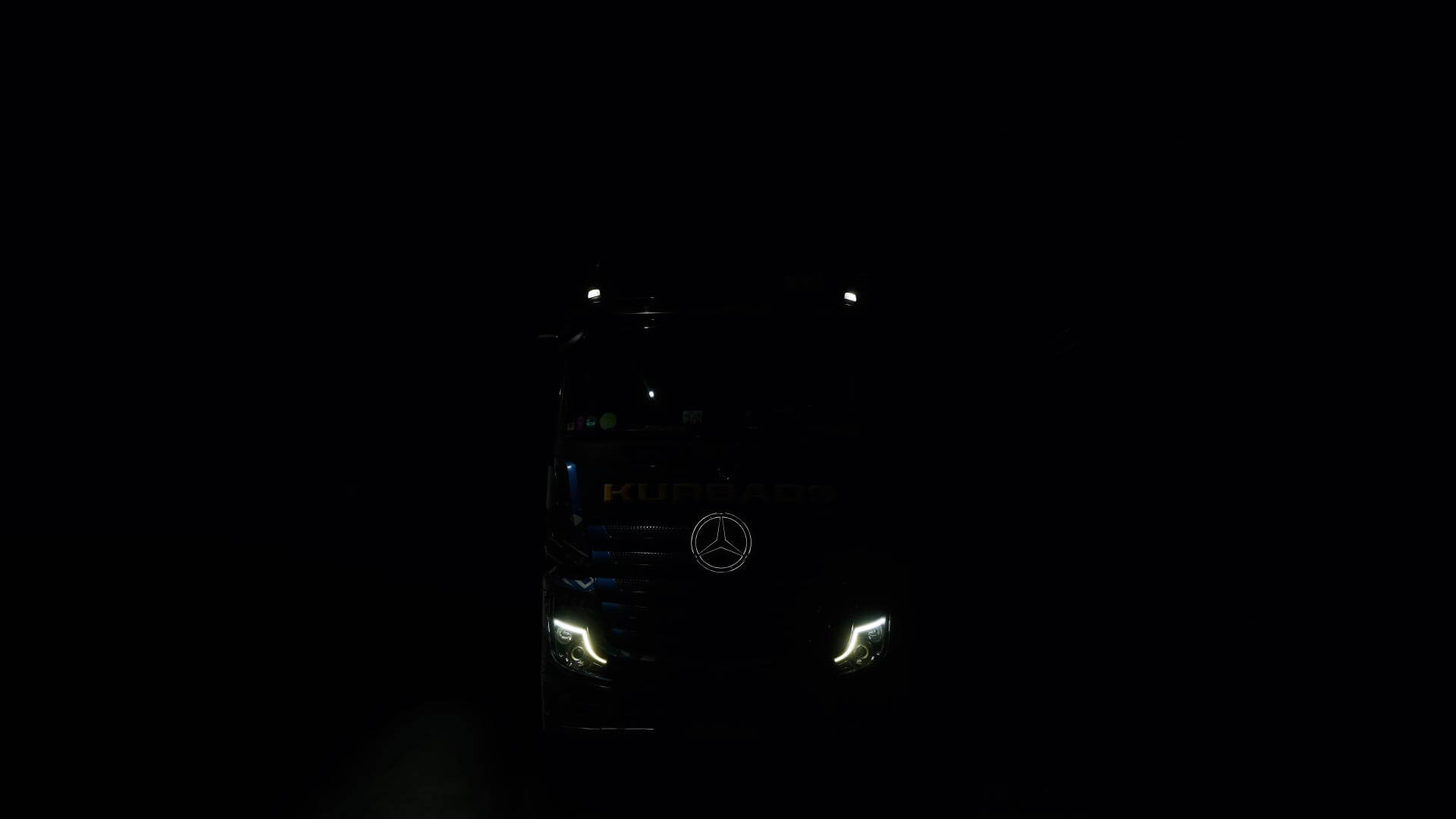
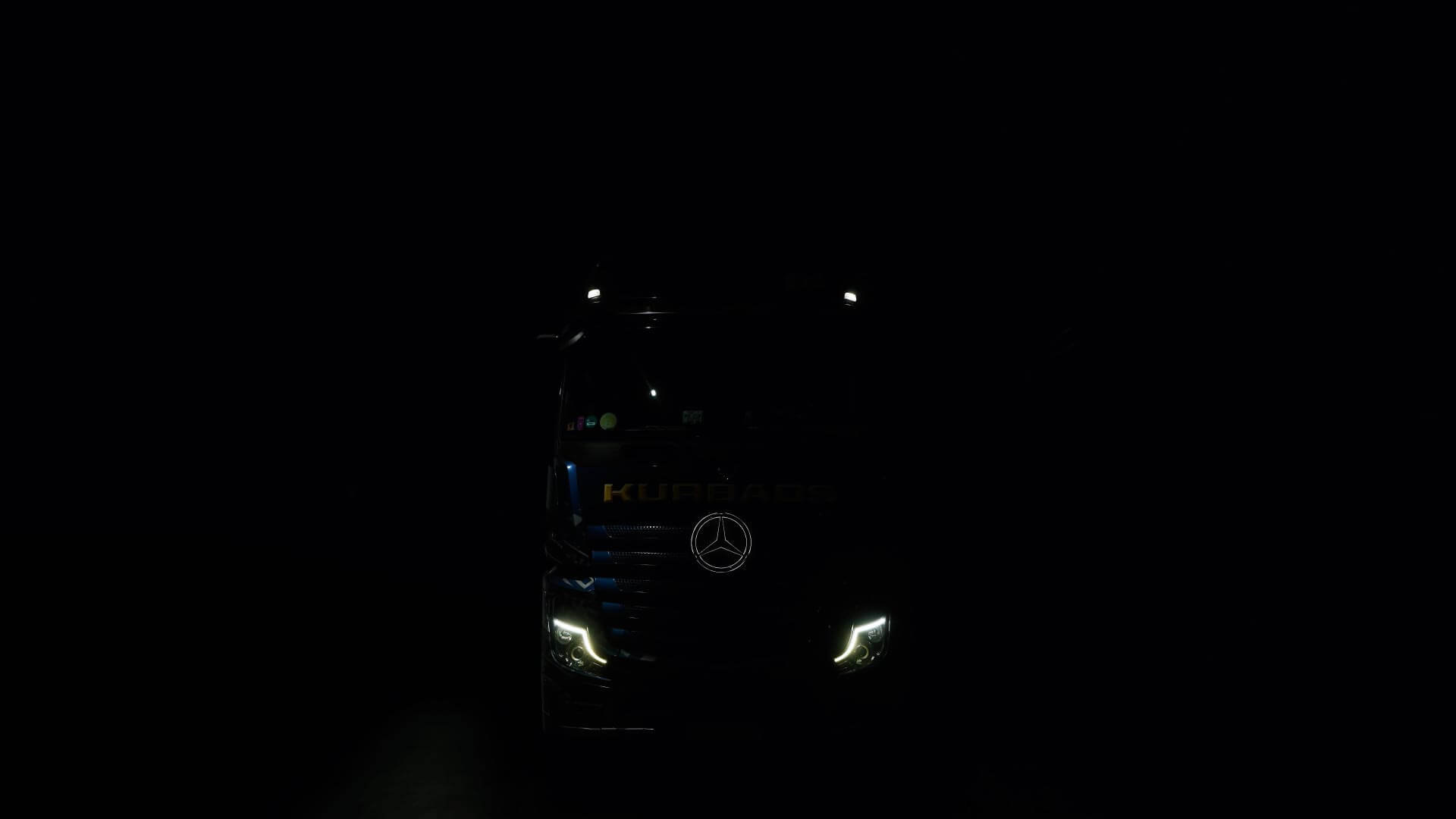
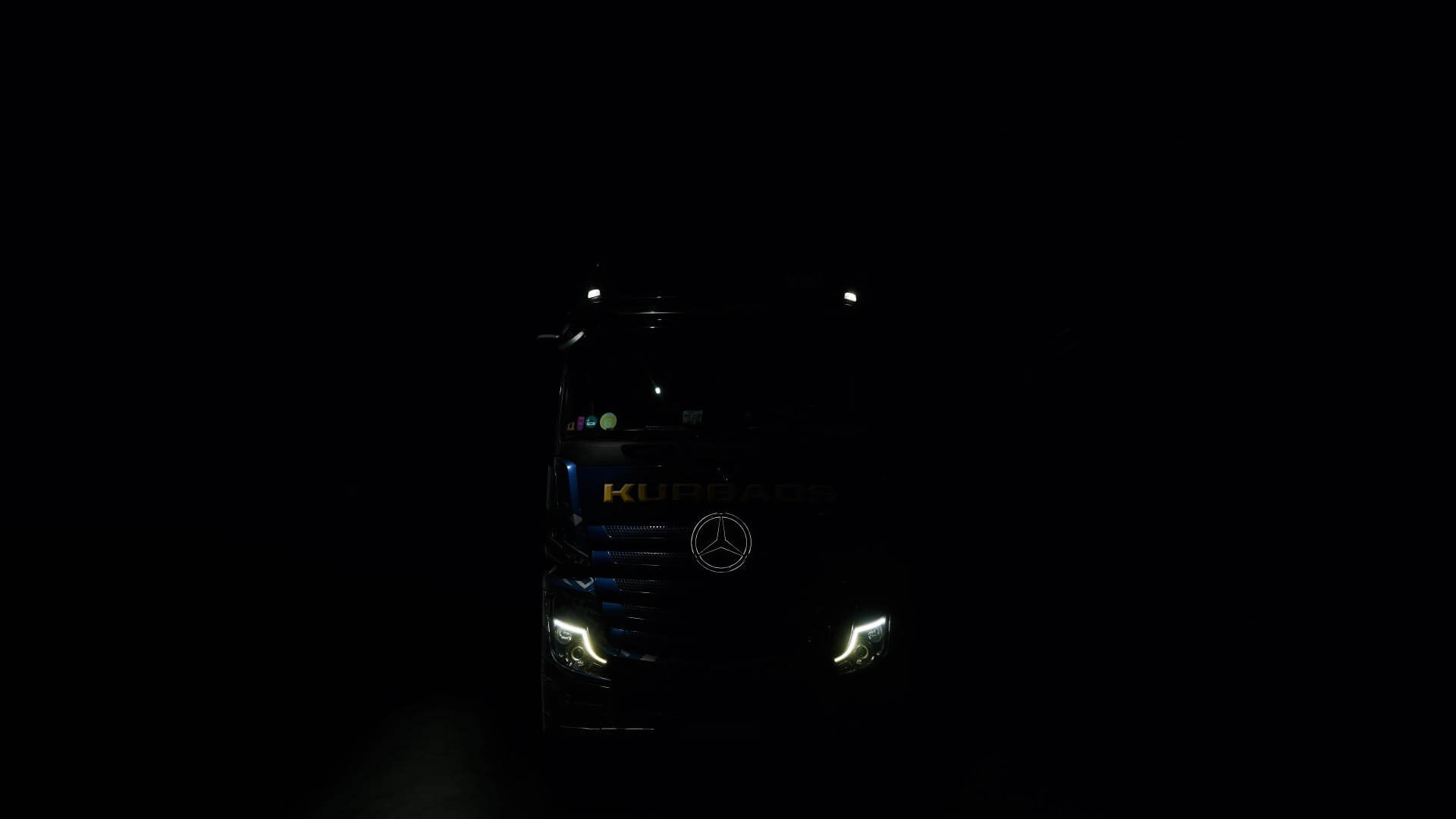
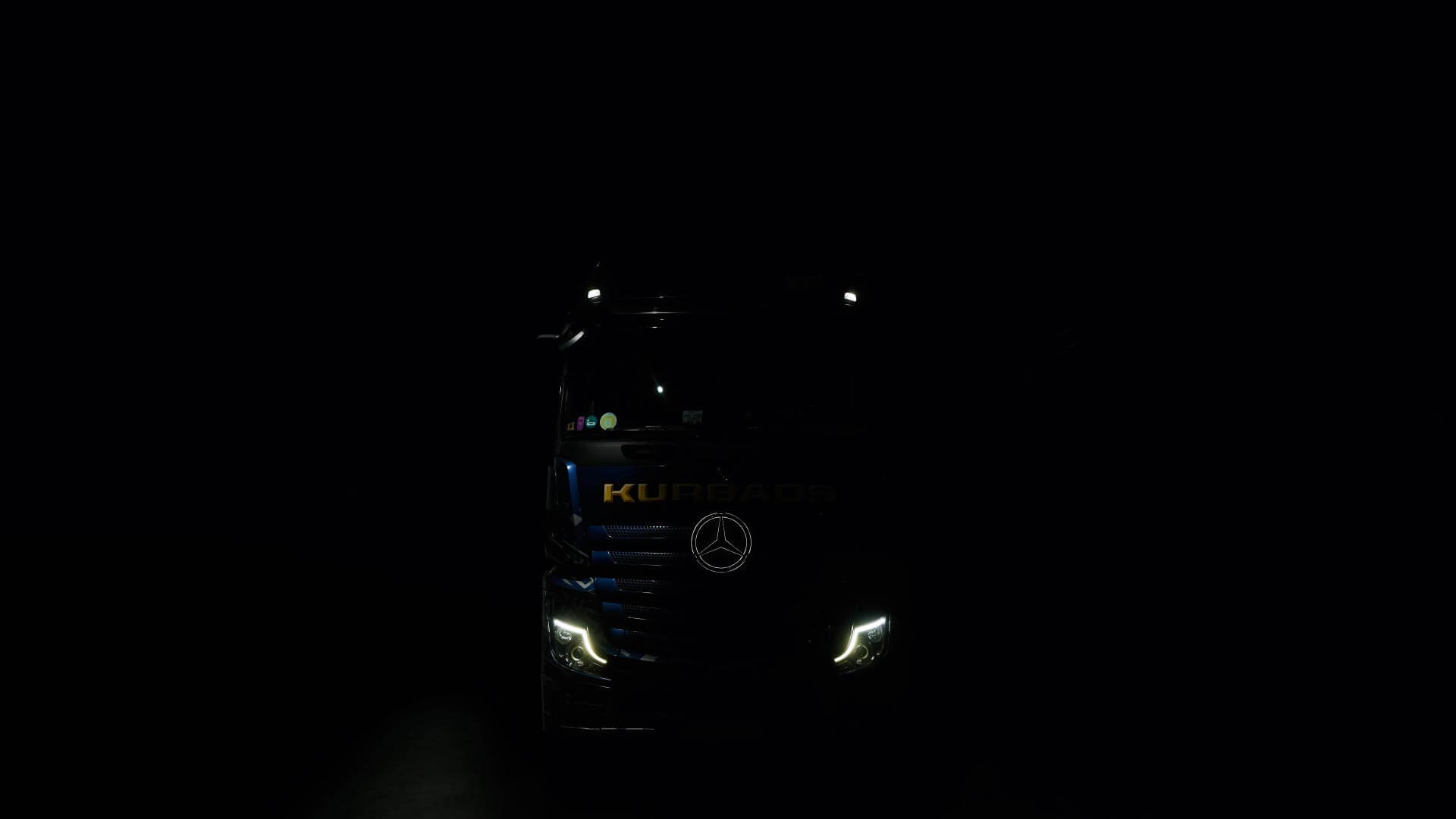
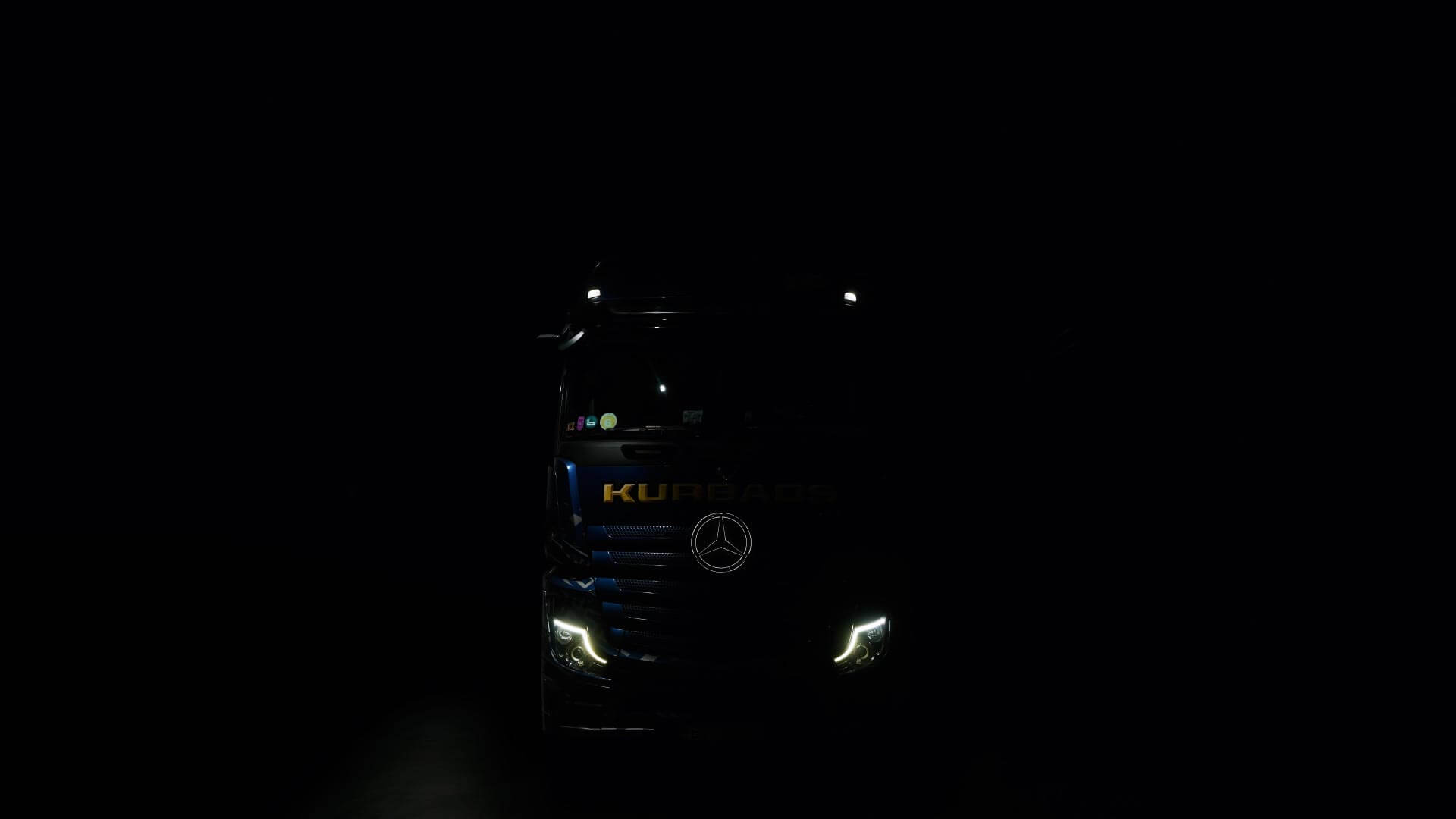
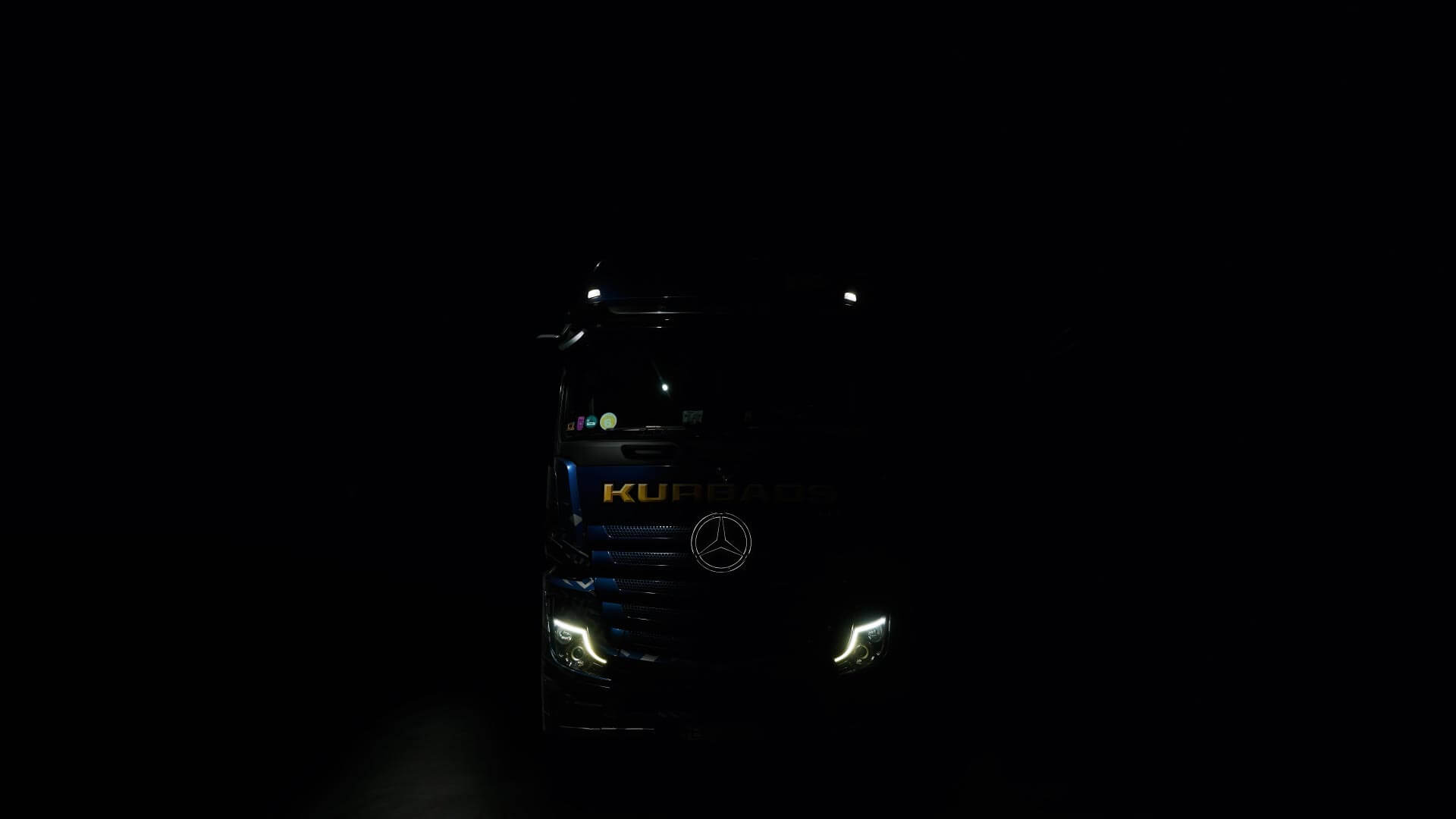
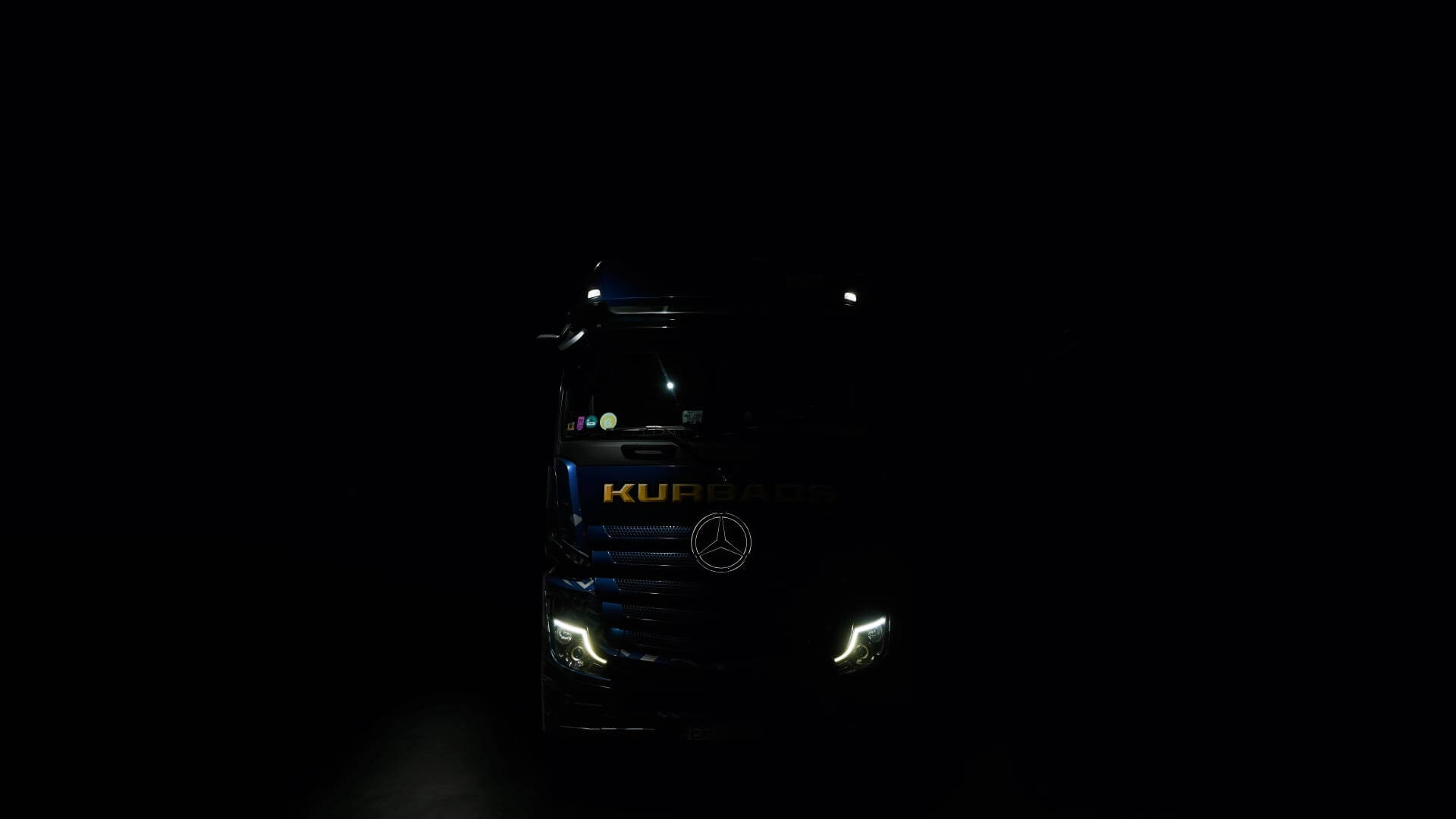
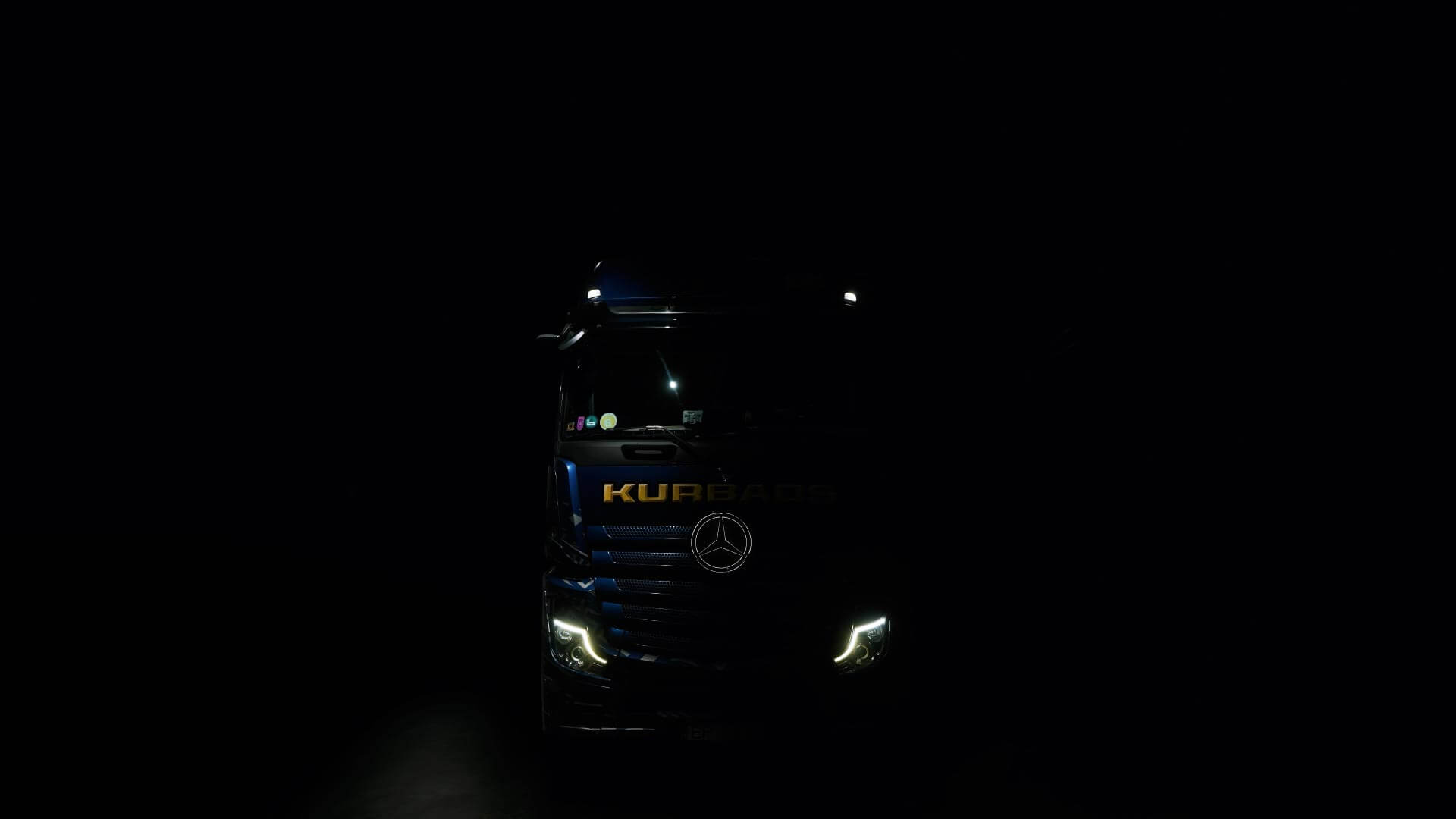
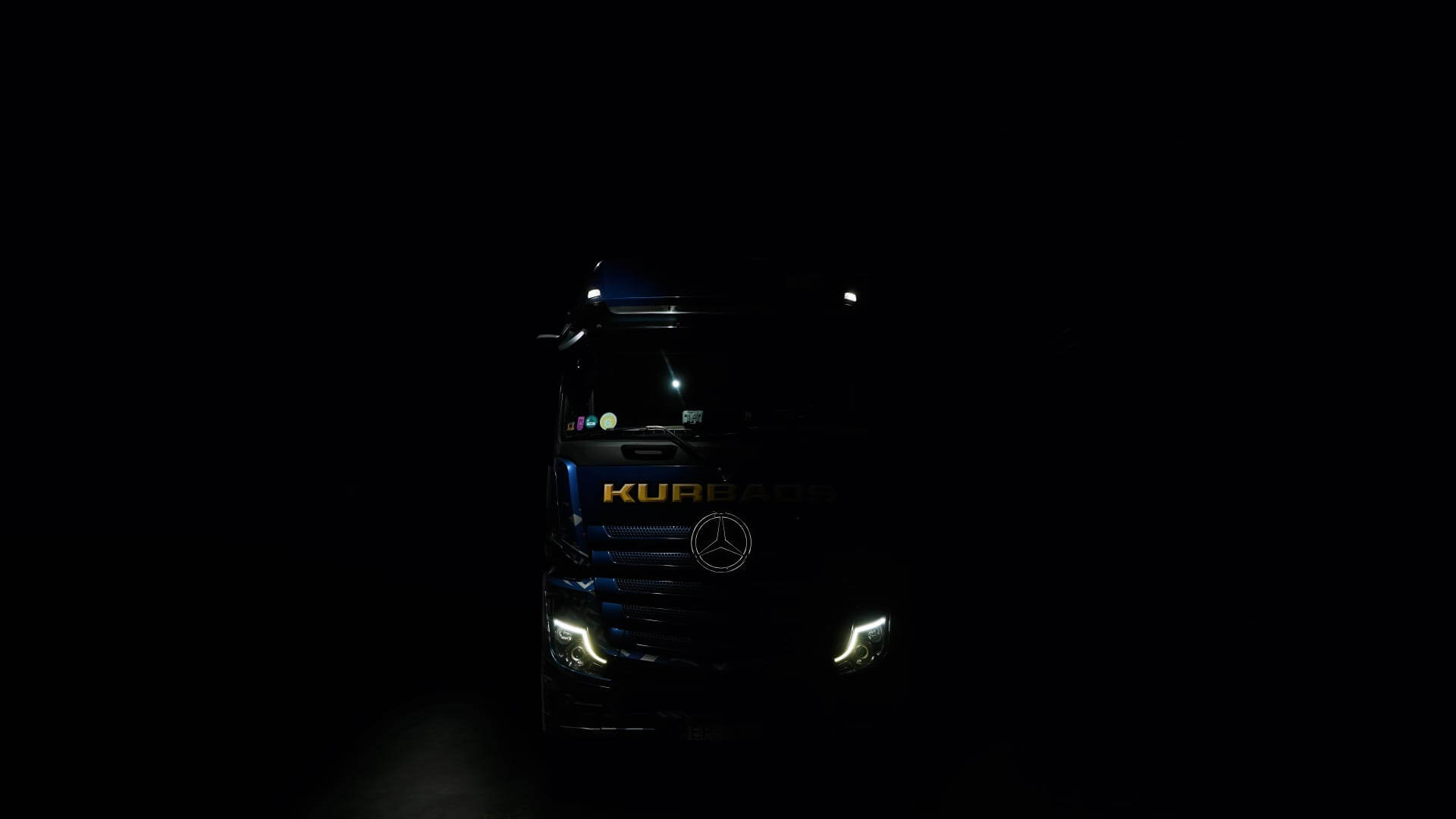
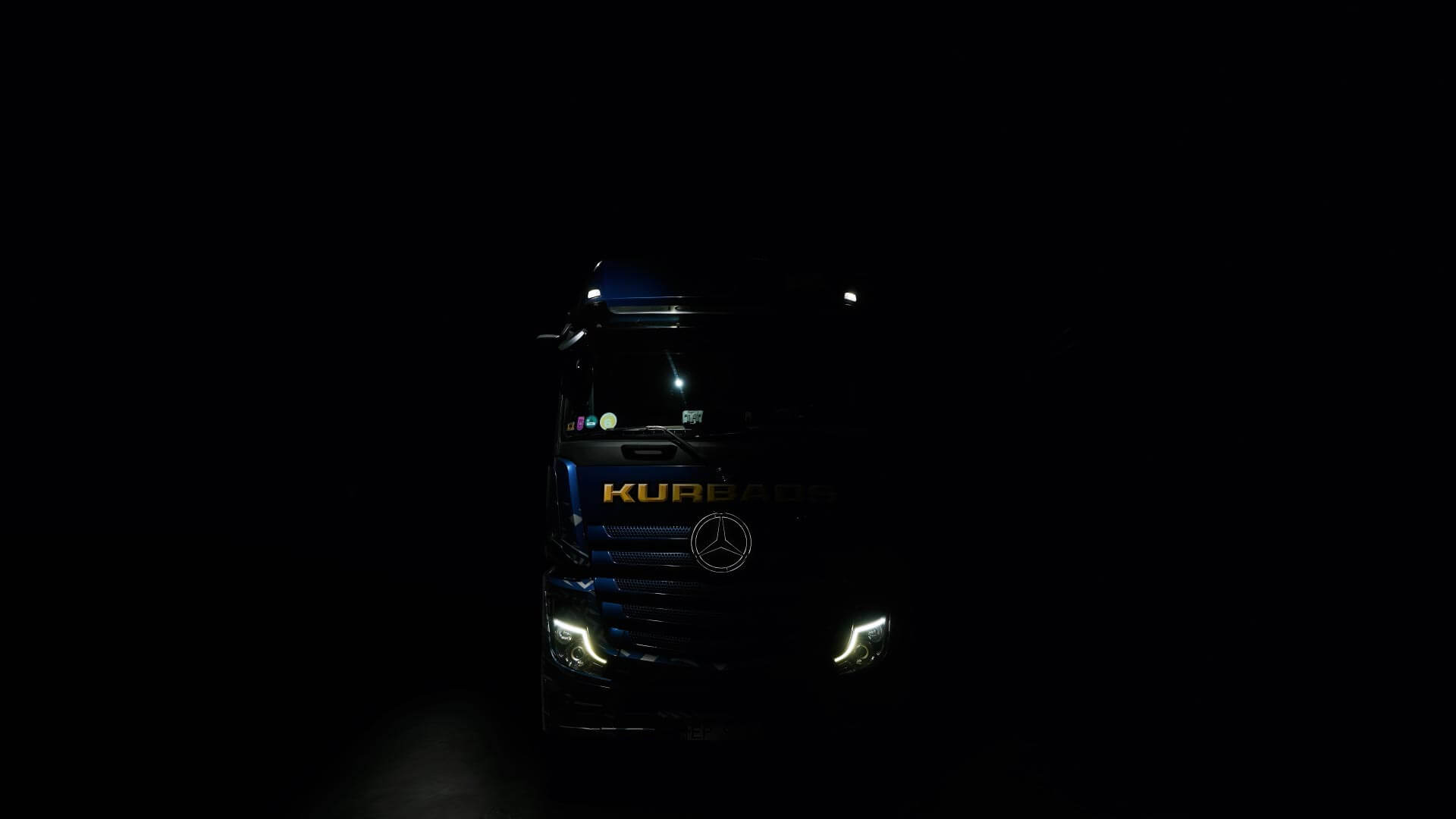
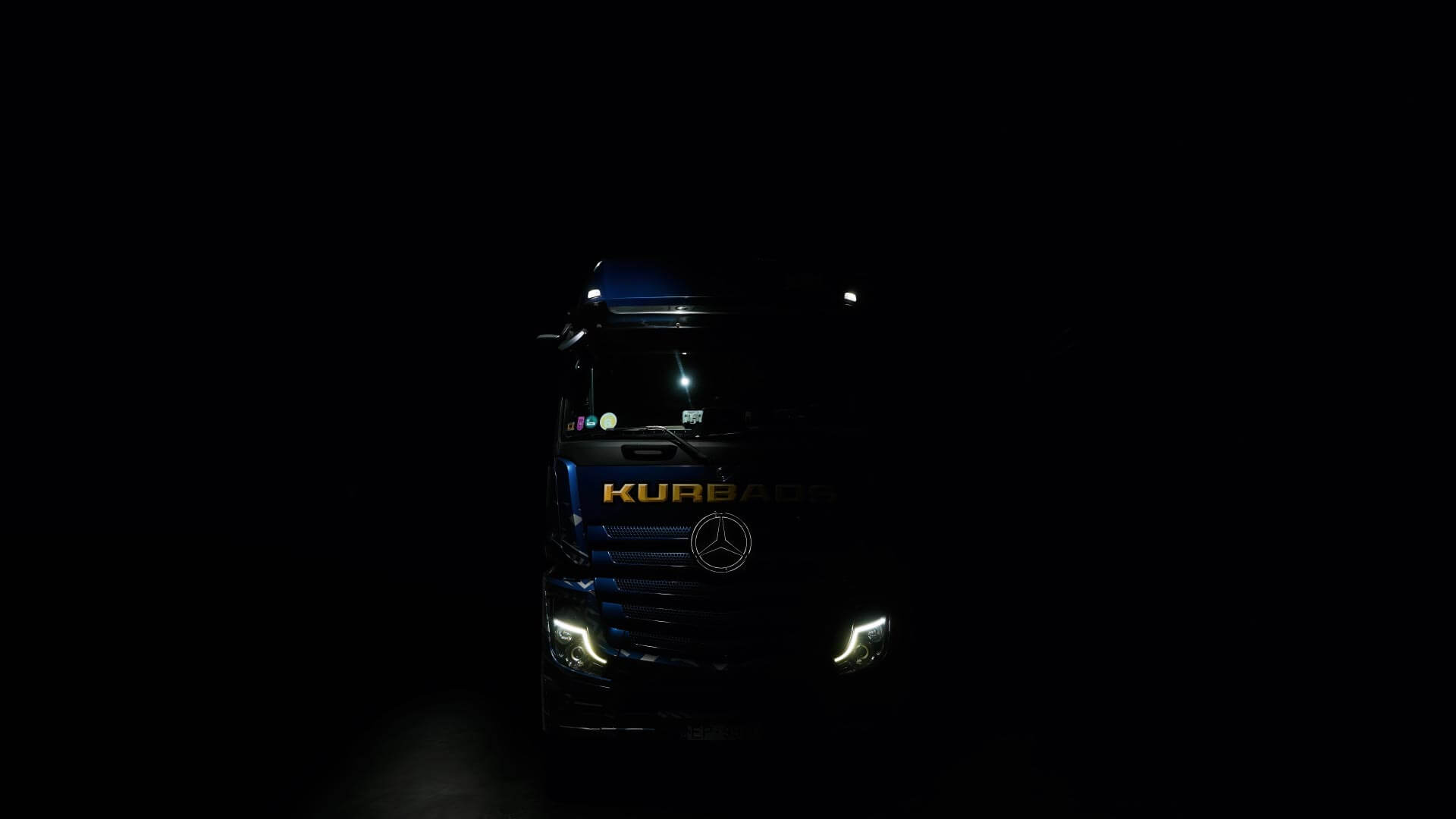
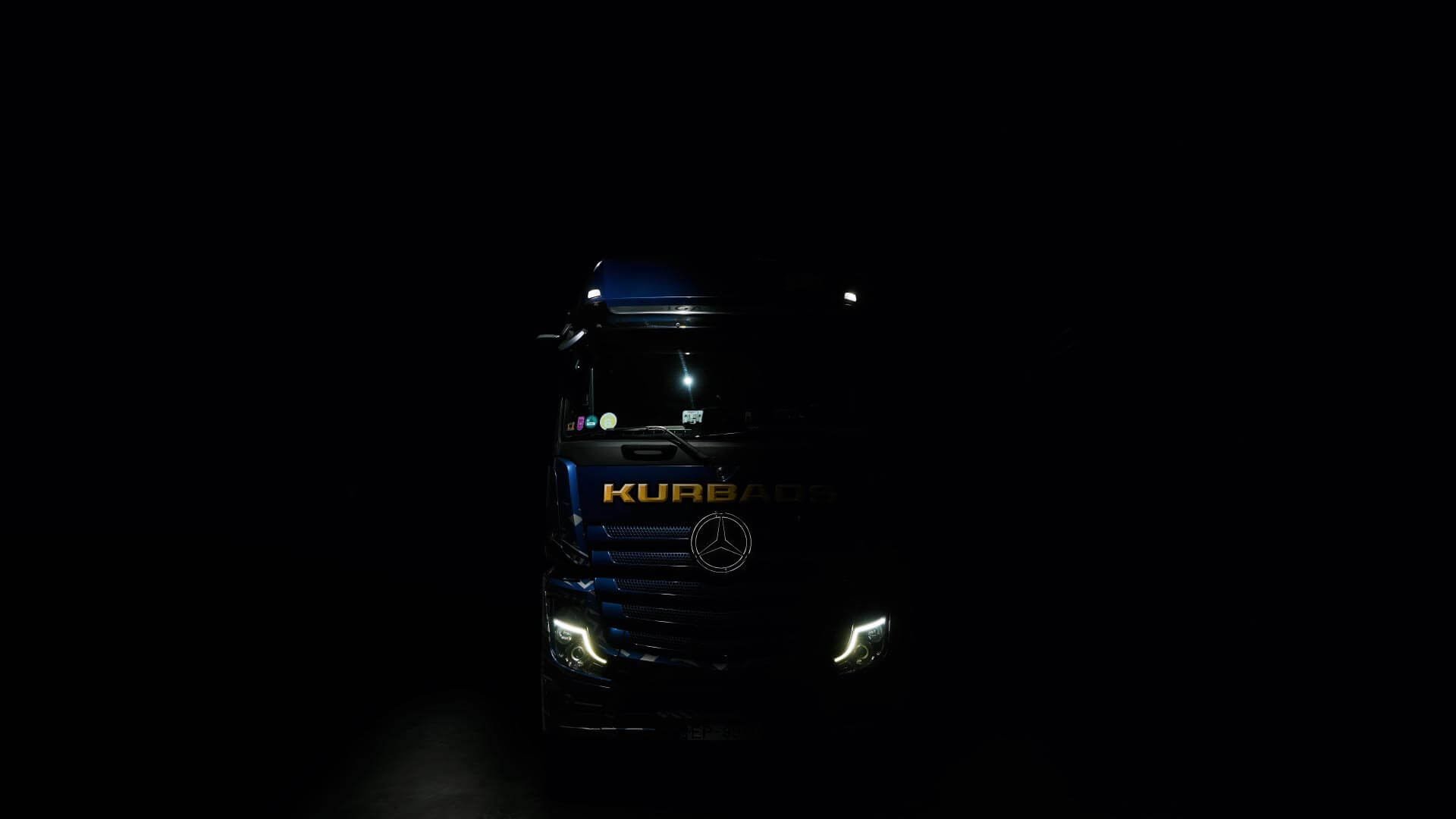
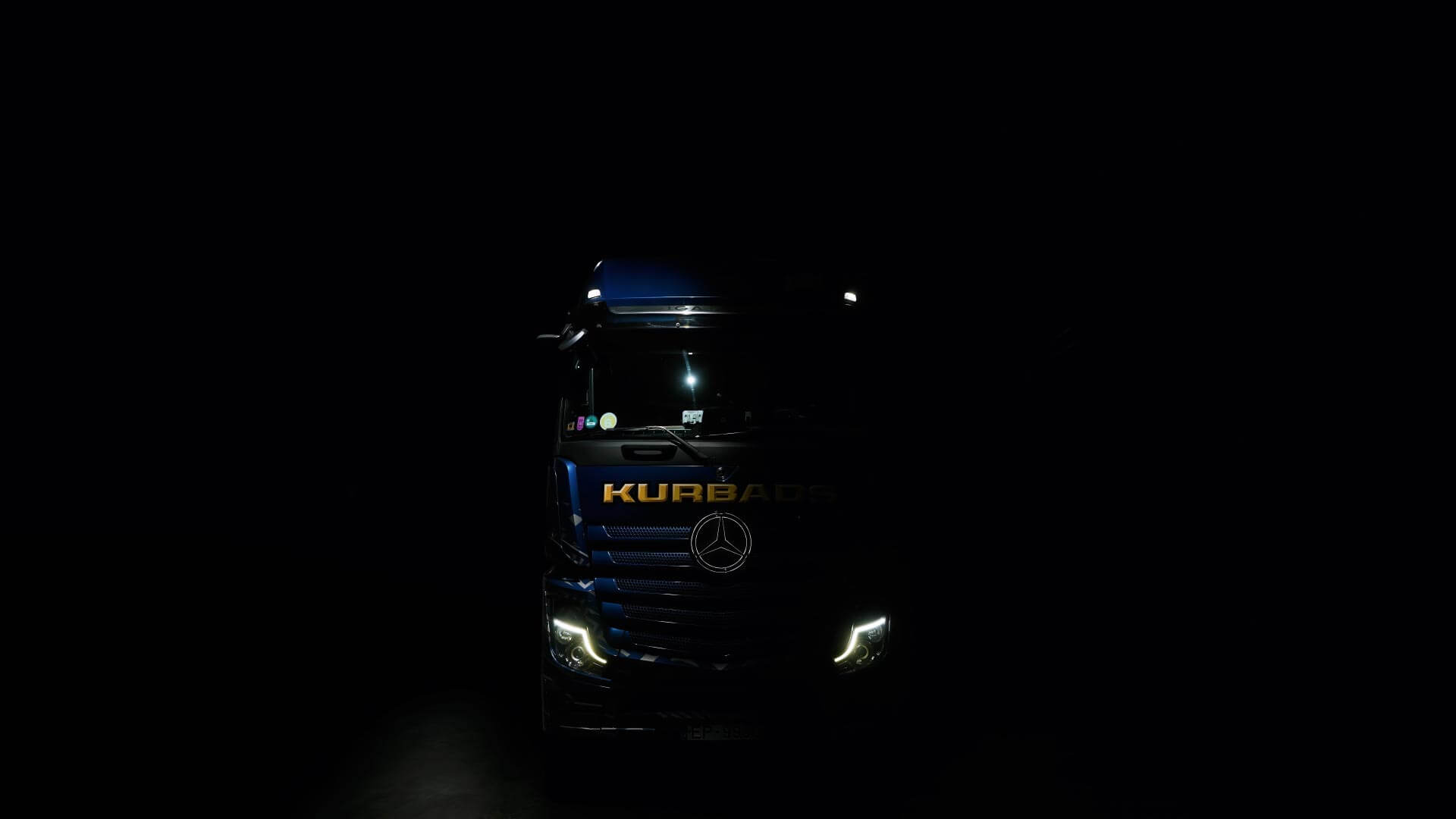
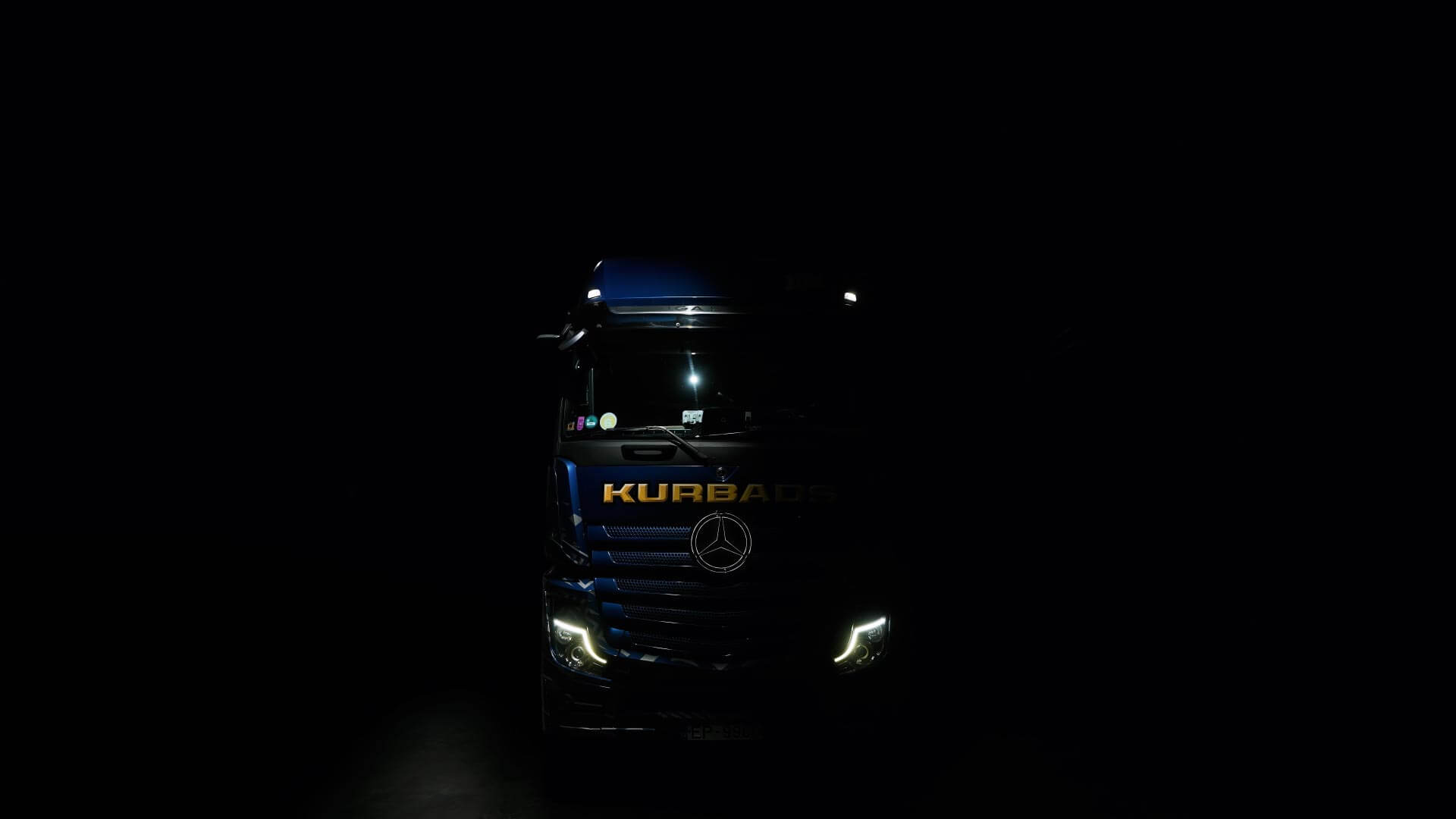
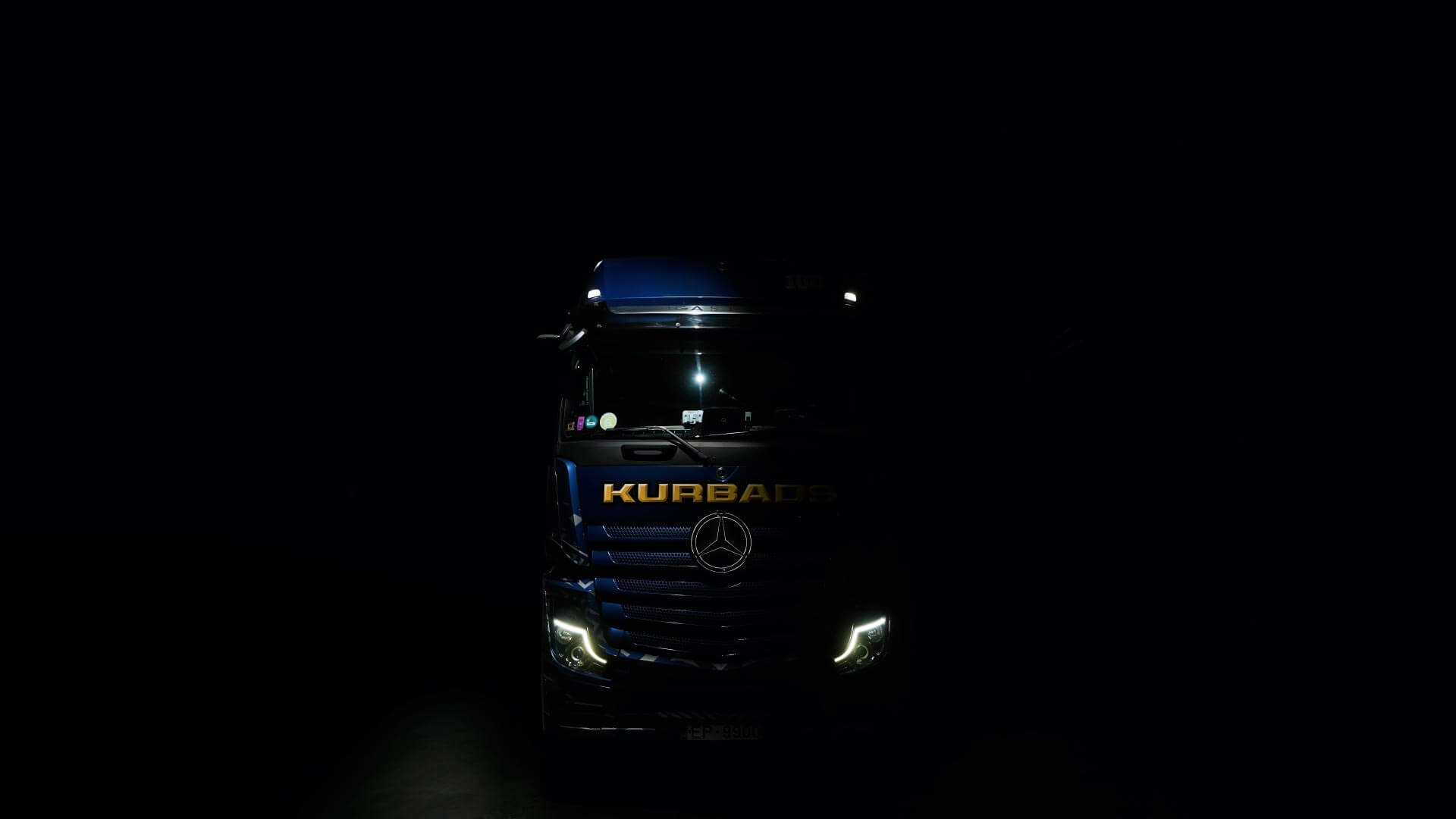
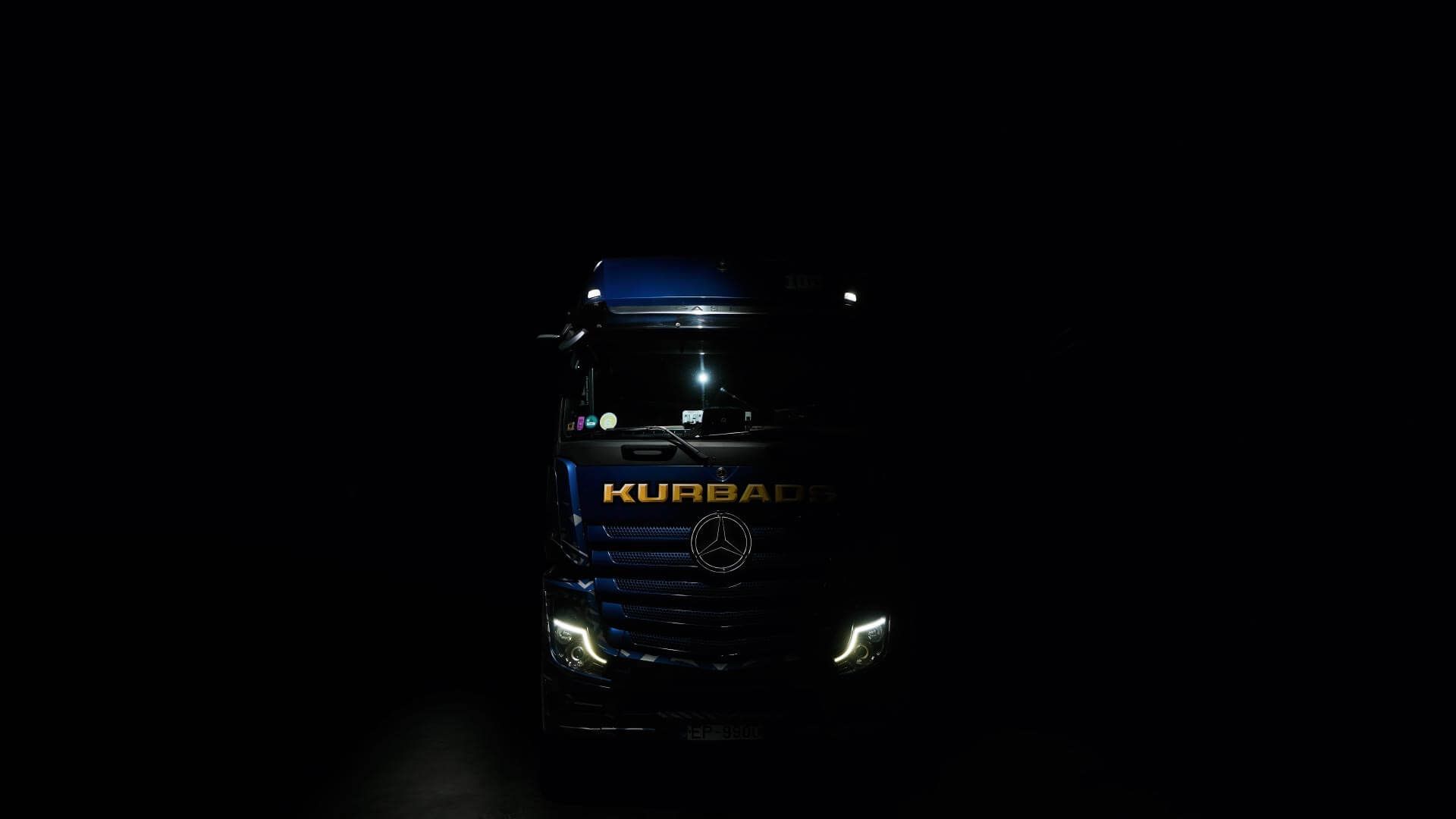
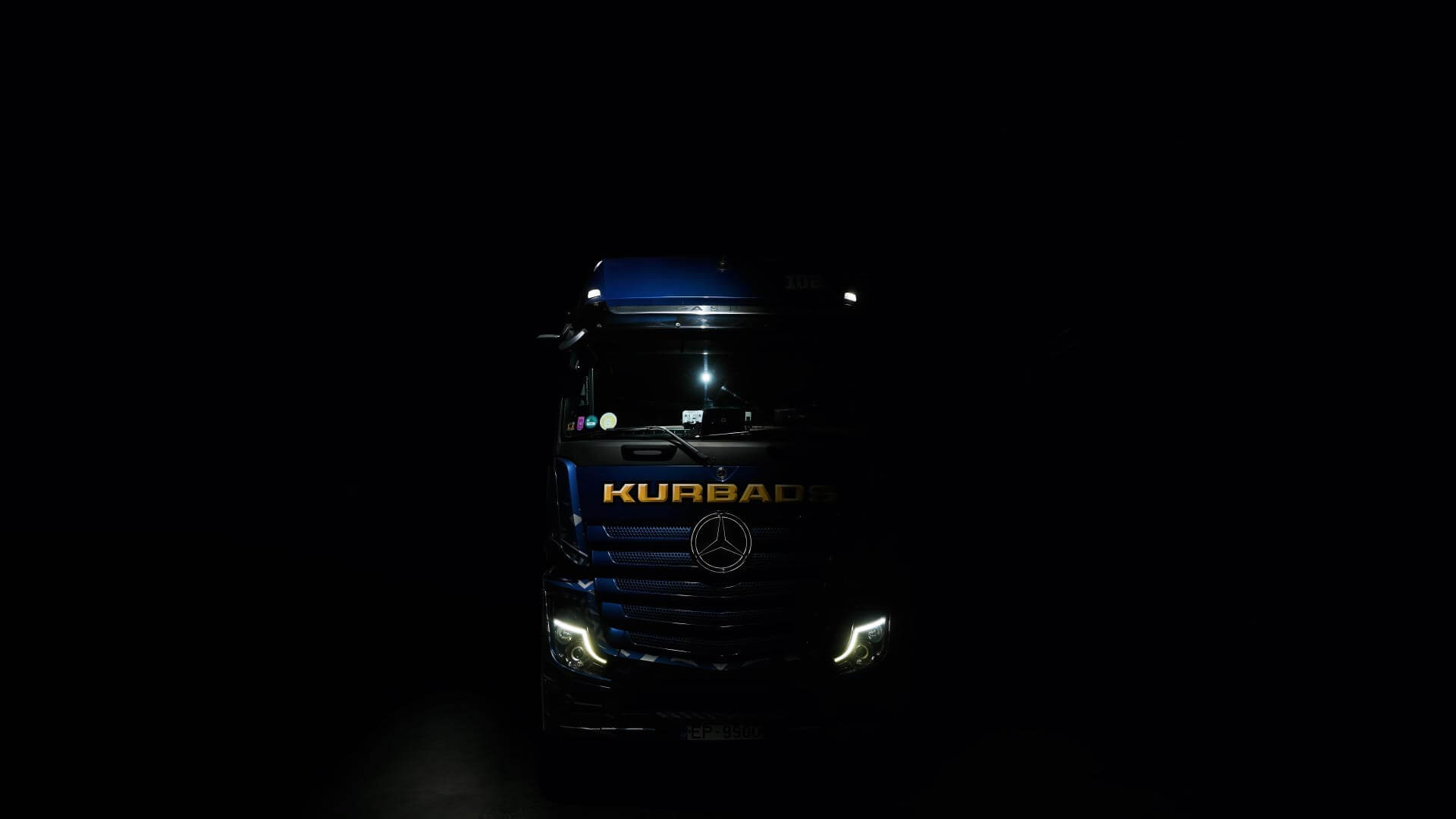
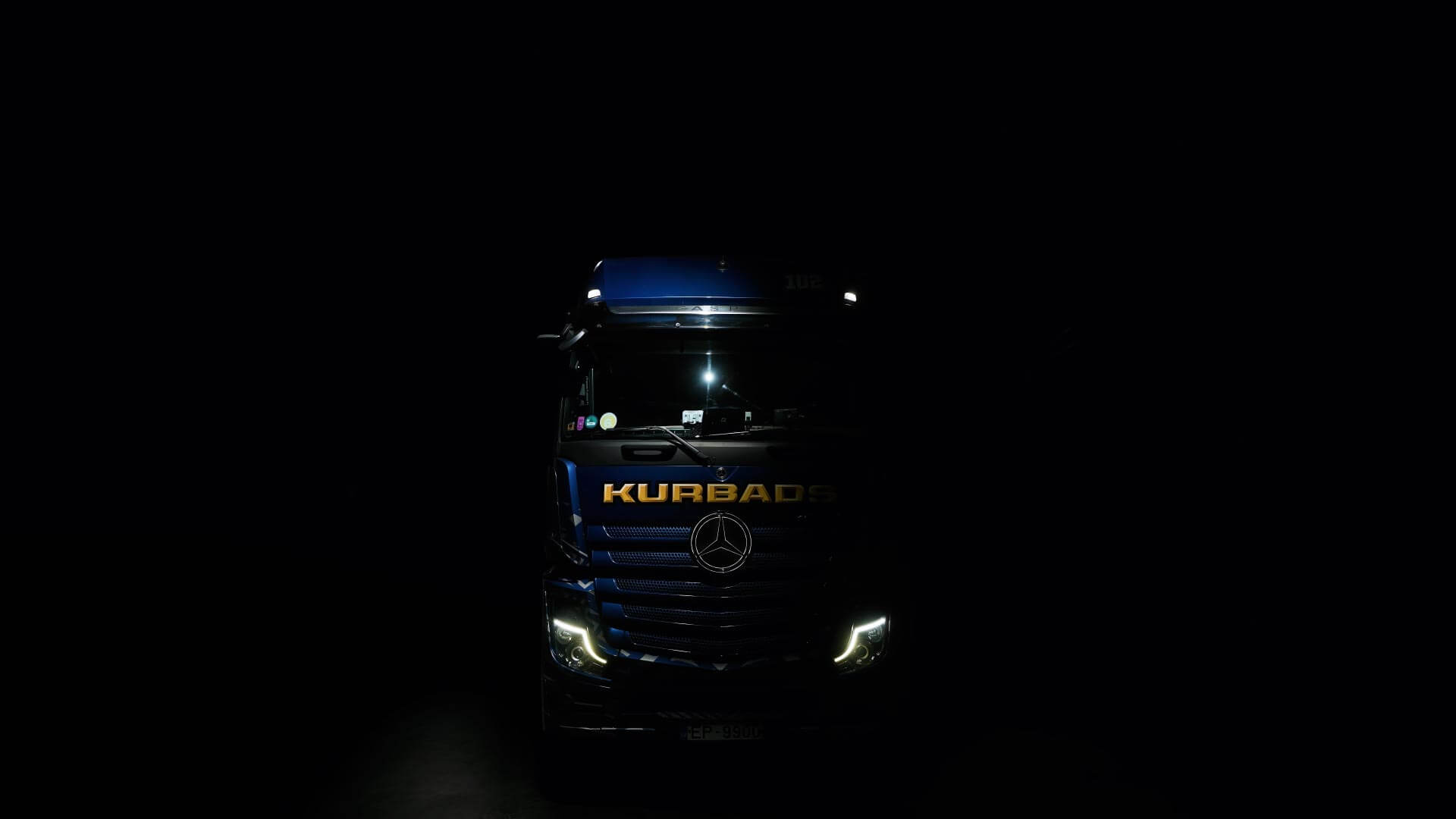
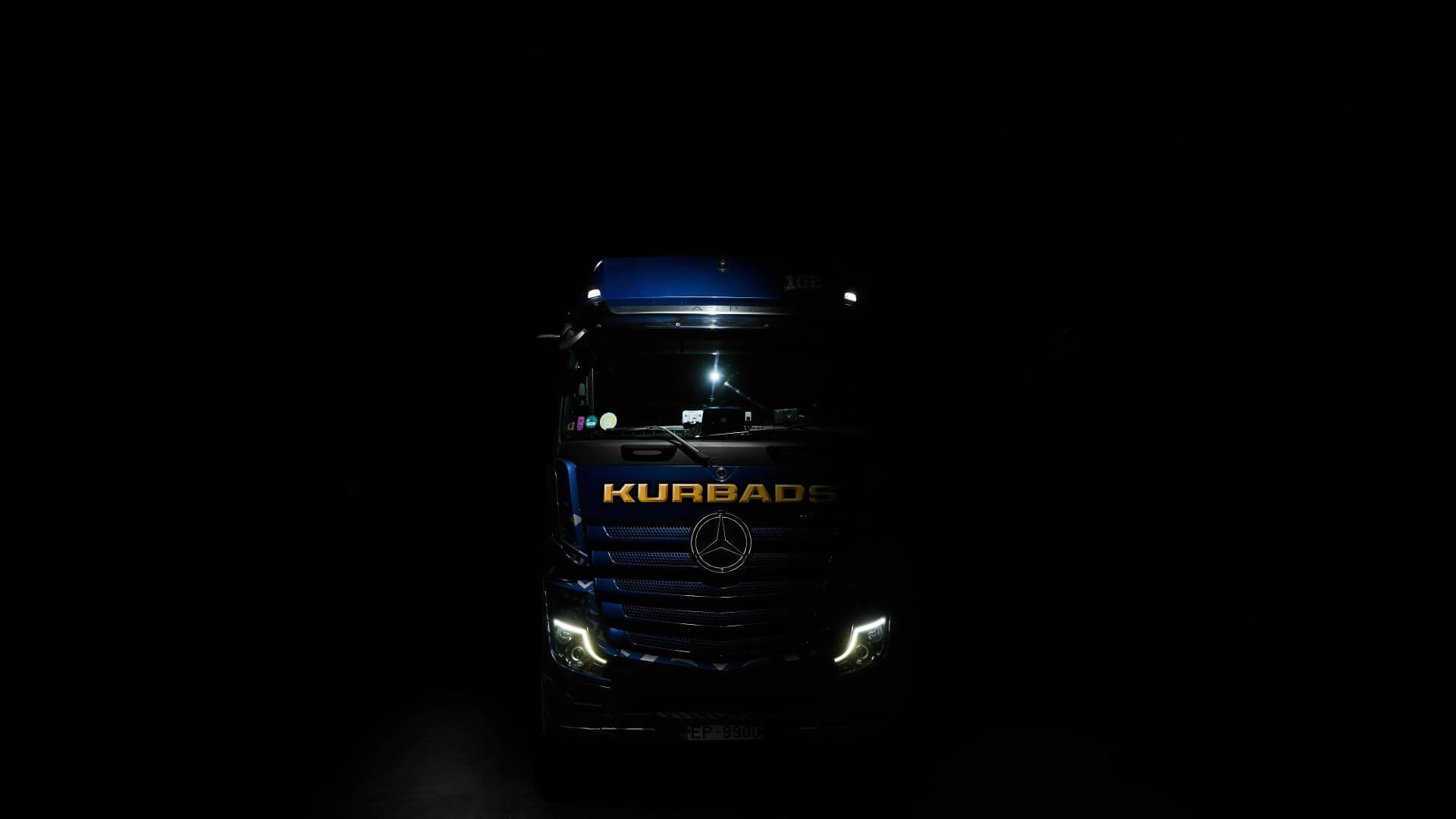
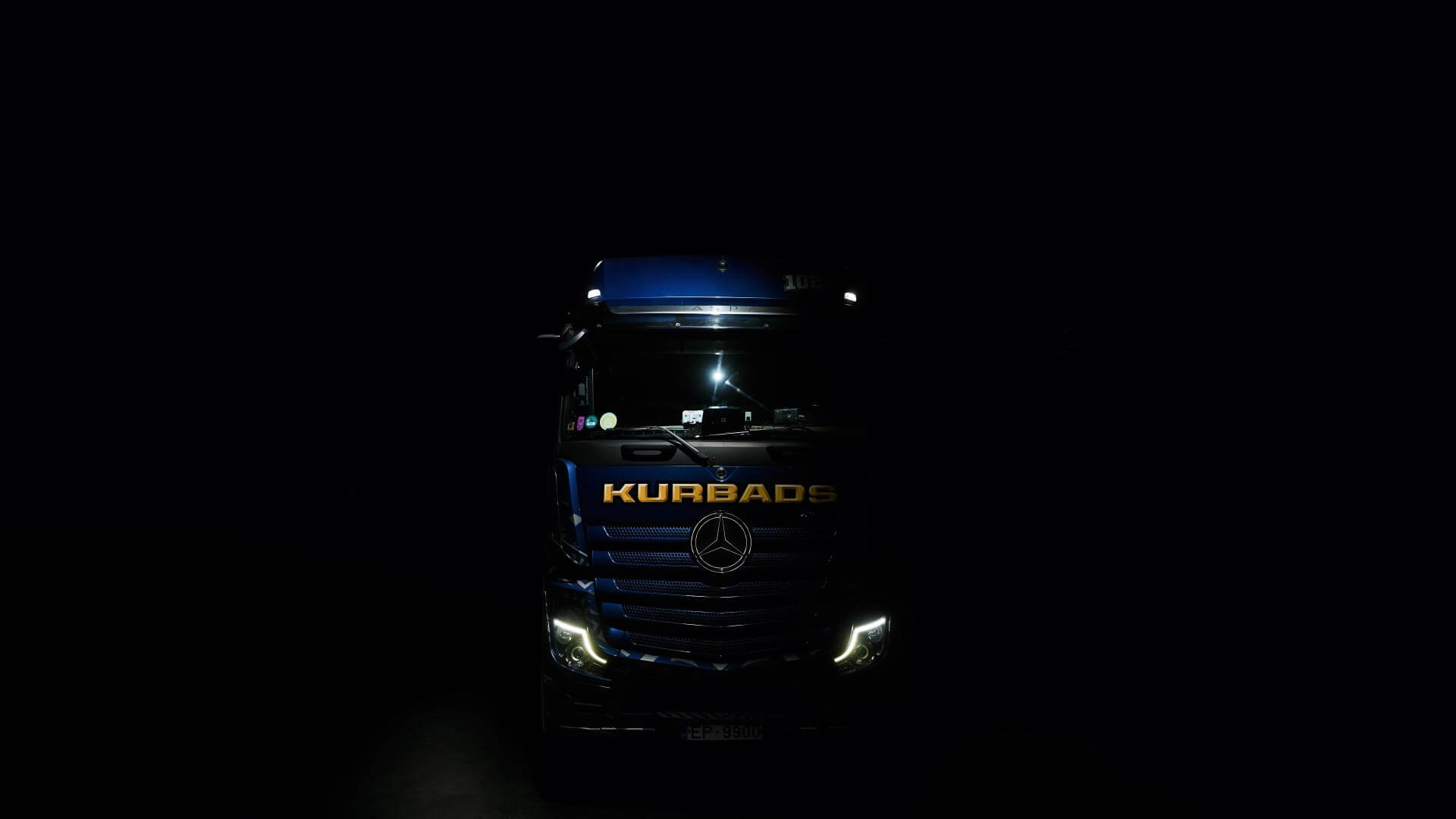
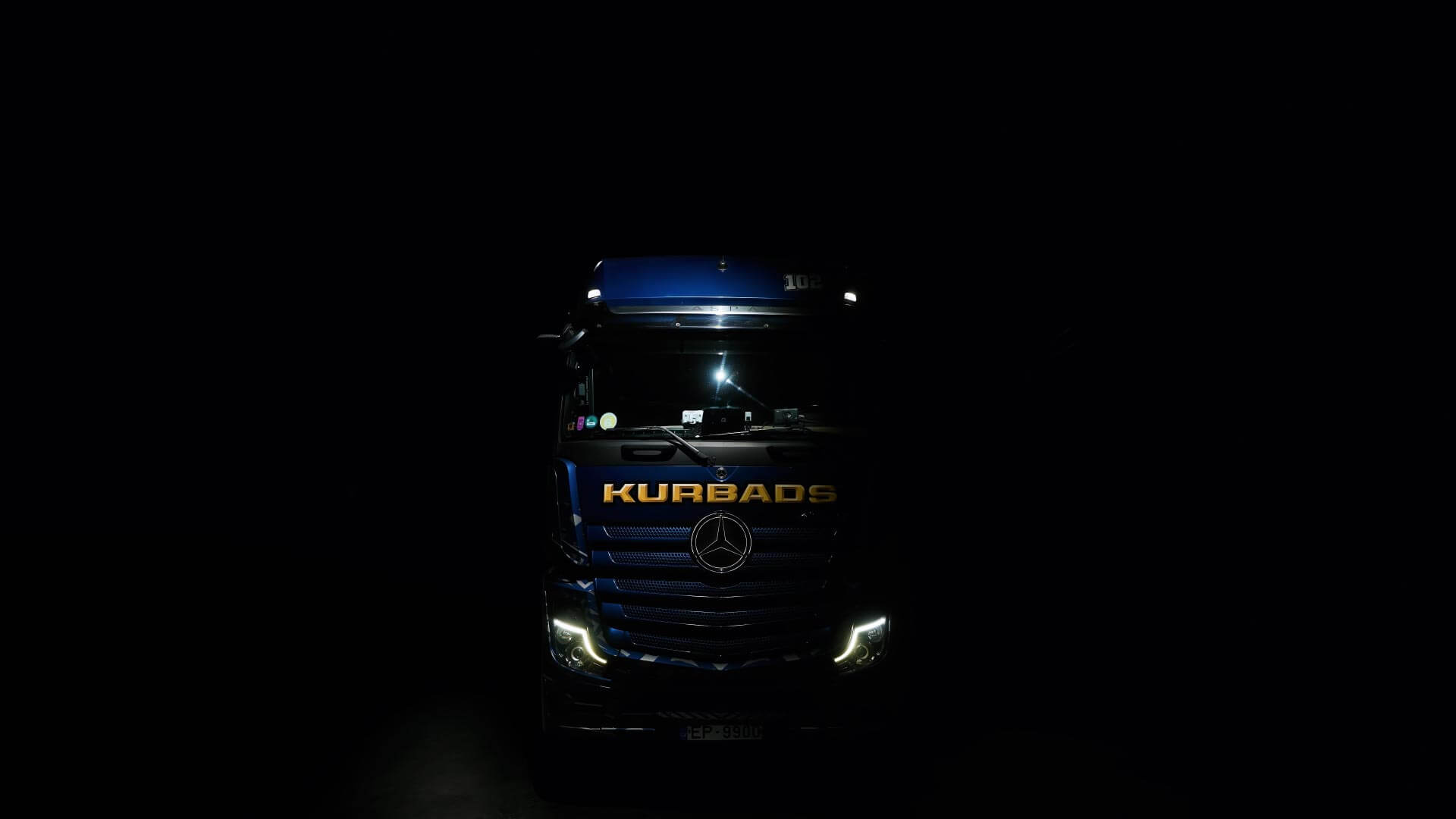
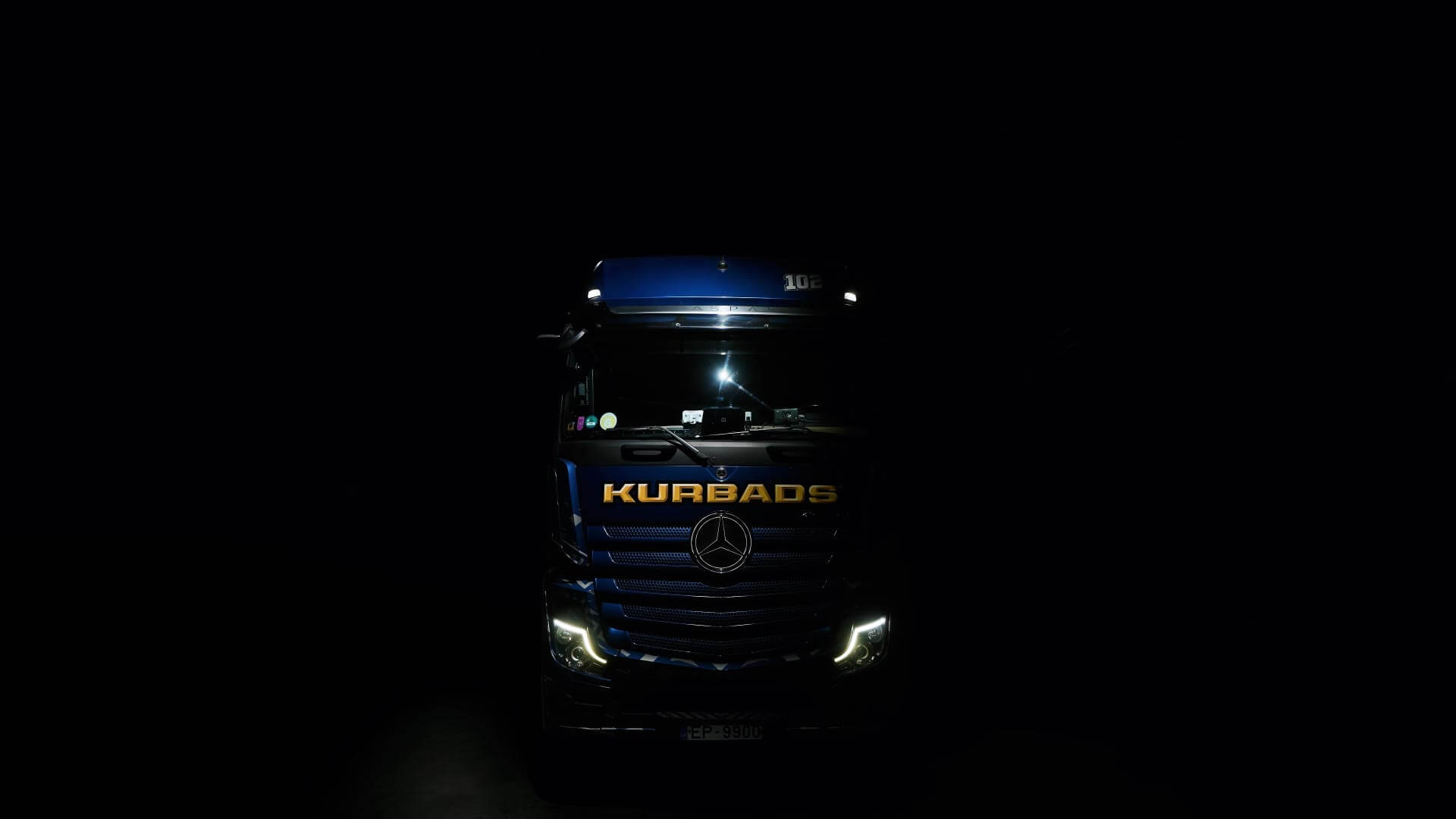
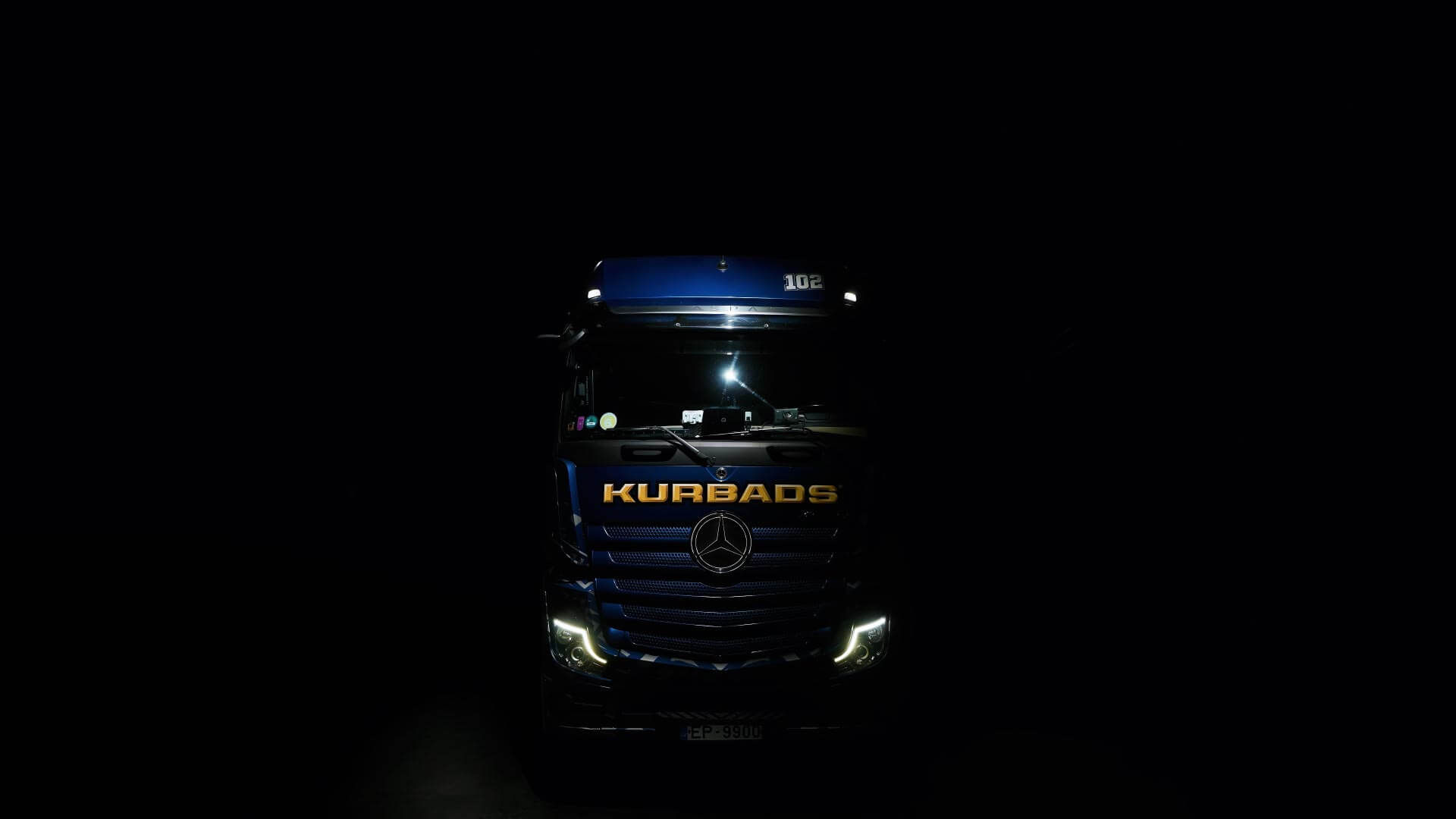
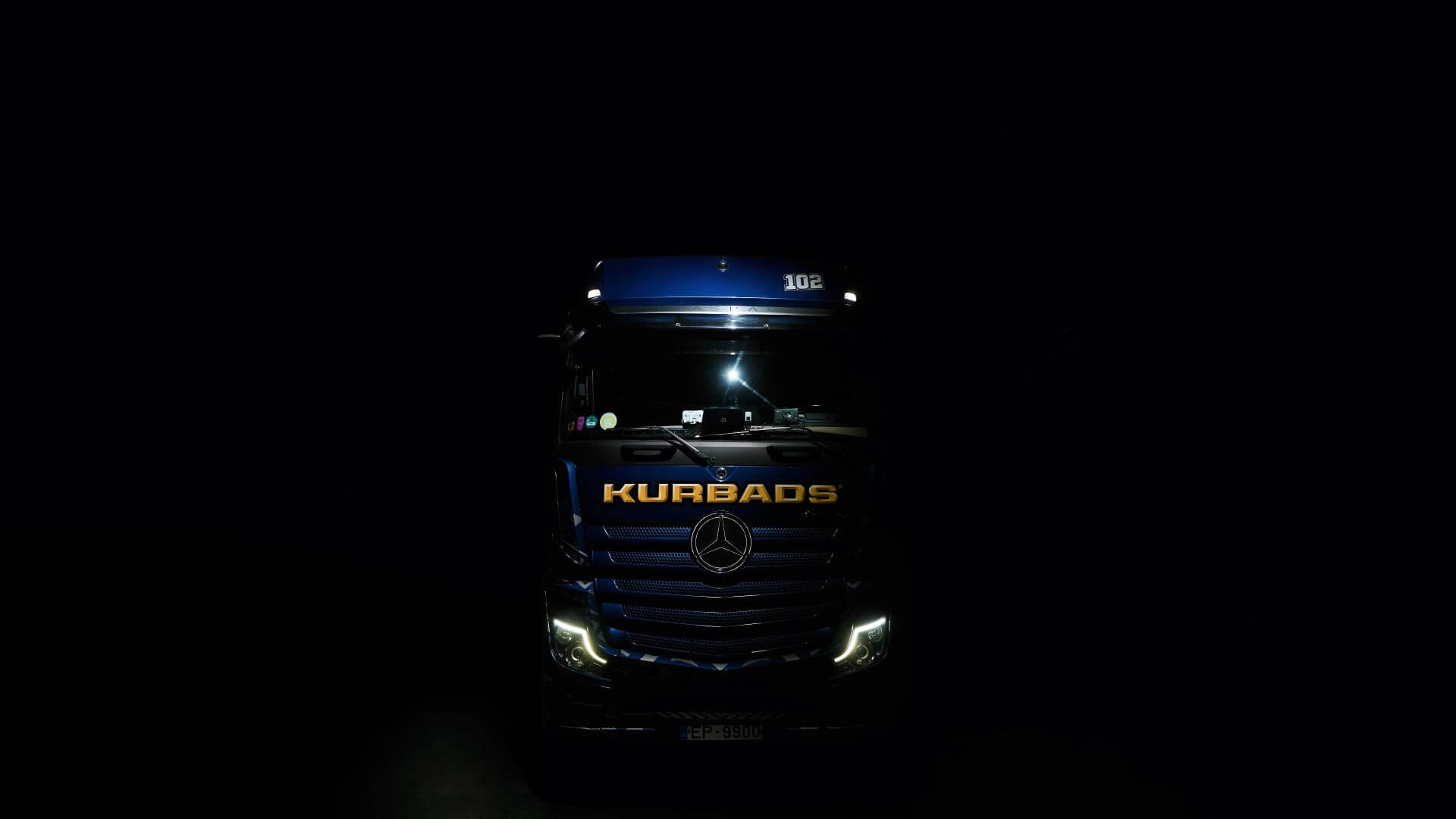
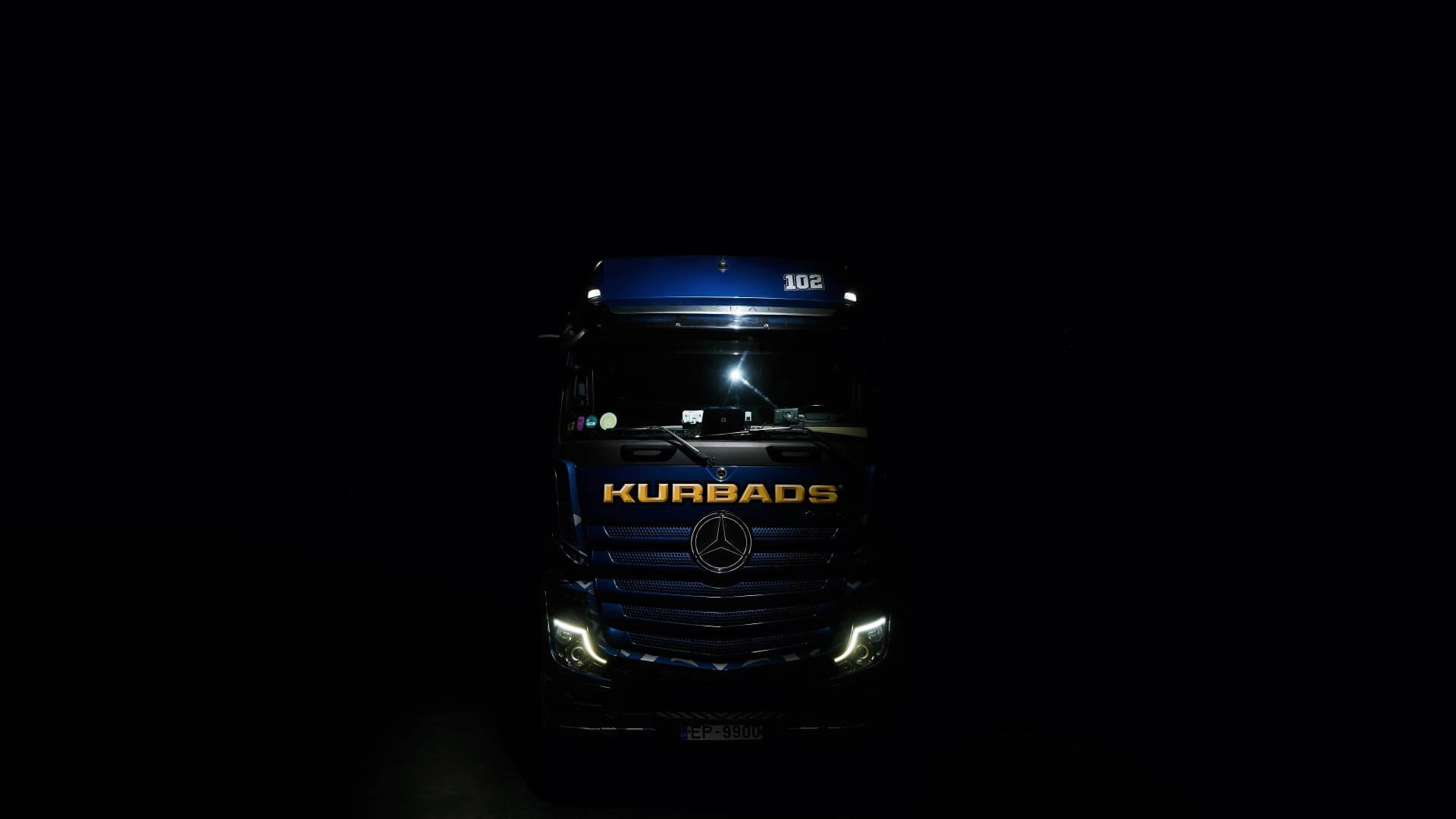
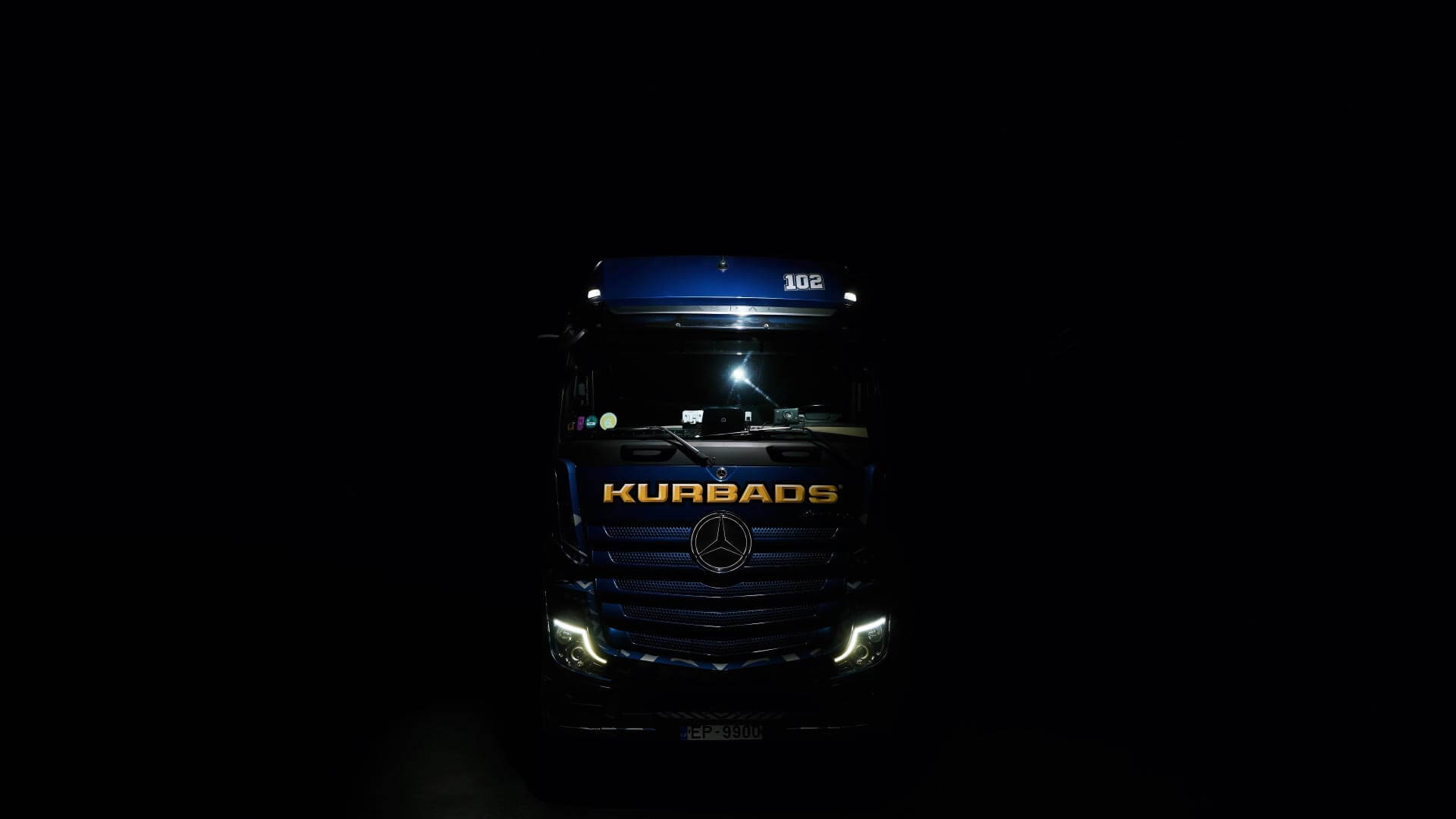
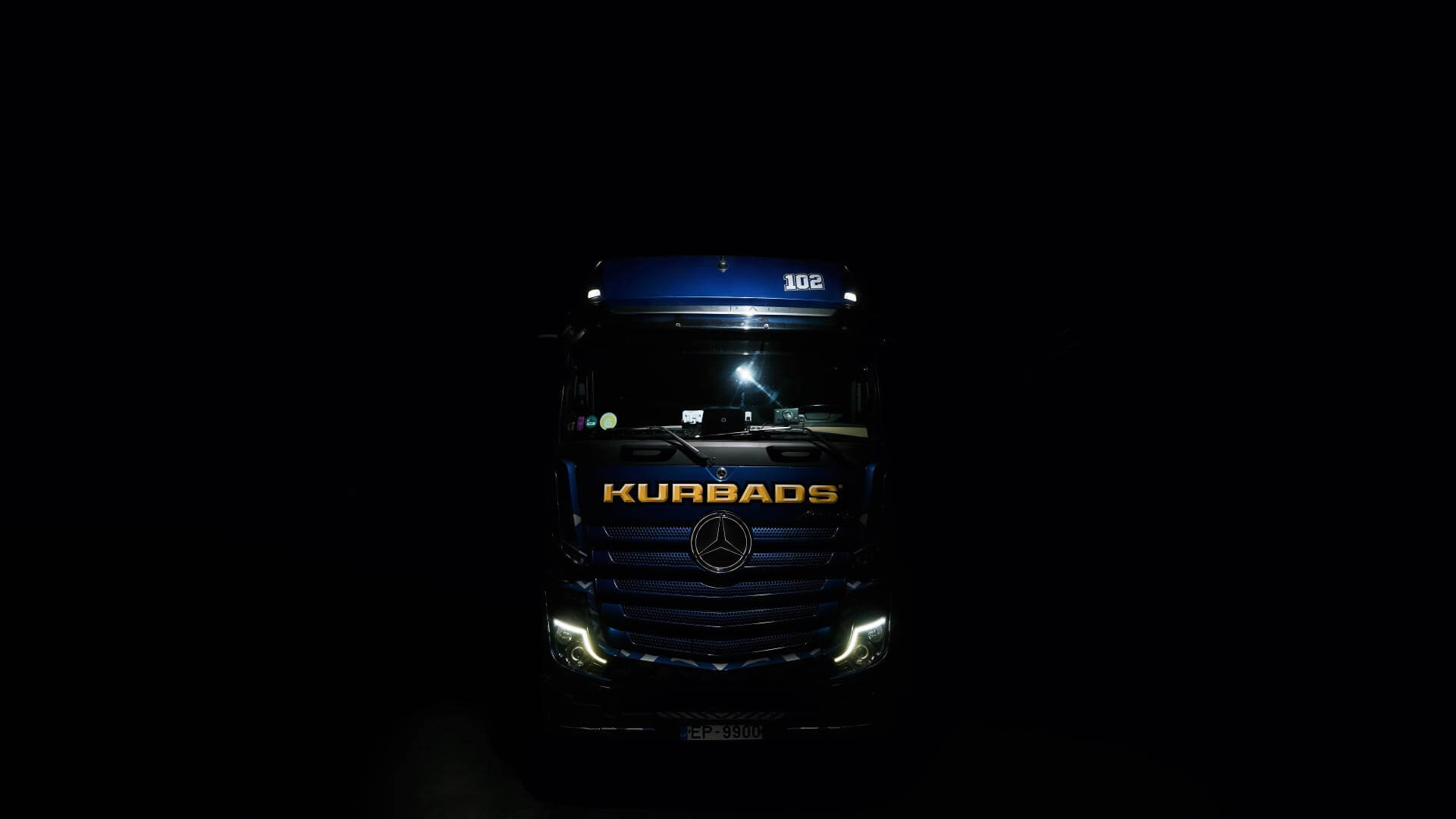
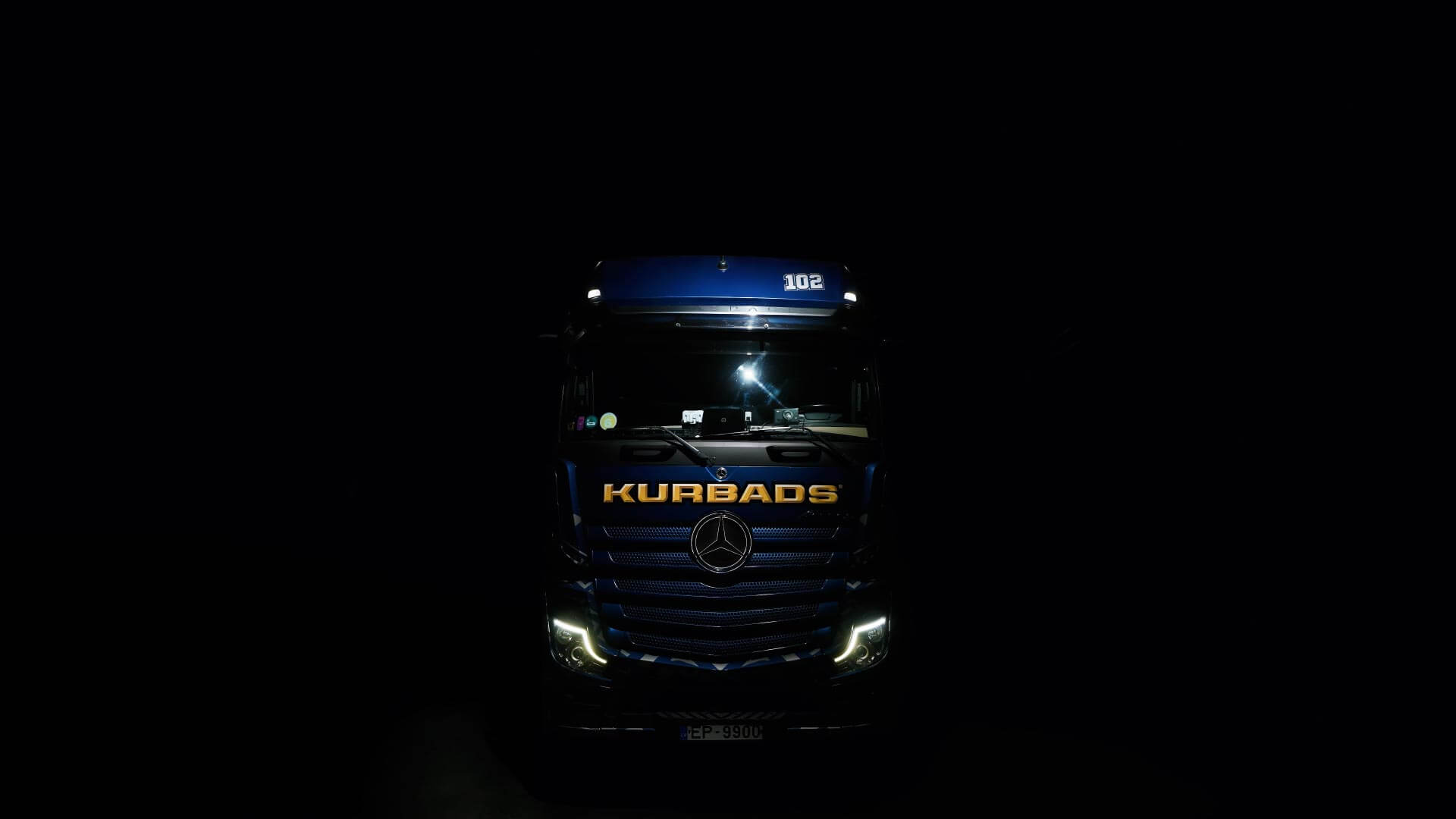
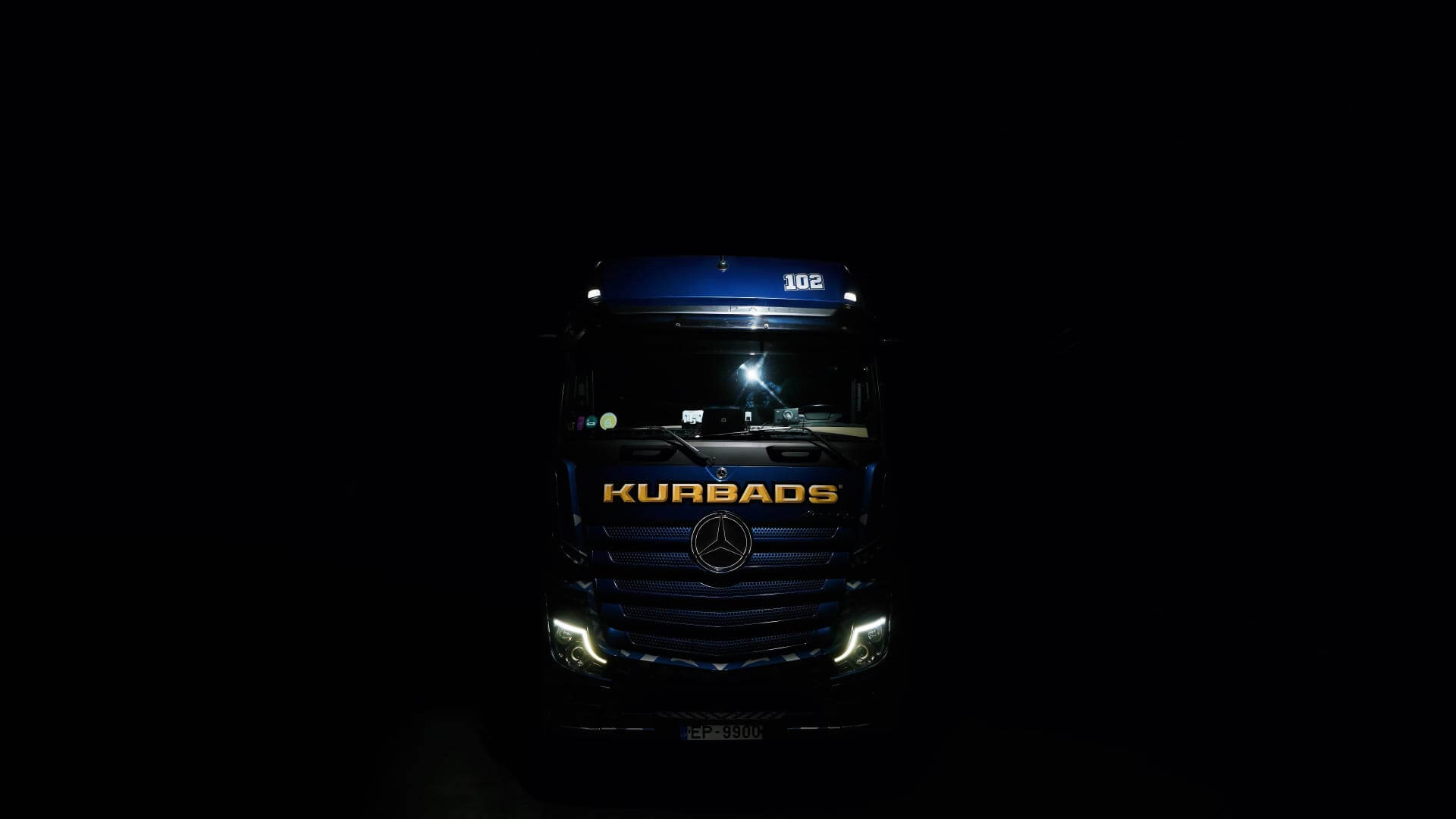
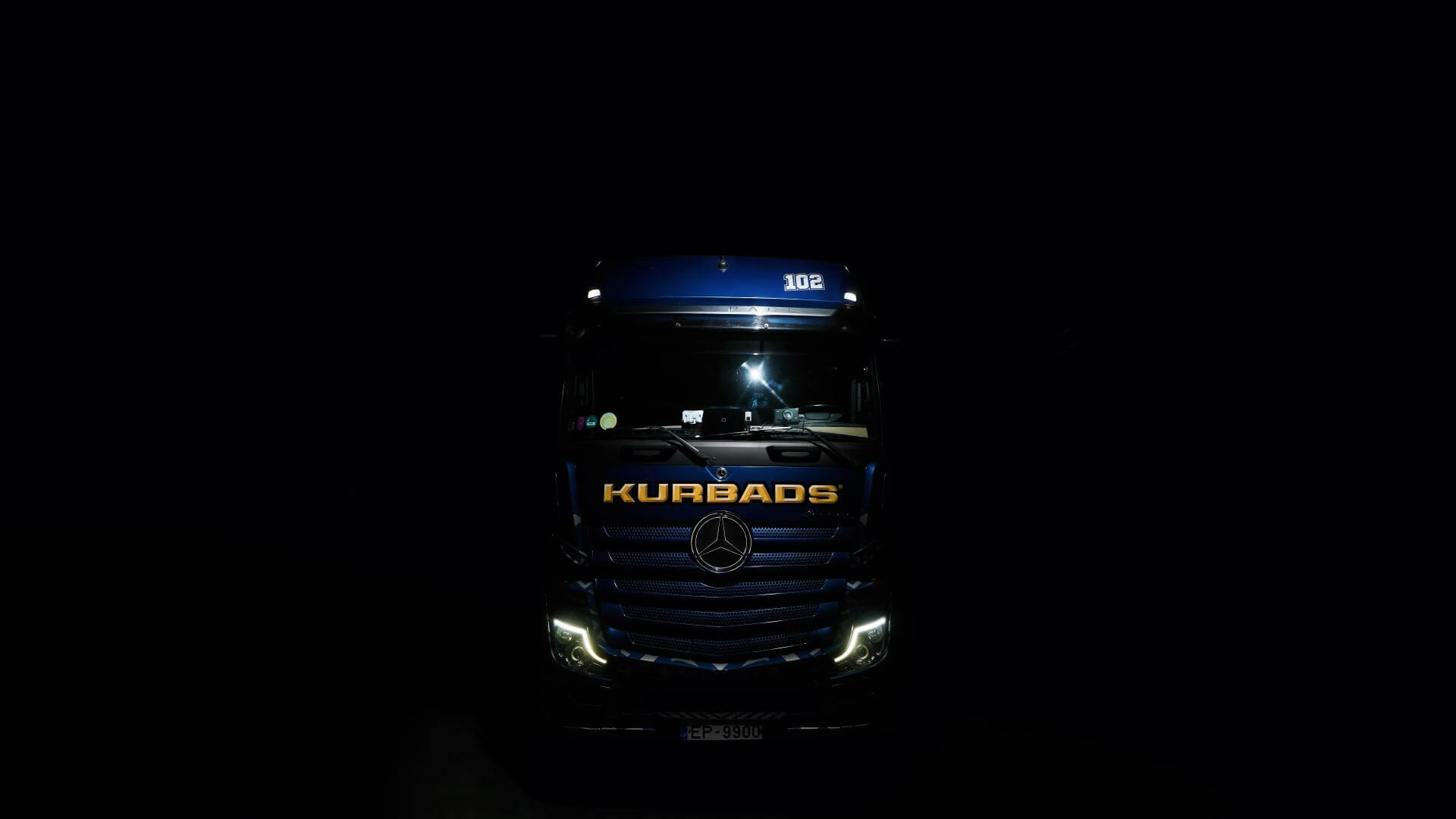
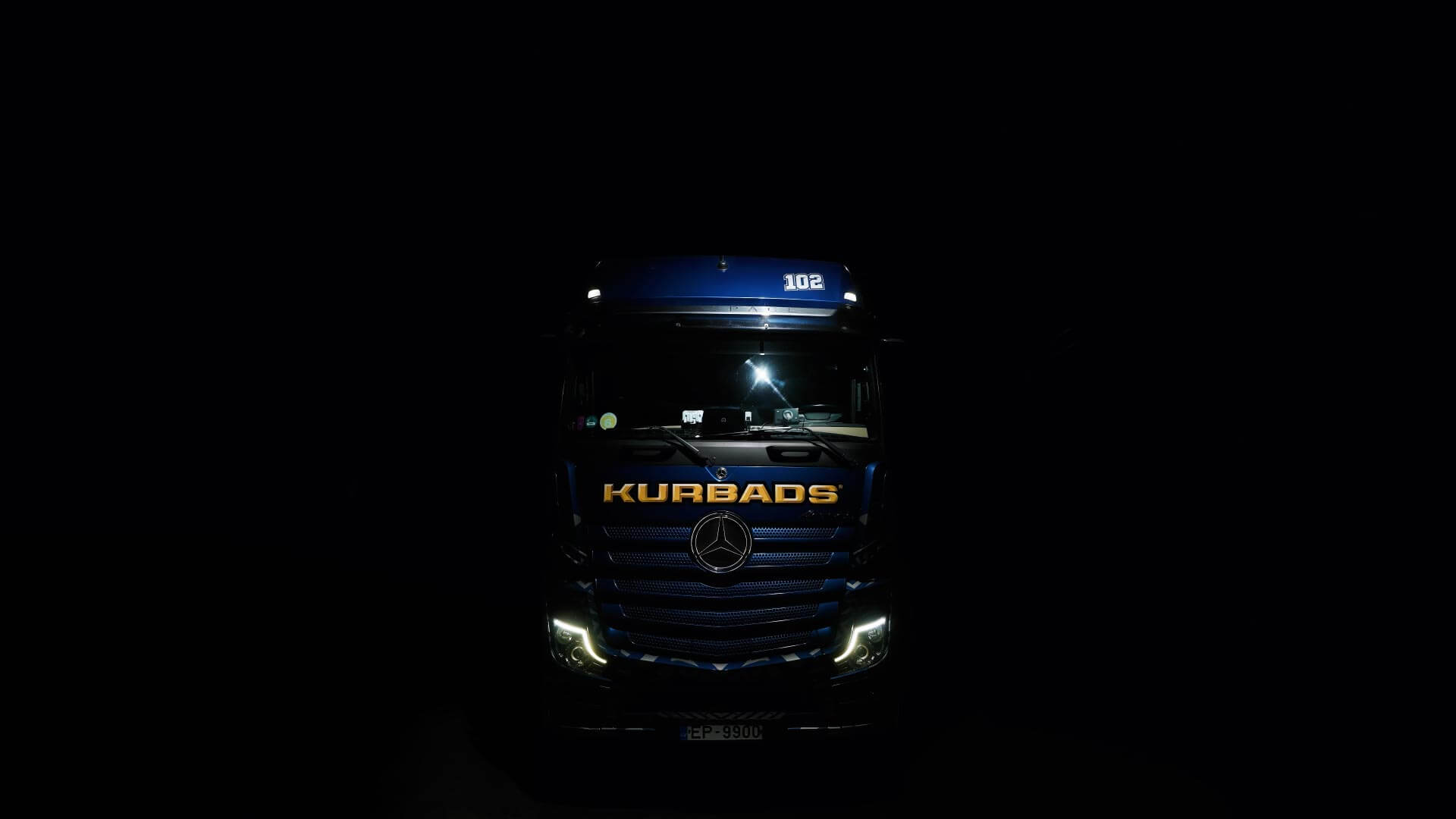
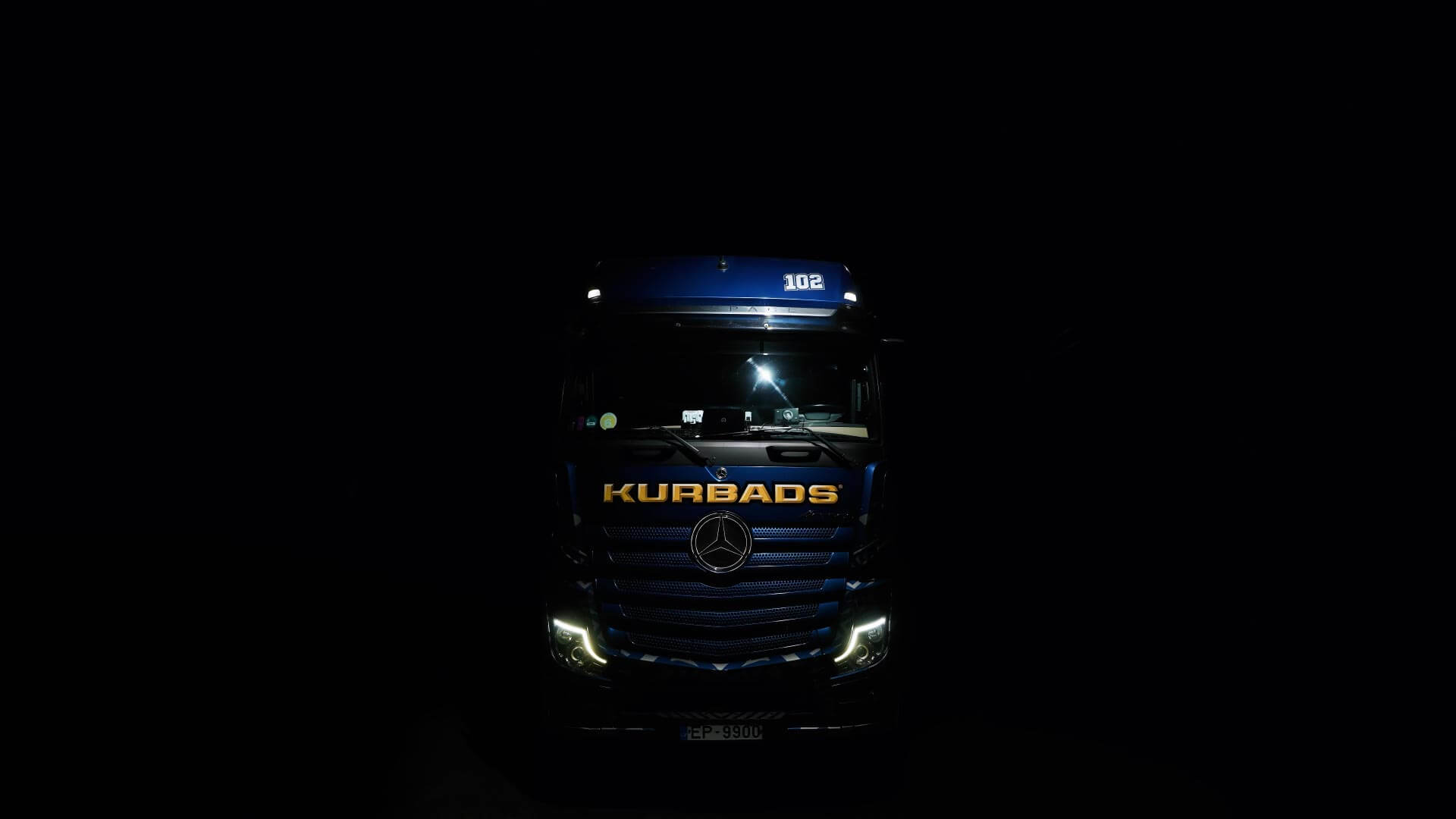
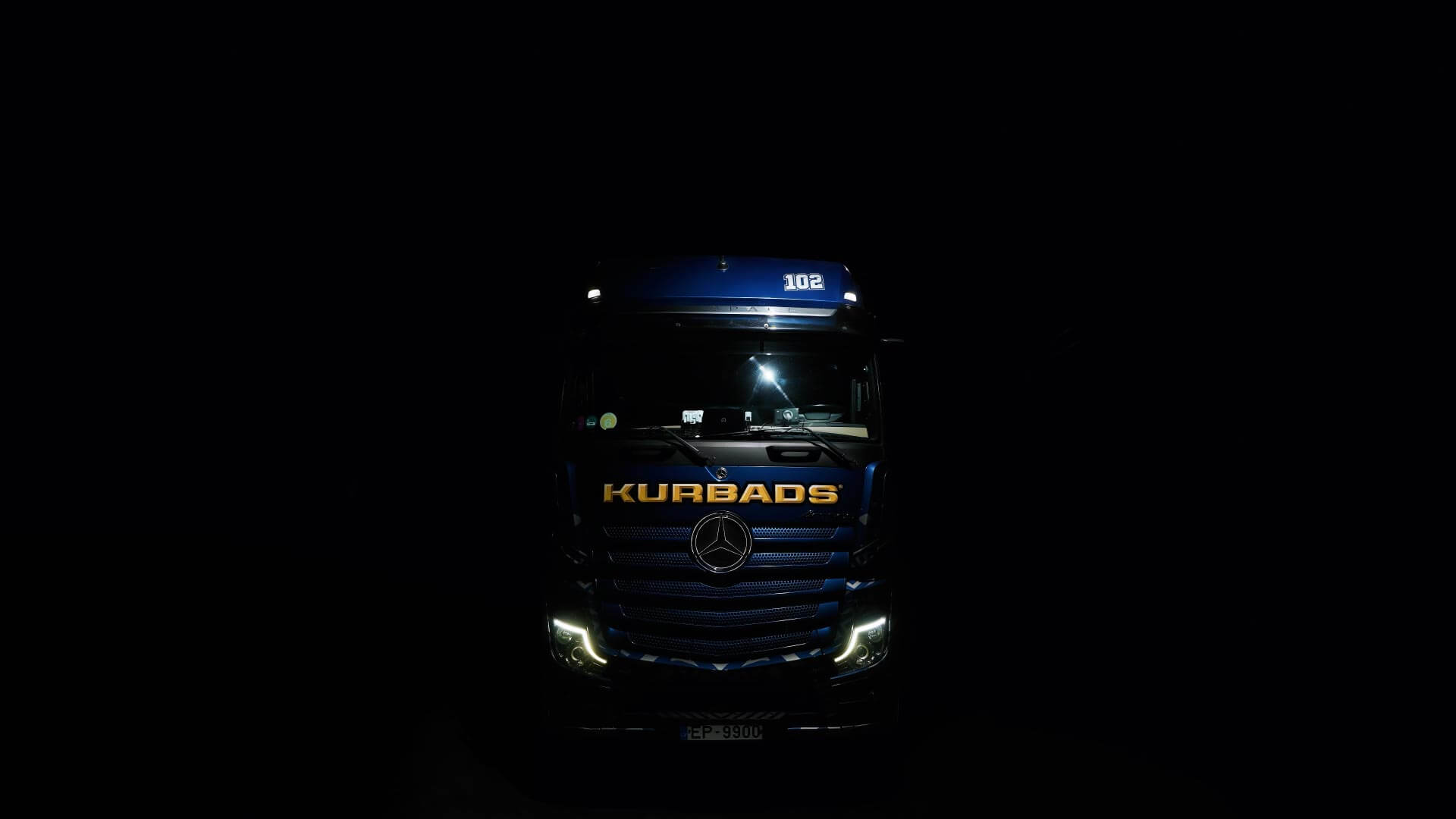
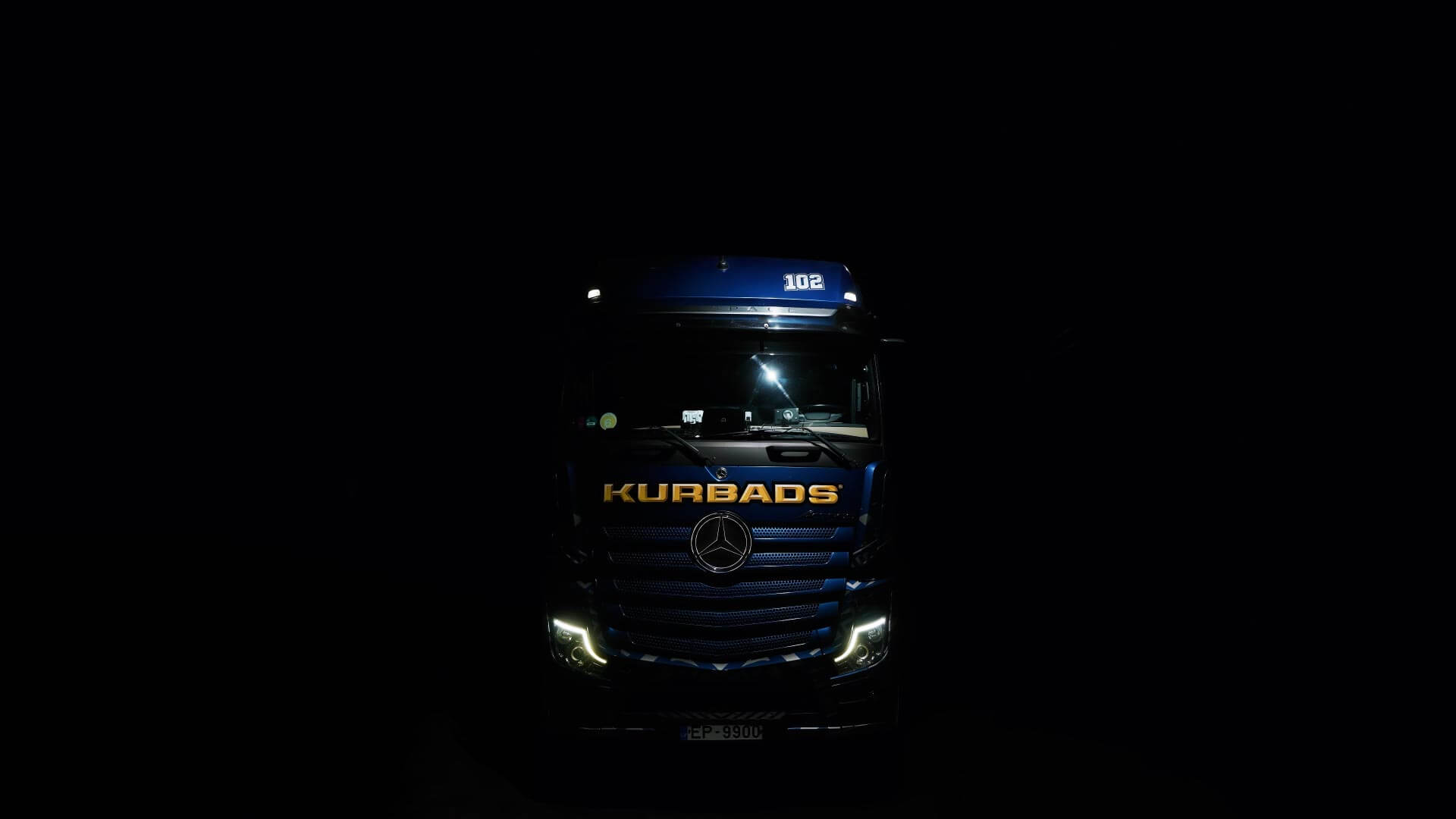
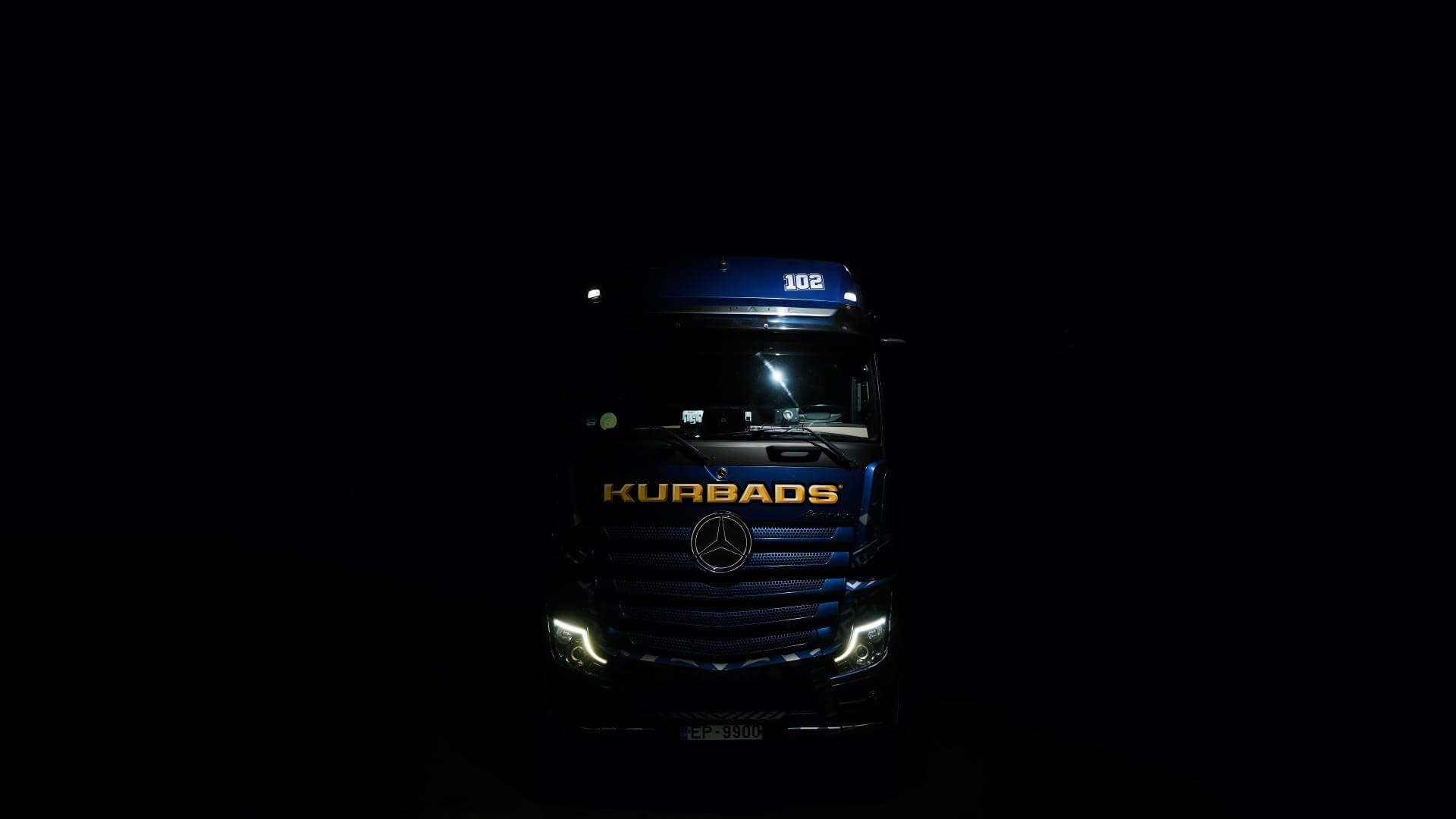
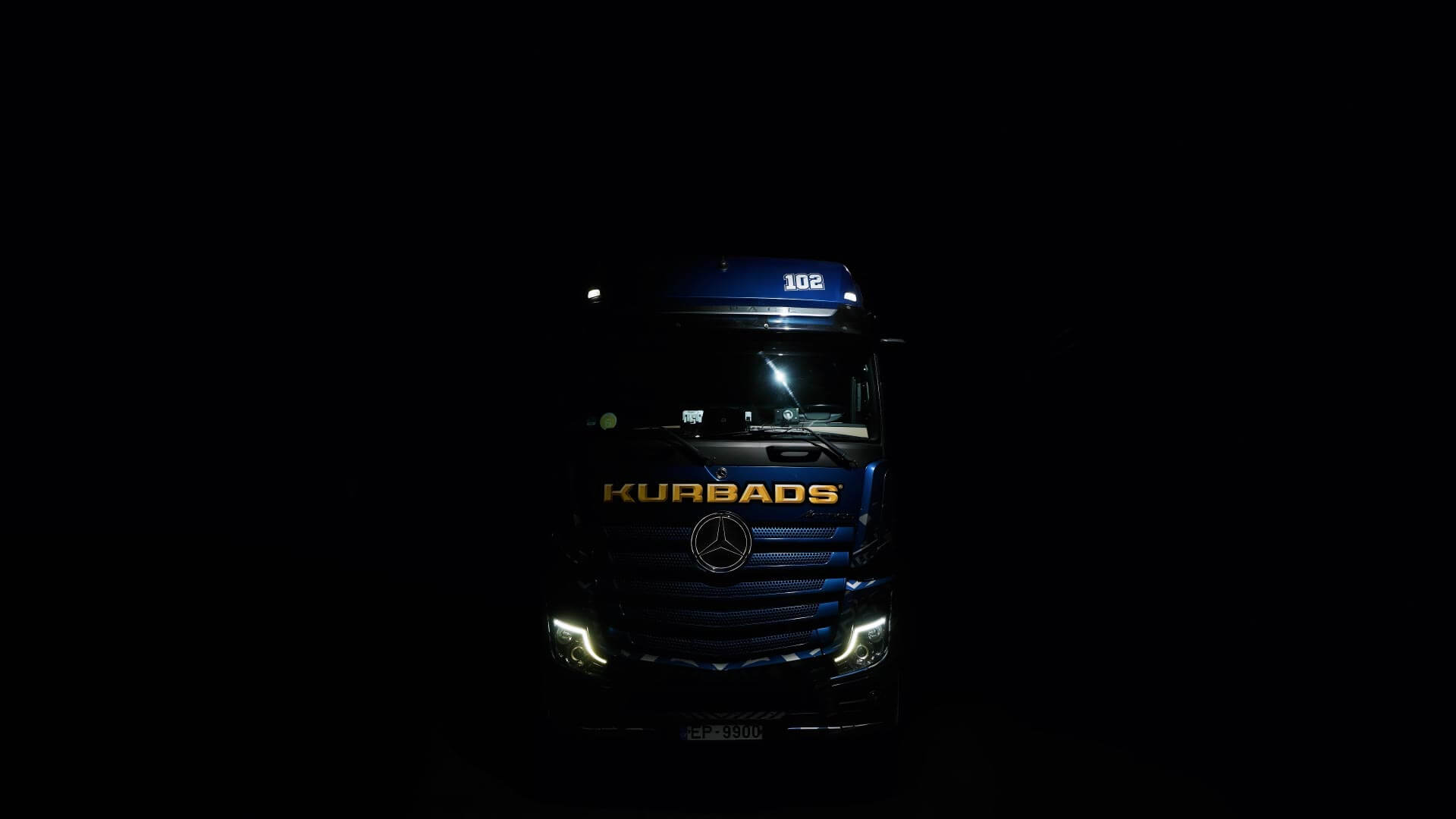
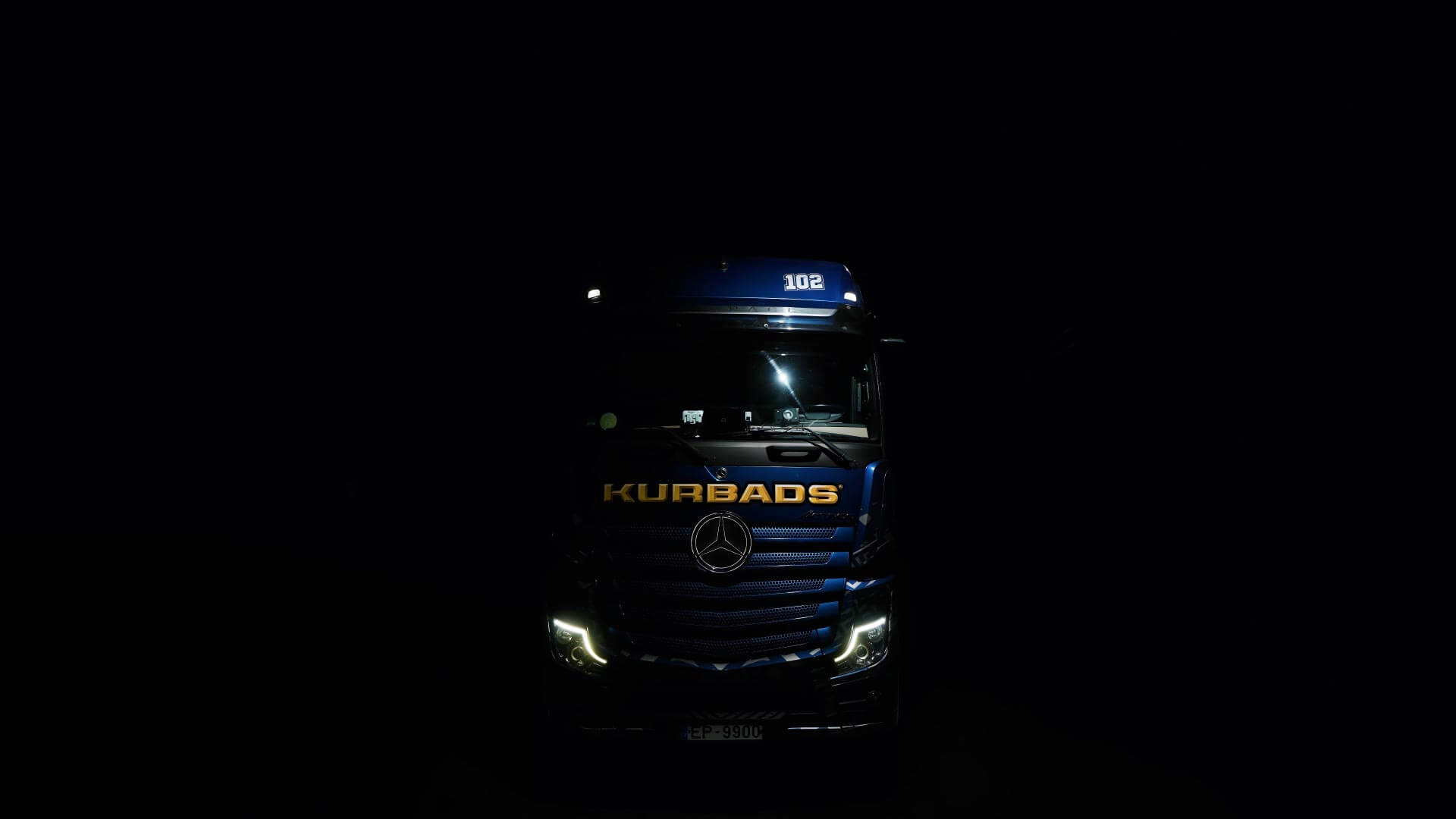
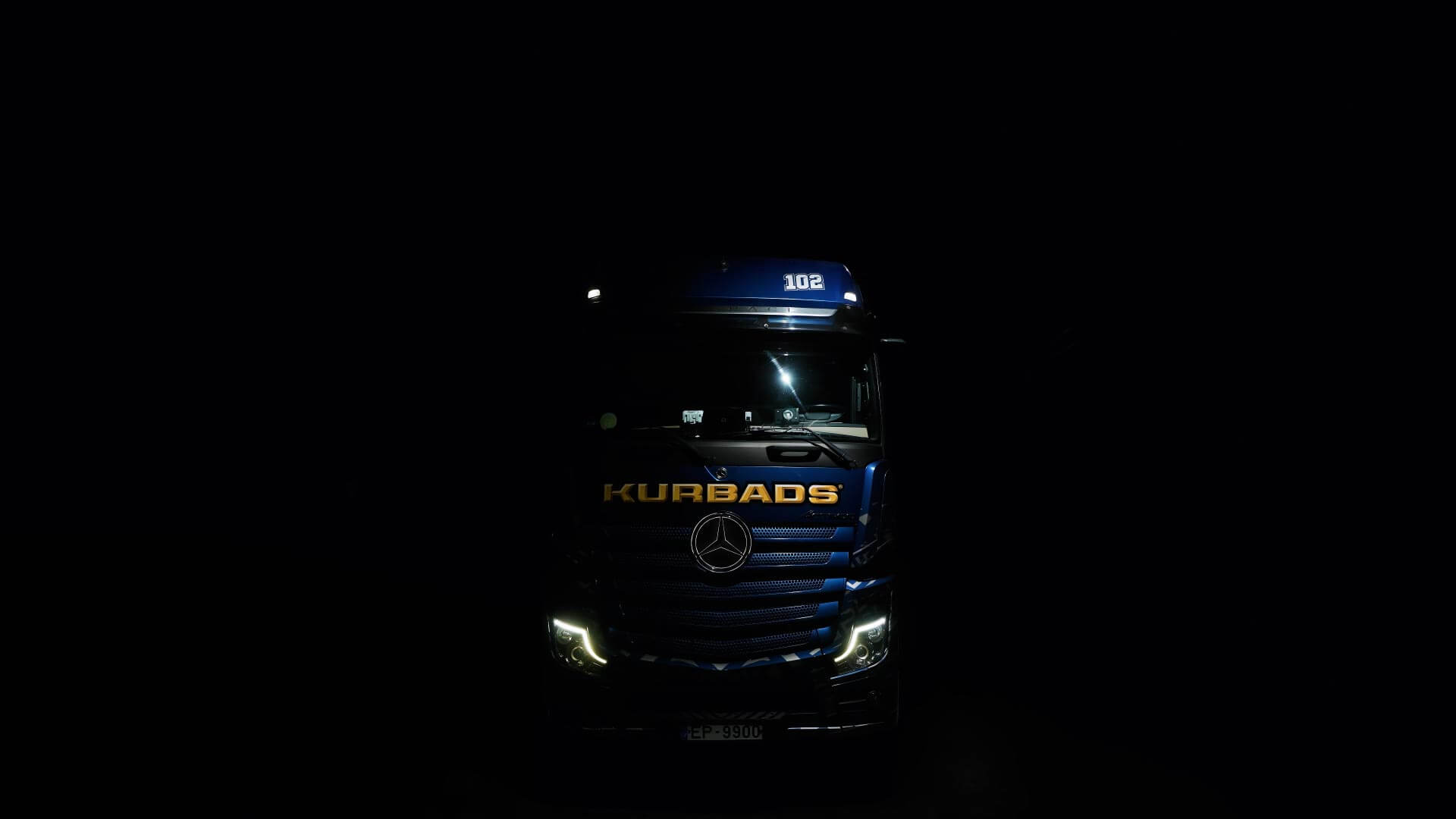
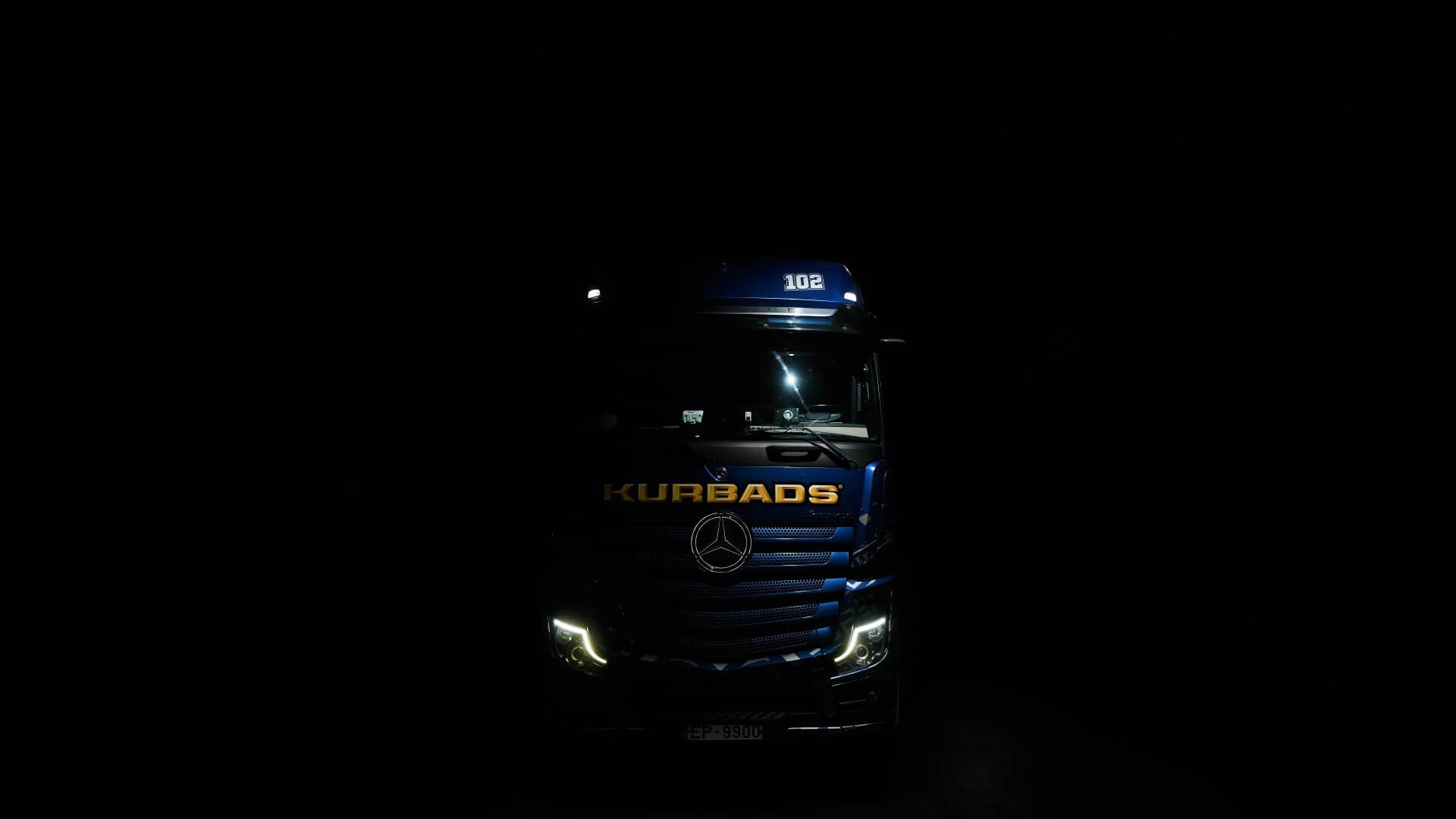
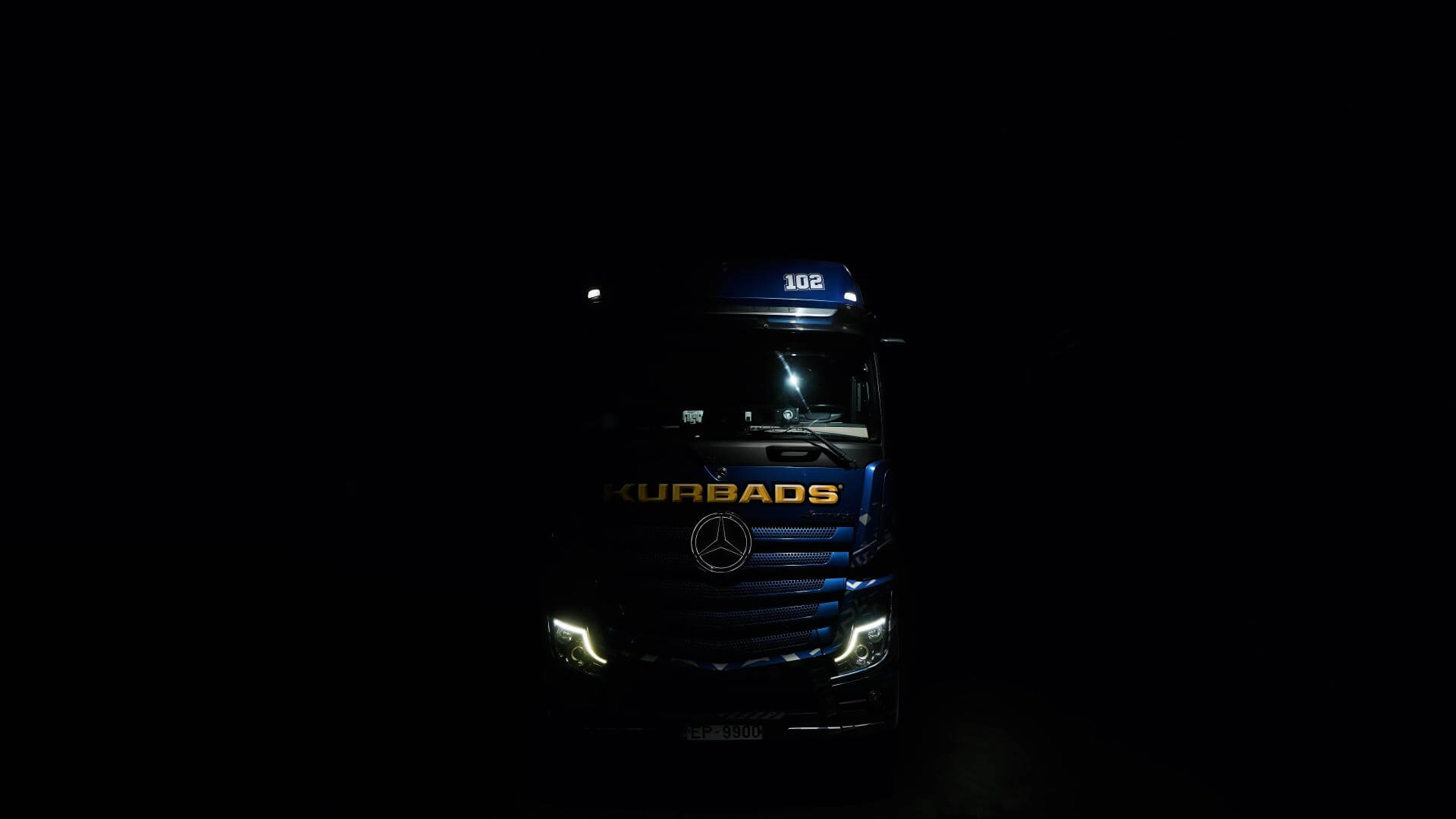
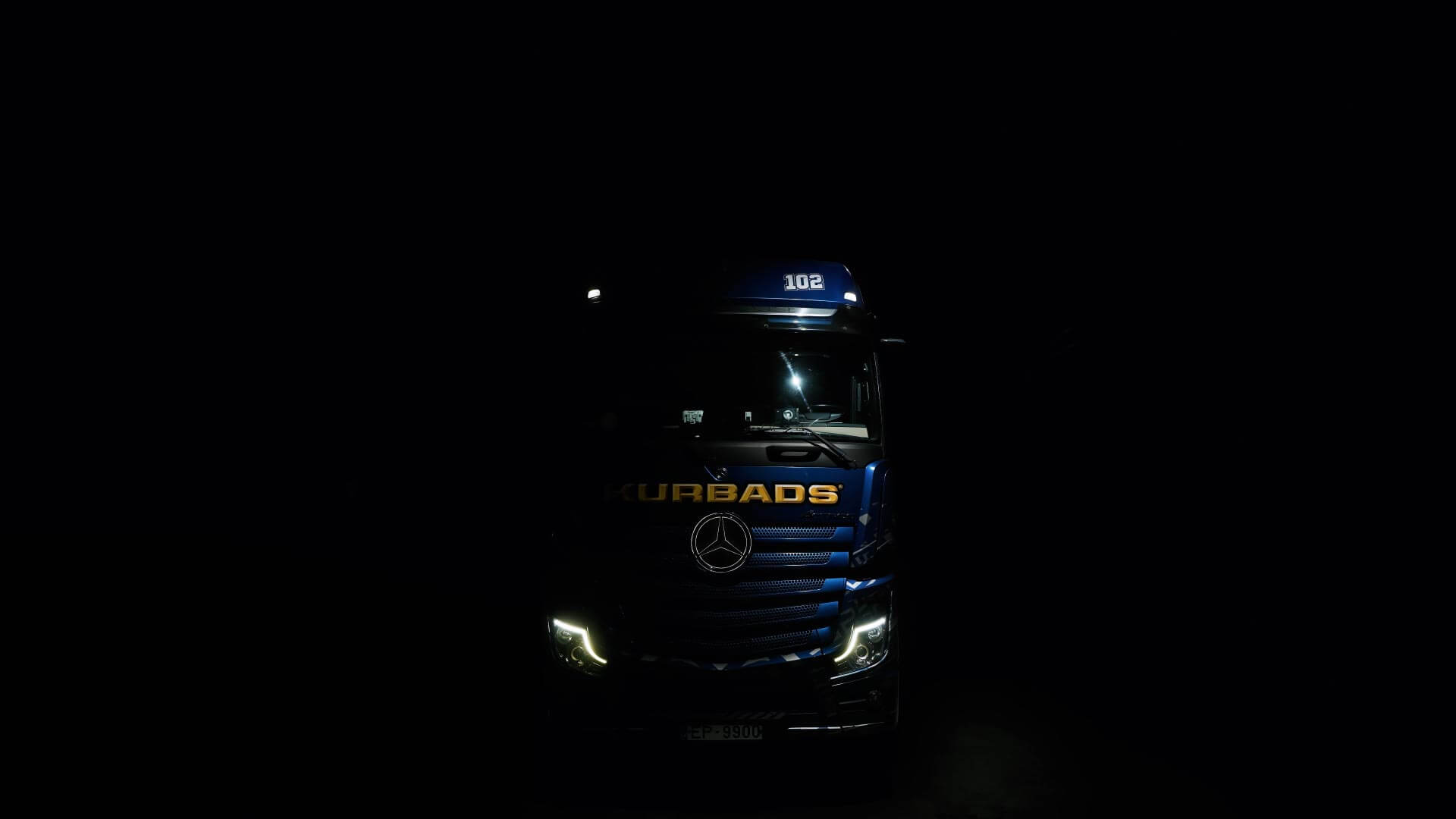
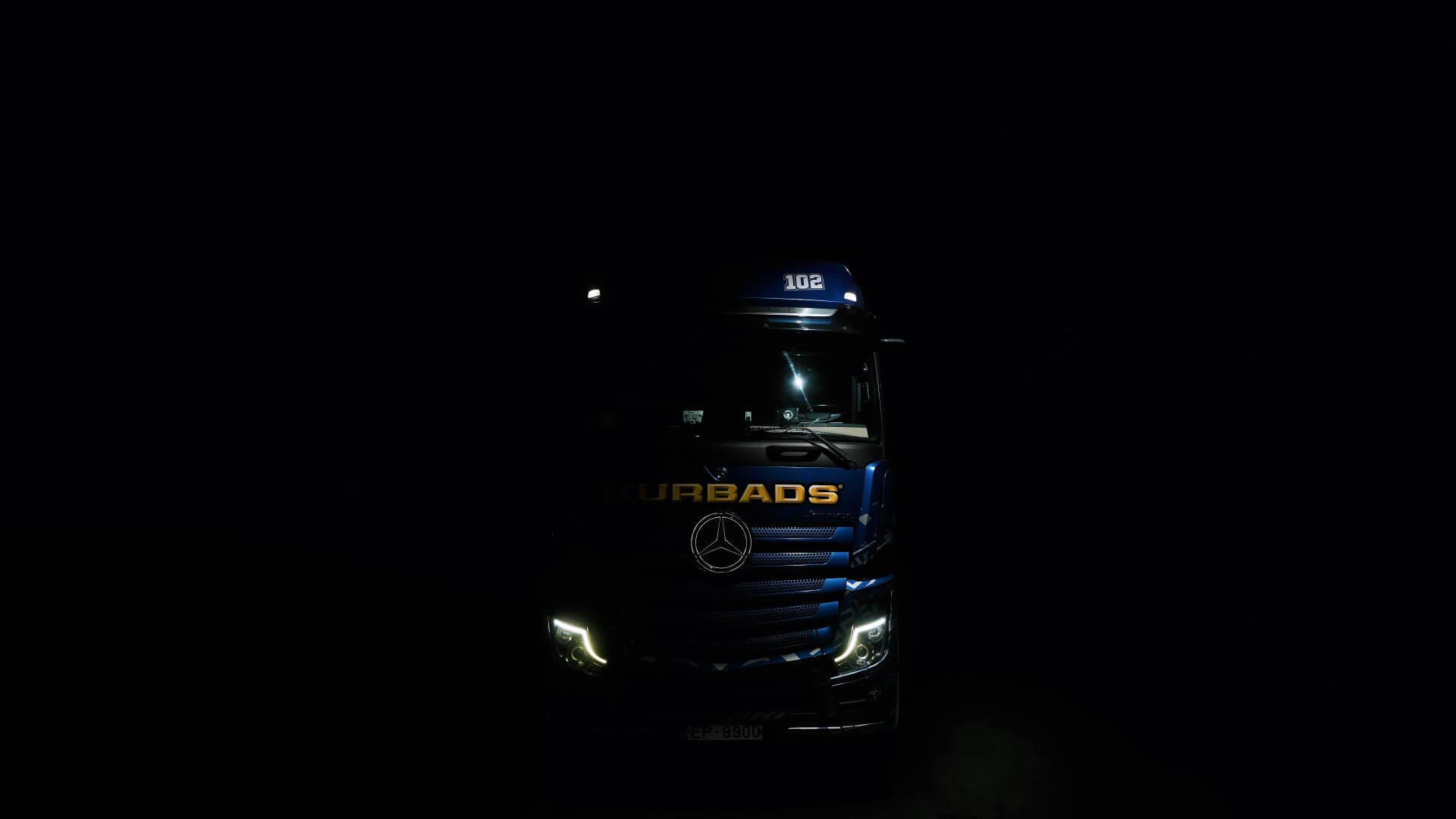
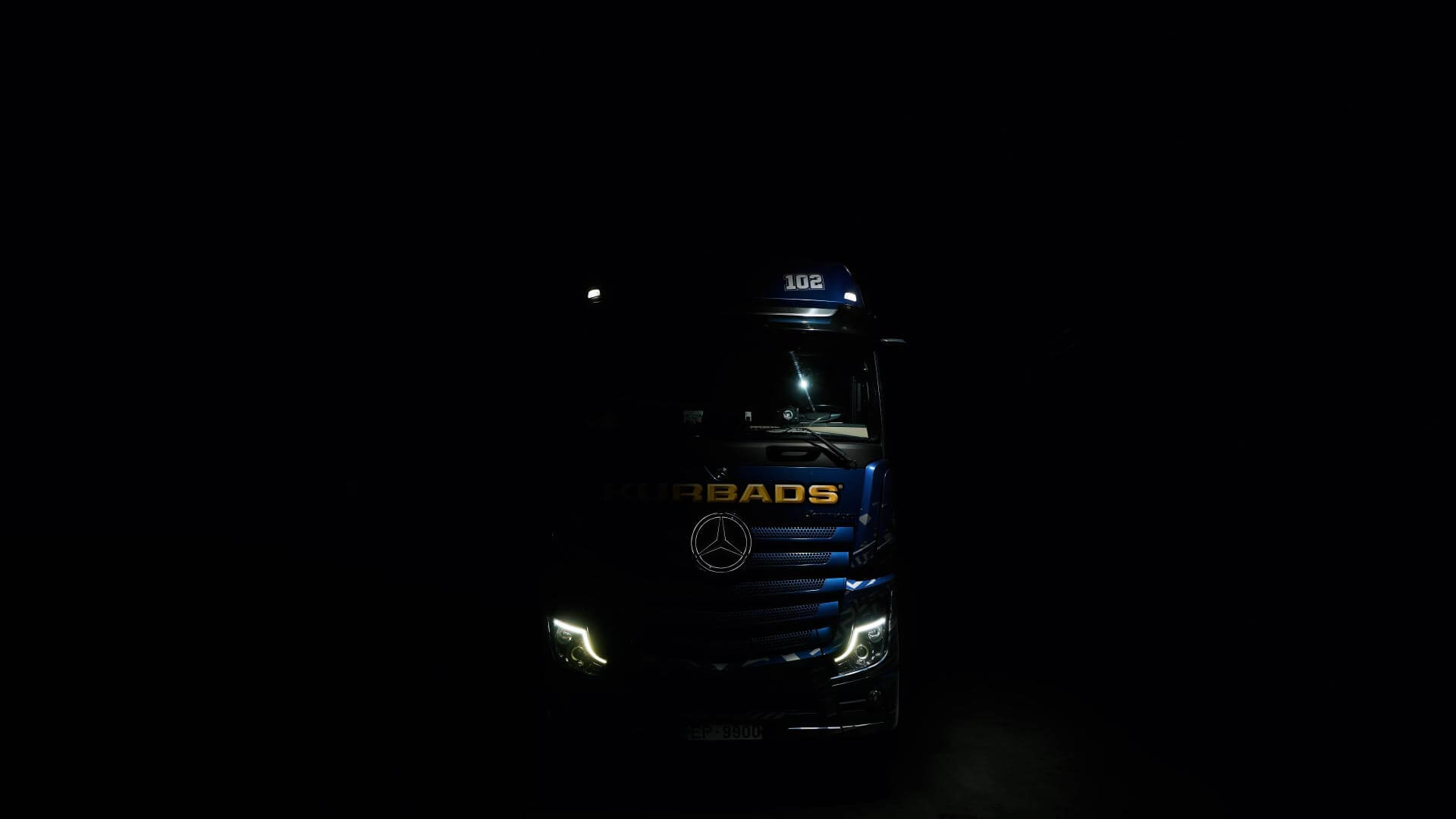
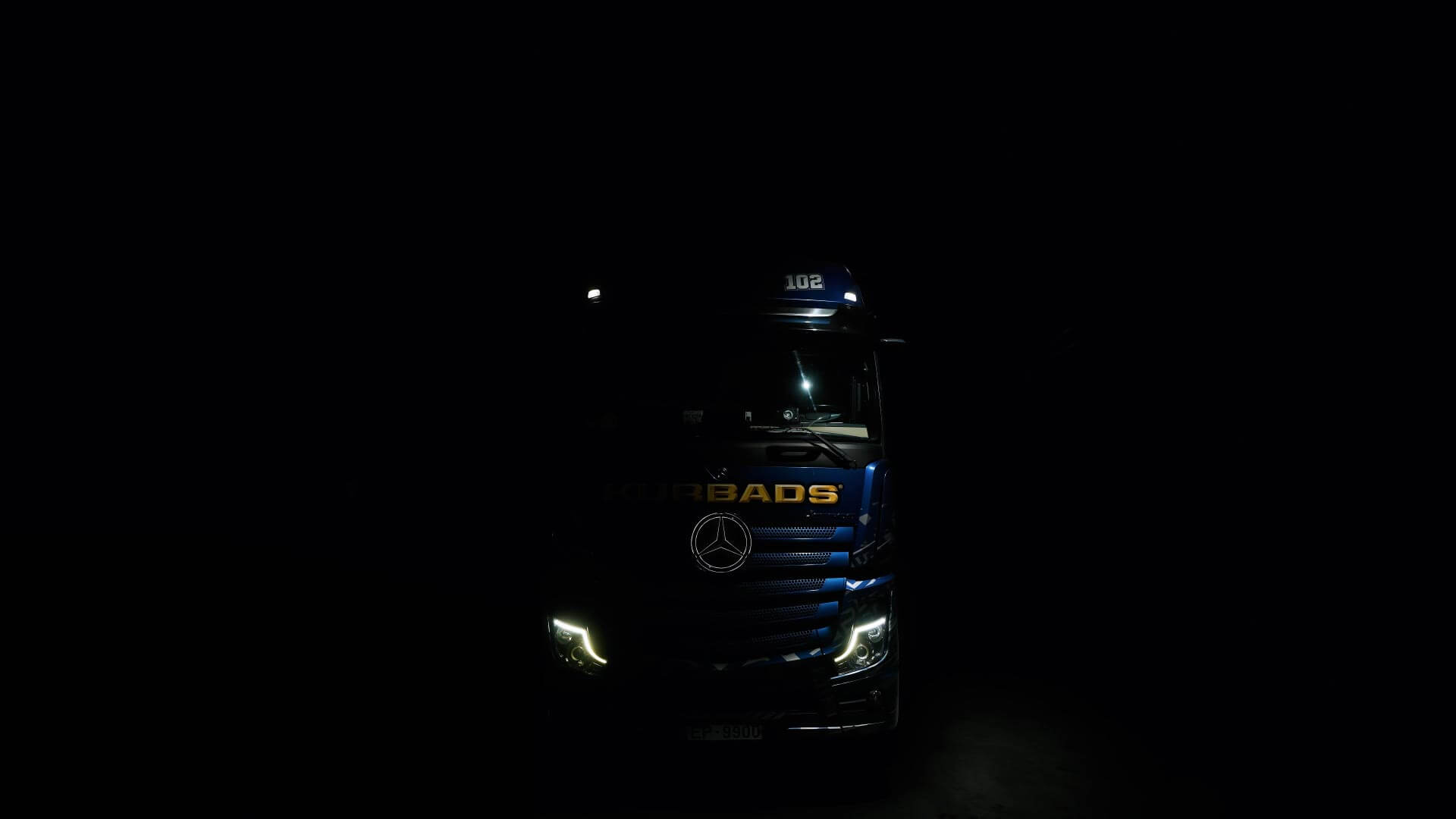
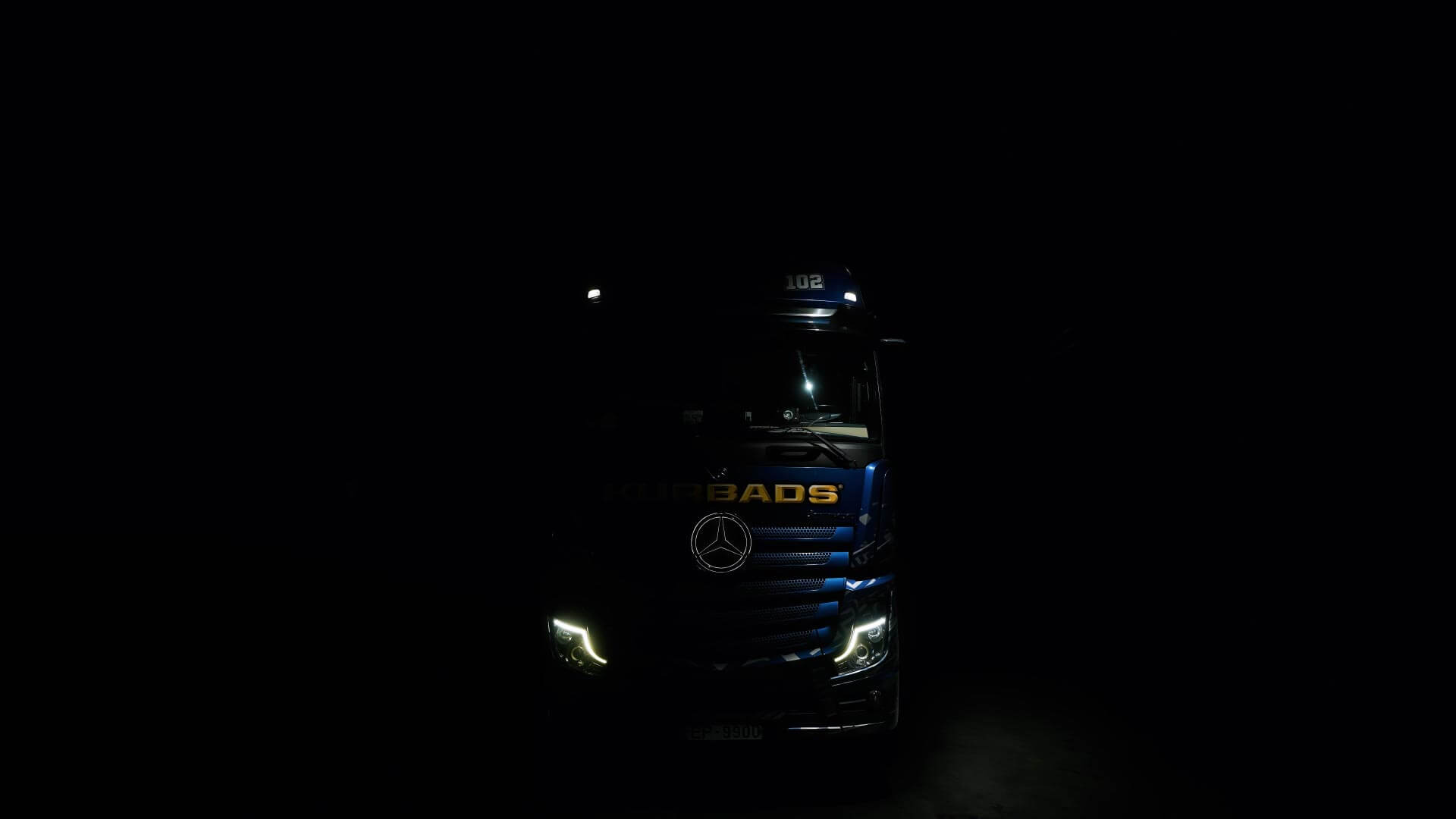
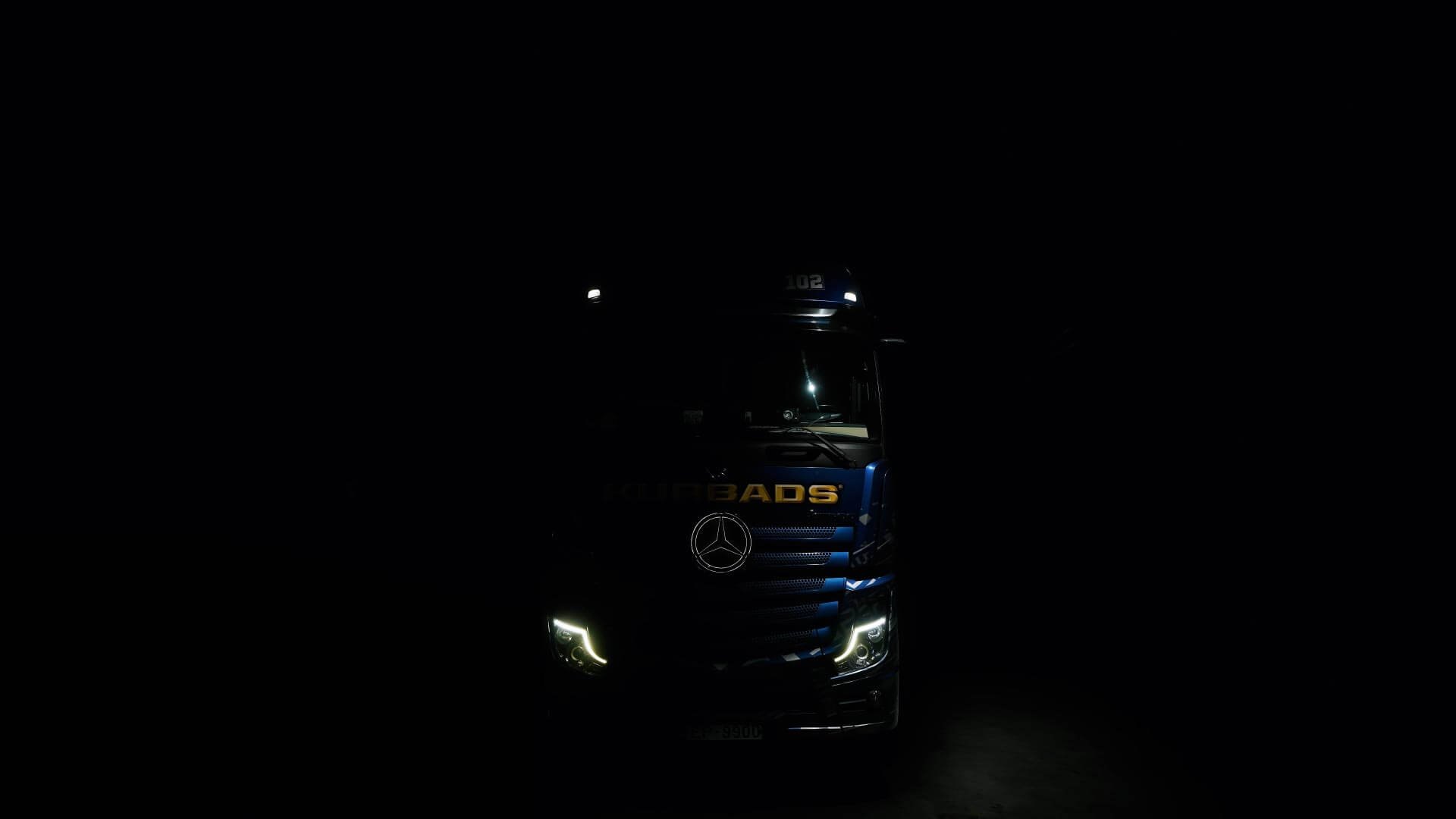
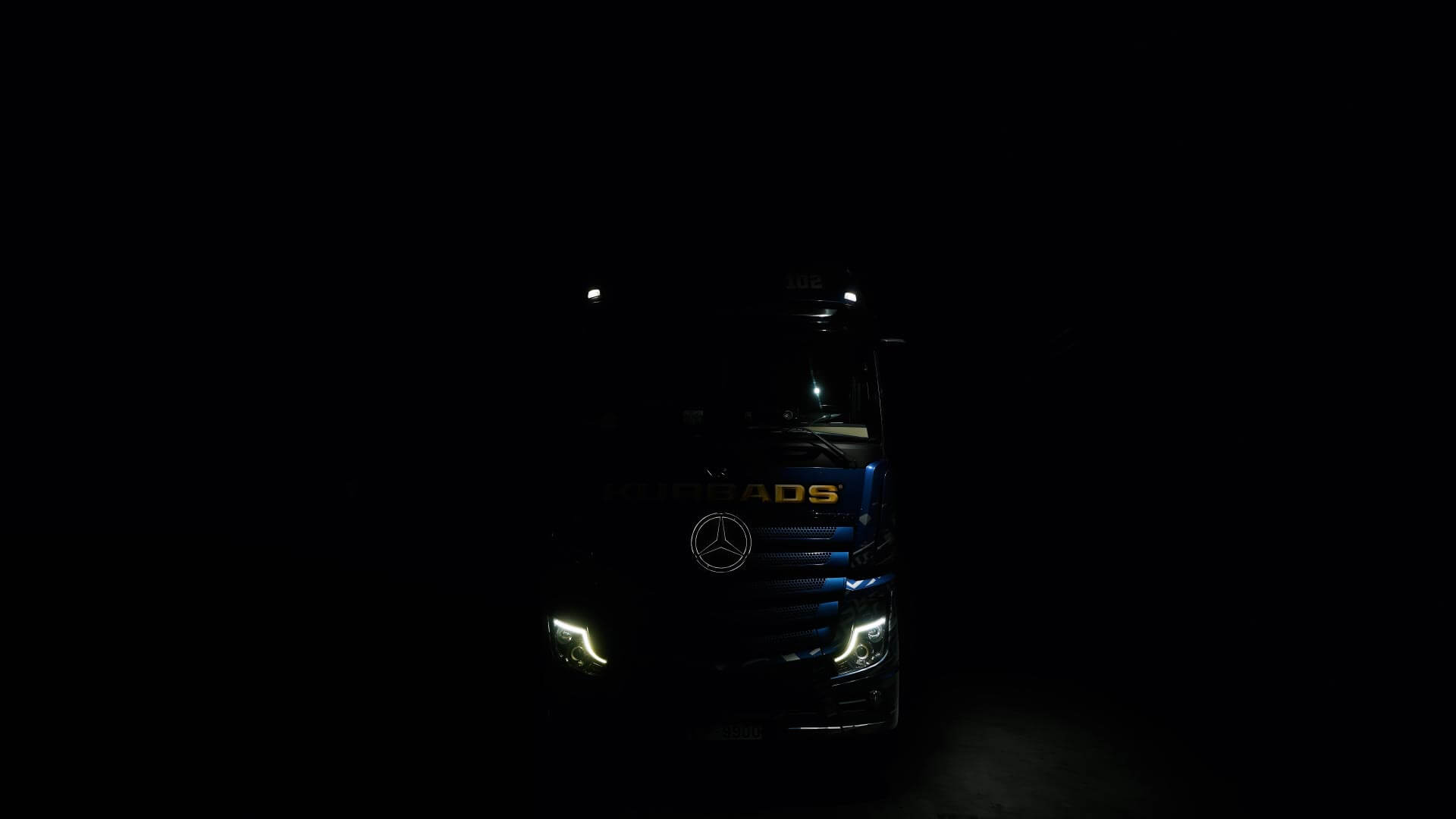
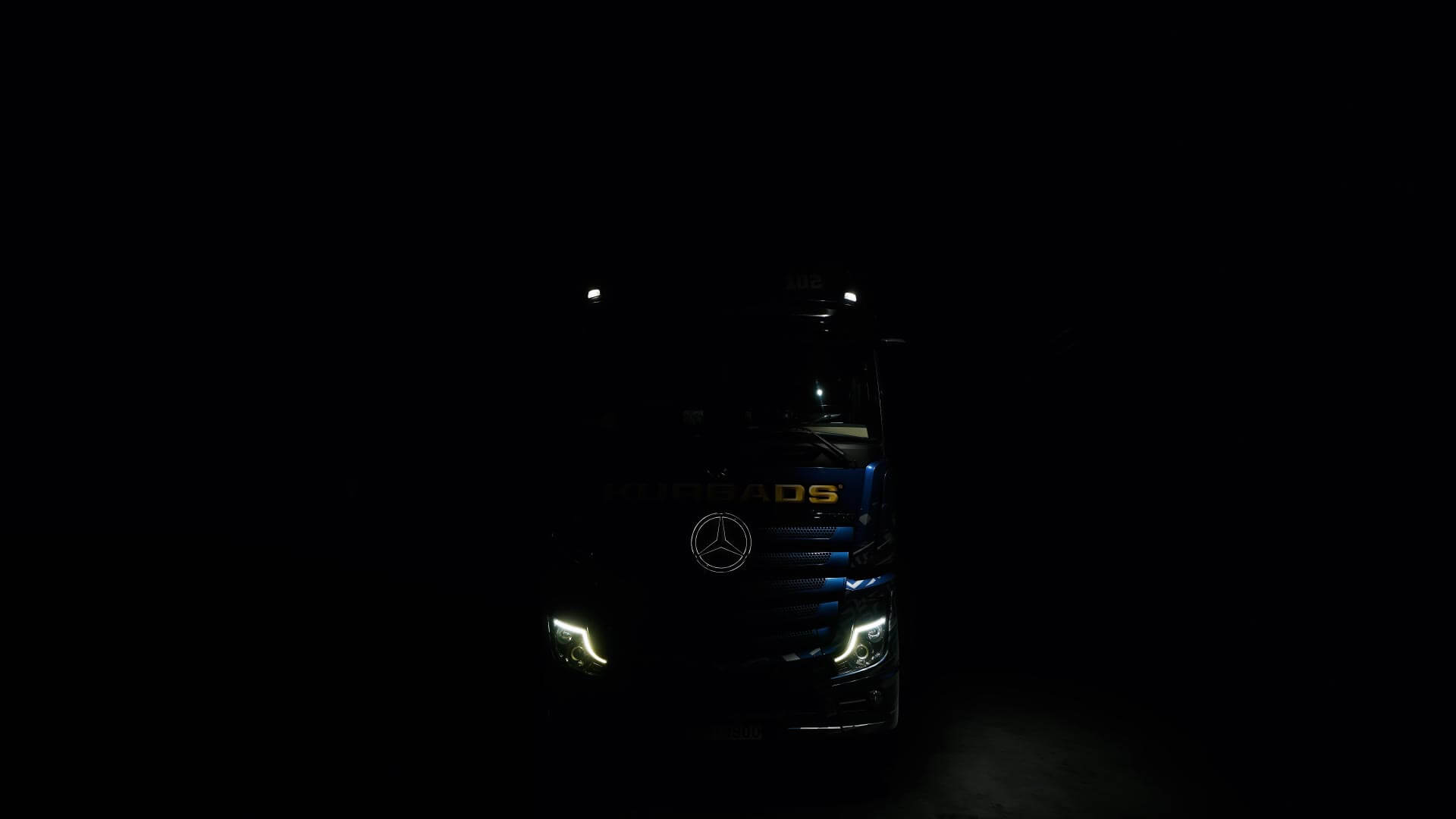
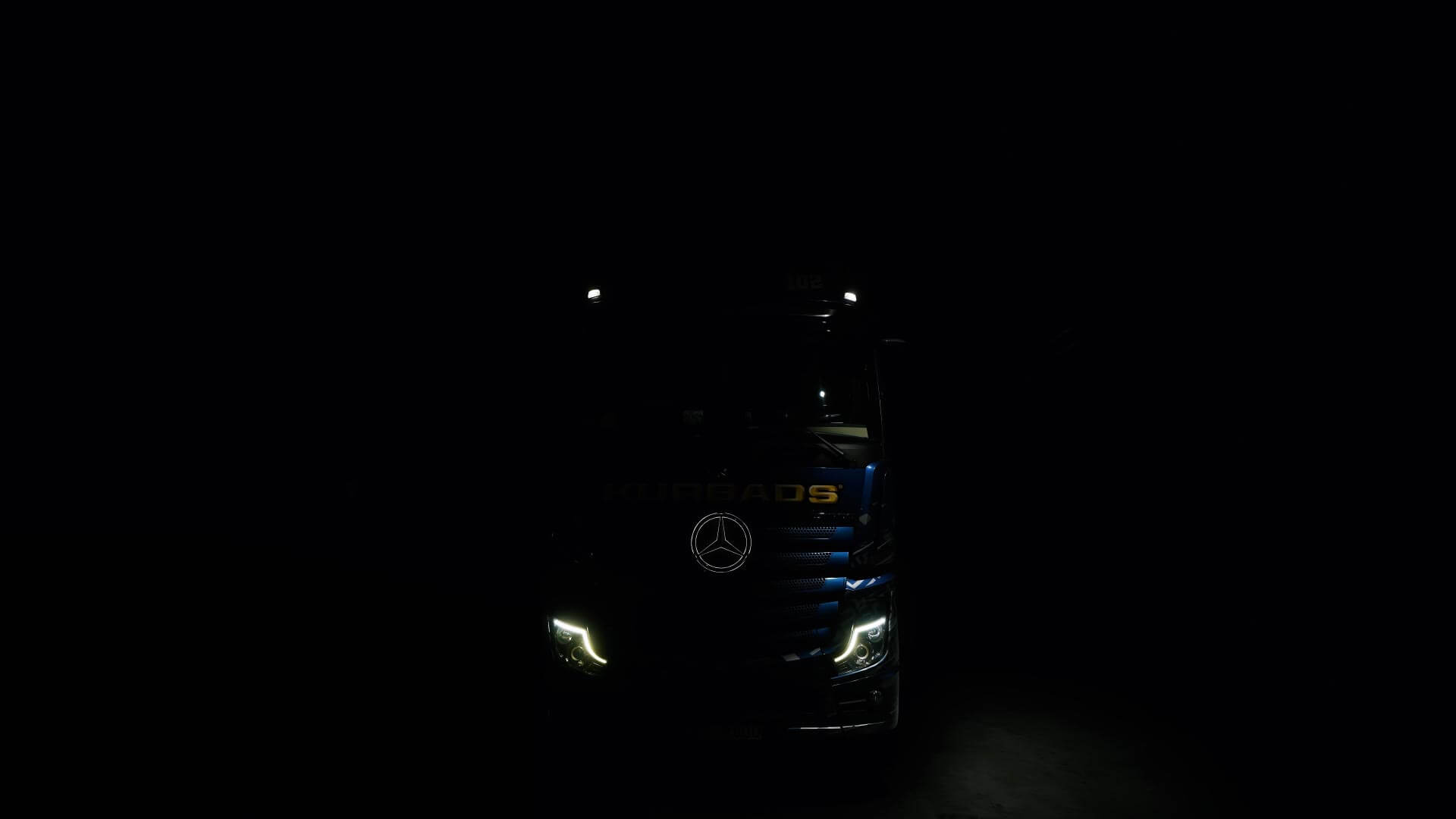
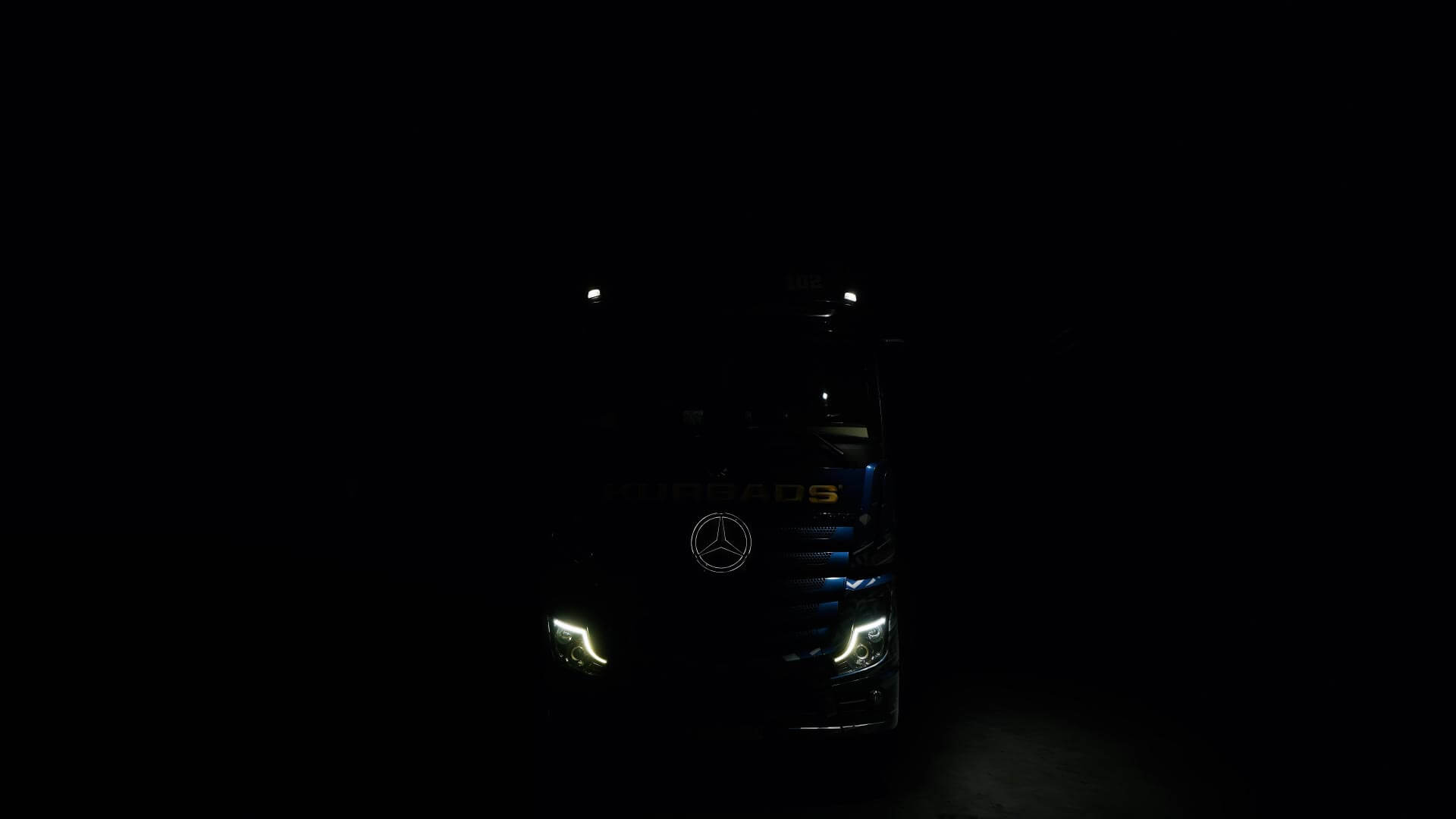
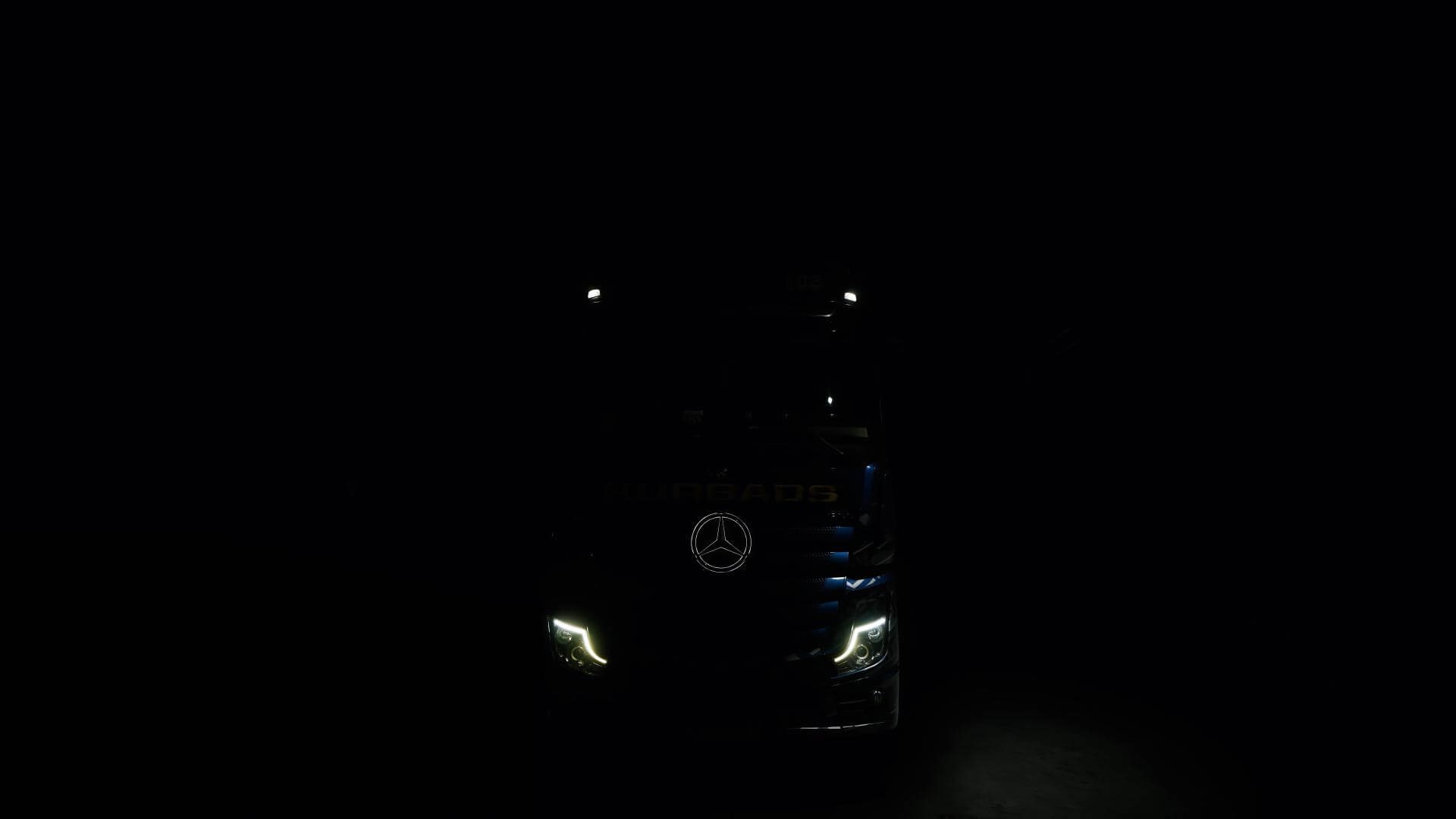
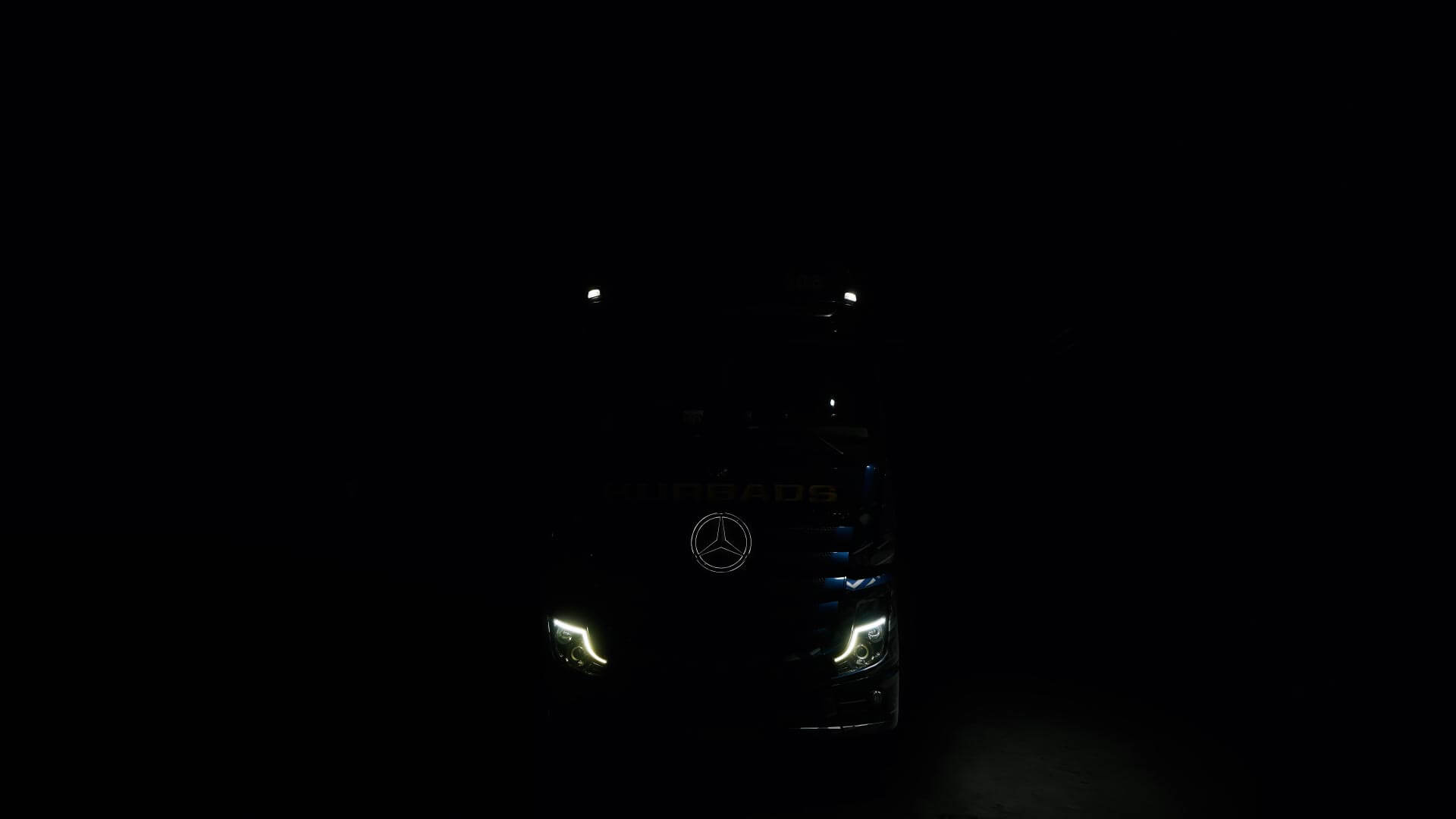
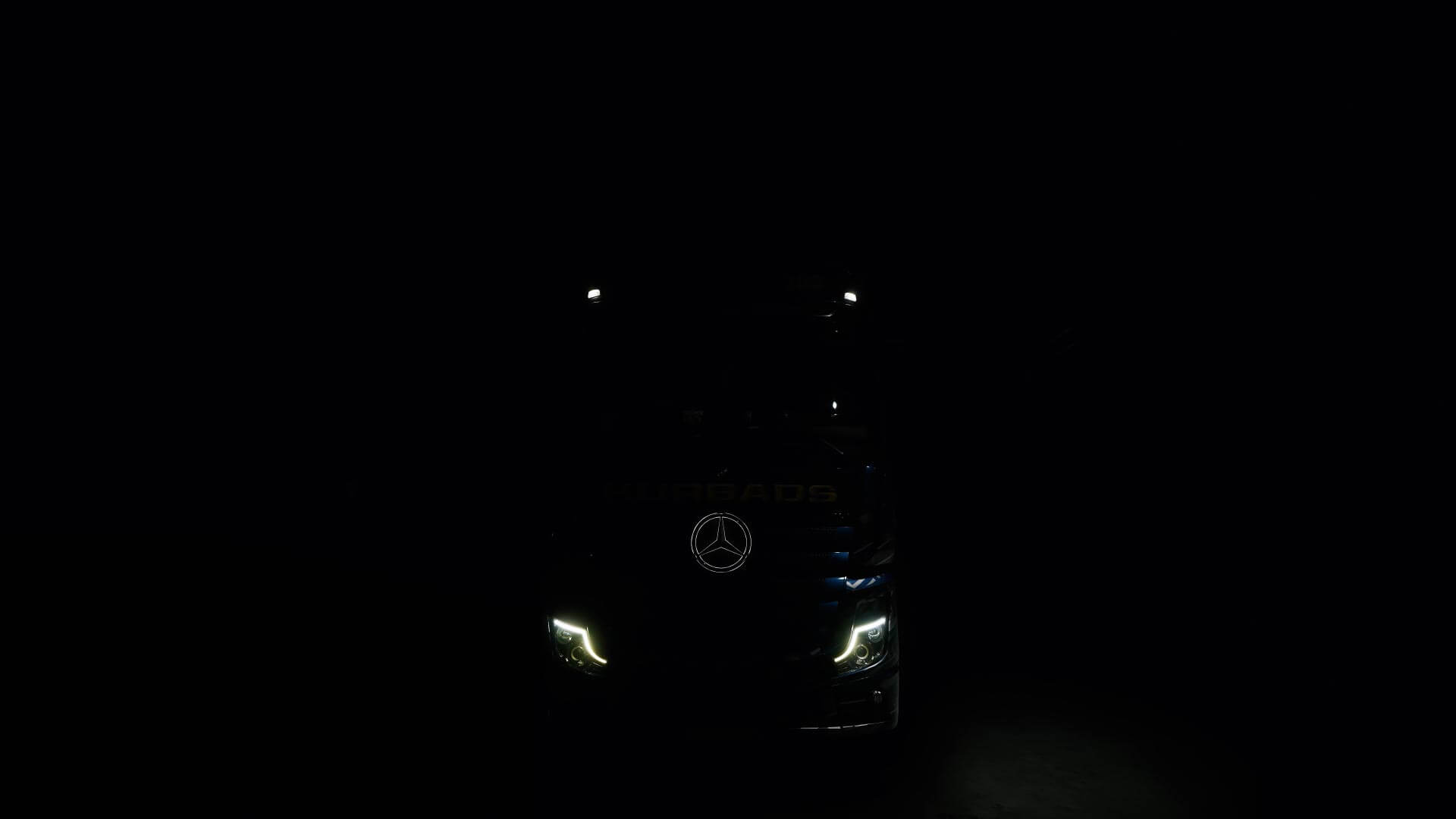
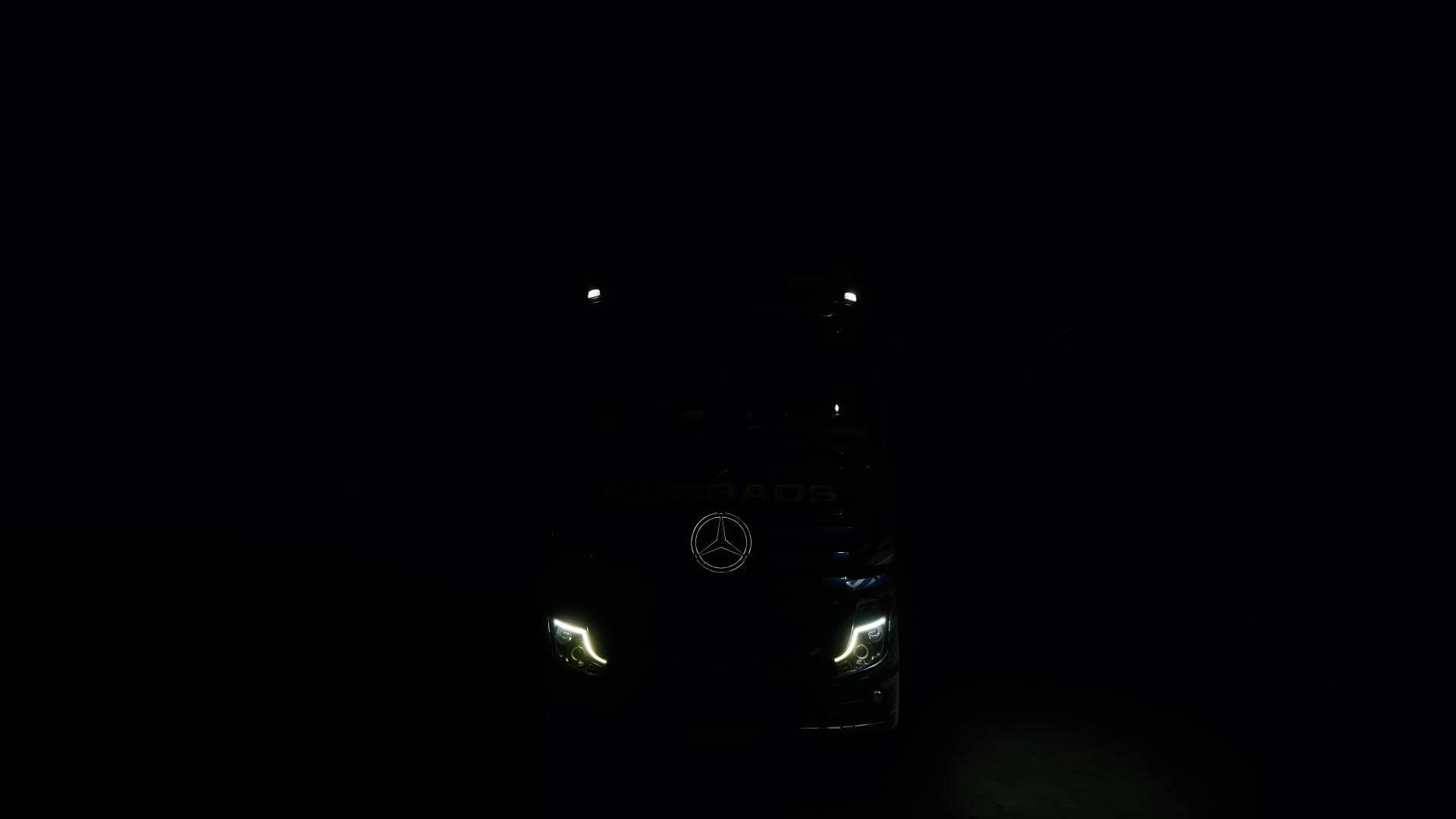






























SIA “KURBADS UN KO” turpmāk – Pārzinis), interneta vietnē www.kurbads.lv (turpmāk – Vietne) veic tādu personas datu apstrādi, kuri ir iegūti no datu subjekta – Vietnes lietotāja (turpmāk – Lietotājs).
Pārzinis rūpējas par Lietotāja privātumu un personas datu aizsardzību, ievēro Lietotāju tiesības uz personas datu apstrādes likumību saskaņā ar piemērojamajiem tiesību aktiem - Eiropas Parlamenta un padomes 2016. gada 27. aprīļa Regulu 2016/679 par fizisku personu aizsardzību attiecībā uz personas datu apstrādi un šādu datu brīvu apriti (Regula) un citiem piemērojamajiem tiesību aktiem privātuma un datu apstrādes jomā.
Ņemot vērā minēto, Pārzinis ir izstrādājis šo privātuma politiku, ar mērķi sniegt Lietotājam Regulā paredzēto informāciju.
Privātuma politika ir attiecināma uz datu apstrādi neatkarīgi no tā, kādā formā un/vai vidē Lietotājs sniedz personas datus (Vietnē, papīra formātā, klātienē, vai telefoniski).
Pārzinis patur tiesības jebkurā brīdī mainīt šos noteikumus. Vietnes apmeklētāja pienākums ir patstāvīgi pārbaudīt Vietnes saturu, lai iepazītos ar noteikumu izmaiņām.
Pārzinis ir SIA “KURBADS UN KO", PVN reģ. Nr. LV50003264331. Pārziņa adrese ir Mazjumpravas iela 24, Rīga, LV-1063, mājaslapa – www.kurbads.lv, e-pasts - kurbads@kurbads.lv, tālrunis – +371 67803311.
Ja Lietotājs Pārzinim iesniedz savus personu datus, telefoniski, izmantojot Vietnes kontaktformas, e-pastu vai cita veida pastu, mēs saglabājam un izmantojam šo informāciju, lai izpildītu vai noslēgtu attiecīgu pakalpojumu sniegšanas līgumu, tai skaitā, klienta identificēšanai; līguma sagatavošanai un noslēgšanai; pakalpojumu sniegšanai (līguma saistību izpildei); klientu apkalpošanai; iebildumu izskatīšanai un apstrādei; klientu lojalitātes celšanai; maksājumu un norēķinu administrēšanai; parādu atgūšanai un piedziņai; faktu pierādīšanai, mājaslapas uzturēšanai un darbības uzlabošanai; biznesa plānošanai un analītikai; plānošanai un uzskaitei. Tāpat, mēs šos datus apstrādāsim informācijas sniegšanai valsts pārvaldes iestādēm un operatīvās darbības subjektiem ārējos normatīvajos aktos noteiktajos gadījumos un apjomā.
Datu apstrādes tiesiskais pamati ir līguma noslēgšanai un izpildei, normatīvo aktu izpildei, saskaņā ar Klienta - datu subjekta piekrišanu, mūsu likumīgās (leģitīmās) intereses (piemēram, pārbaudīt Klienta identitāti pirms līguma noslēgšanas; nodrošināt līguma saistību izpildi; analizēt mājaslapas lietojumu darbību, nodrošināt pakalpojumu sniegšanas efektivitāti, utt.
Personas datu kategorijas – vārds, uzvārds, personas kods, e-pasta vai pasta adrese, IP adrese, tālruņa numurs, ziņojama vai vēstules saturs, utt.
Dati tiek izpausti tiem Pārziņa darbiniekiem, kam tie ir nepieciešami tiešo pienākumu veikšanai, lai izpildītu vai noslēgtu attiecīgu pakalpojumu sniegšanas līgumu.
Iegūstot un izmantojot personu datus, mēs daļēji izmantojam ārējo pakalpojumu sniedzēju pakalpojumus, kuri saskaņā ar līgumu stingri ievēro mūsu norādījumus un kurus mēs pirms pakalpojuma izmantošanas un arī turpmāk pastāvīgi kontrolējam.
Datu subjektu kategorijas – Pārziņa esošie, bijušie un potenciālie klienti, kā arī citas personas, kas izsaka vēlmi sazināties ar Pārzini.
Saņemtos datus nav plānots ārpus Latvijas, Eiropas Savienības vai Eiropas ekonomiskās zonas, kā arī netiks nodoti nevienai starptautiskai organizācijai. Tai pašā laikā, ņemot vērā, ka Vietne ir saistīta ar Google un Facebook servisiem, Pārzinis nevar garantēt, ka minētie uzņēmumi datus nenodos ārpus Eiropas Savienības vai Eiropas ekonomiskās zonas.
Mēs apstrādājam un glabājam Lietotāja personas datus, kamēr kādai no pusēm pastāv juridisks pienākums datus glabāt.
Pēc tam, kad minētie apstākļi izbeidzas, un ja norādījumos par datu aizsardzību nav minēts citādi, mēs personu datus izdzēšam vēlākais trīs mēnešus pēc tam, kad vairs nav spēkā sākotnējais datu saglabāšanas iemesls, izņemot gadījumus, ja mūsu tiesiskais pienākums ir arī turpmāk saglabāt šos datus (piemēram, bet ne tikai, grāmatvedības uzskaites vai tiesvedības vajadzībām).
Datu subjektam ir tiesības mēneša laikā no attiecīga pieprasījuma iesniegšanas dienas saņemt piekļuvi datu subjekta personas datiem.
Lietotājs var iesniegt pieprasījumu par savu tiesību īstenošanu rakstveida formā klātienē, Pārziņa juridiskajā adresē (uzrādot personu apliecinošu dokumentu), pa pastu, vai e-pasta veidā, parakstot ar drošu elektronisko parakstu;
Saņemot Lietotāja pieprasījumu par savu tiesību īstenošanu, Pārzinis pārliecinās par Lietotāja identitāti, izvērtē pieprasījumu un izpilda to saskaņā ar normatīvajiem aktiem.
Lietotājam ir tiesības saņemt normatīvajos aktos noteikto informāciju saistībā ar viņa datu apstrādi, tiesības pieprasīt piekļuvi saviem personas datiem, kā arī pieprasīt Pārzinim veikt to papildināšanu, labošanu vai dzēšanu, apstrādes ierobežošanu vai tiesības iebilst pret apstrādi, ciktāl šīs tiesības nav pretrunā ar datu apstrādes mērķi (līgumu noslēgšana vai izpilde).
Datu subjektam nav tiesību saņemt informāciju, ja šo informāciju aizliegts izpaust saskaņā ar likumu nacionālās drošības, valsts aizsardzības, sabiedrības drošības, krimināltiesību jomā, kā arī nolūkā nodrošināt valsts finanšu intereses nodokļu lietās vai finanšu tirgus dalībnieku uzraudzību un makroekonomisko analīzi.
Vietnē tiek vākti dati par Vietnes apmeklētājiem, tādējādi gūstot iespēju Vietnes uzturētājam izvērtēt, cik noderīga ir Vietne, un kā to varētu uzlabot.
Pārzinis nemitīgi pilnveido Vietni, ar mērķi, uzlabot tās lietošanu, tāpēc Pārzinim ir jāzina, kāda informācija ir svarīga Vietnes apmeklētājiem, cik bieži viņi šo Vietni apmeklē, kādas ierīces un pārlūkprogrammu viņi izmanto, no kāda reģiona nāk apmeklētāji, un kādu saturu vislabprātāk lasa.
Pārzinis izmanto sistēmu Google Analytics, kas ļauj Pārzinim analizēt, kā apmeklētāji izmanto Vietni. Par to, kā darbojas Google Analytics pamatprincipi, iespējams uzzināt Google mājas lapā https://support.google.com/analytics/answer/1012034?hl=lten&ref_topic=6157800. Pārzinis izmanto savāktos datus savās tiesiskajās interesēs, lai uzlabotu izpratni par Vietnes apmeklētāju vajadzībām un uzlabotu pieejamību Pārziņa publiskotajai informācijai. Apmeklētājs jebkurā laikā var pārtraukt datu vākšanu Google Analytics, kā tas ir aprakstīts šeit: https://tools.google.com/dlpage/gaoptout/.
Serveris, kurā izvietota Vietne, var reģistrēt apmeklētāja nosūtītos pieprasījumus (izmantotā ierīce, pārlūkprogramma, IP adrese, piekļuves datums un laiks). Šajā punktā minētie dati tiek izmantoti tehniskiem nolūkiem: lai nodrošinātu Vietnes pienācīgu funkcionēšanu un drošību un izmeklētu iespējamos drošības incidentus. Šajā punktā minēto datu vākšanas pamats ir Pārziņa tiesiskā interese nodrošināt Vietnes tehnisku pieejamību un integritāti.
Sīkdatnes ir nelieli faili, kurus, katru reizi, kad apmeklētājs apmeklē Vietni, pārlūkprogramma saglabā apmeklētāja datorā tādā apmērā, kā norādīts apmeklētāja datora pārlūkprogrammas iestatījumos. Atsevišķas sīkdatnes tiek izmantotas, lai atlasītu un piemērotu apmeklētājam piedāvājamo informāciju un reklāmas, pamatojoties uz saturu, ko apmeklētājs aplūkojis agrāk, un tādējādi veidotu apmeklētājiem Vietnes lietošanu vienkāršu, ērtu un individuāli piemērotu. Papildu informāciju par sīkdatnēm, kā arī to dzēšanu un pārvaldīšanu, var iegūt mājaslapā www.aboutcookies.org.
Vietne izmanto sīkdatnes, lai vāktu lietotāja IP adreses un pārlūkošanas informāciju un ļautu Vietnei atcerēties apmeklētāja izvēli. Sīkdatnes ļauj Pārzinim sekot līdzi Vietnes datu plūsmai un lietotāju mijiedarbībai ar Vietni – Pārzinis izmanto šos datus, lai analizētu apmeklētāju uzvedību un uzlabotu Vietni. Sīkdatņu izmantošanas tiesiskais pamats ir Pārziņa leģitīmā interese nodrošināt Vietnes funkcionalitāti, pieejamību un integritāti.
Apmeklētājs var kontrolēt un/vai dzēst sīkdatnes pēc savas izvēles. Plašāka informācija par šo procesu ir pieejama šeit www.aboutcookies.org. Apmeklētājs var izdzēst visas sīkdatnes, kuras ir viņa datorā, un lielāko daļu pārlūkprogrammu var iestatīt tā, lai tiktu bloķēta sīkdatņu ievietošana datorā. Apmeklētājs var atteikties no sīkdatnēm pārlūkprogrammas izvēlnē vai https://tools.google.com/dlpage/gaoptout. Lai veiktu nepieciešamos uzstādījumus, apmeklētājam nepieciešams iepazīties ar savas pārlūkprogrammas noteikumiem. Sīkdatņu bloķēšanas gadījumā apmeklētājam manuāli būs jāpielāgo iestatījumi ikreiz, kad tiks apmeklēta Vietne, turklāt pastāv iespējamība, ka daži pakalpojumi un funkcijas nedarbosies.
Statistikas datiem par Vietnes apmeklētājiem var piekļūt tikai tie Pārziņa darbinieki, kuri ir atbildīgi par tādu datu analīzi.
Ja nav noteikts citādi, sīkdatnes tiek glabātas, kamēr tiek izpildīta darbība, kādam nolūkam tās vāktas, un pēc tam tās tiek dzēstas.
Gadījumā ja Pārziņa Vietnē ir paraudzēta foruma vai komentāru iespēja, šādā gadījumā, Vietnē tiek saglabāti IP adrese, kā arī dati, ko norādījis pats apmeklētājs. Sīkdatnes, kas satur šos datus, Jūsu ērtībām (lai nākamreiz nebūtu jāraksta pa jaunu) var tikt saglabātas vienu gadu.
| Nodrošina | SĪKDATNES NOSAUKUMS | IZMANTOŠANAS NOLŪKS | UZGLABĀŠANAS ILGUMS |
|---|---|---|---|
| Google Analytics | _ga | Izmanto, lai noteiktu tīmekļa vietnes unikālos apmeklētājus, piešķirot katram nejaušā kārtībā ģenerētu identifikatoru (“Google Universal Analytics” sīkdatne) | 2 gadus no izveidošanas |
| Google Analytics | _gid | Izmanto, lai noteiktu tīmekļa vietnes unikālos apmeklētājus (“Google Universal Analytics” sīkdatne) | 24 stundas no izveidošanas |
| Google Analytics | _gat_UA-39952253-1 | Izmanto, lai samazinātu Google reģistrēto datu apjomu, ja ir liels lietotāju skaits tīmekļa vietnē (“Google Universal Analytics” sīkdatne) | 1 minūti no izveidošanas |
Mēs, iespējams, sadarbosimies ar trešajām personām, kas ir pilnvaroti ievietot trešo personu sīkdatnes mūsu vietnēs vai mūsu pakalpojumus, lietotnēs un rīkos ar jūsu piekrišanu. Šie pakalpojumu sniedzēji ļauj mums nodrošināt jums labāku, ātrāku un drošāku tīmekļa vietnes lietošanas pieredzi. Ievērojiet, ka uz trešo personu sīkdatnēm attiecas trešo personu privātuma politika, tāpēc mēs neuzņemamies nekādu atbildību par šīm privātuma politikām.
Vietnē ir uzstādīts rīks "Facebook pixel". Šī rīka izmantošanas mērķis ir satura un reklāmu pielāgošana Facebook lietotājiem. Lai uzzinātu vairāk par Facebook privātuma politiku, noklikšķinot šeit https://www.facebook.com/about/privacy/. Tāpat jūs varat izmainīt reklāmas iestatījumus savā Facebook profilā.
Datu subjektam ir tiesības iesniegt sūdzību uzraudzības iestādei (Datu valsts inspekcijai). Dokumentus Datu valsts inspekcijā pieņem, izmantojot pastu, elektronisko pastu (ar drošu elektronisko parakstu parakstītus dokumentus), kā arī tos var atstāt Blaumaņa ielā 11/13, Rīgā, 1.stāva pastkastē. Datu valsts inspekcija pieņem elektroniskā pasta sūtījumus, kas saņemti uz elektroniskā pasta adresi info@dvi.gov.lv.
Mēs paturam tiesības laiku pa laikam izmainīt un papildināt šīs privātuma politikas saturu, lai precizētu aprakstu tam, kā mēs apstrādājam jūsu datus.
Ņemot vērā minēto, aicinām regulāri pārskatīt šo privātuma politiku, lai Jūs būtu lietas kursā par Jūsu personas datu apstrādi Vietnē.